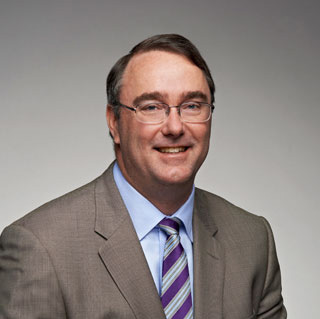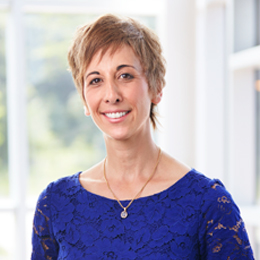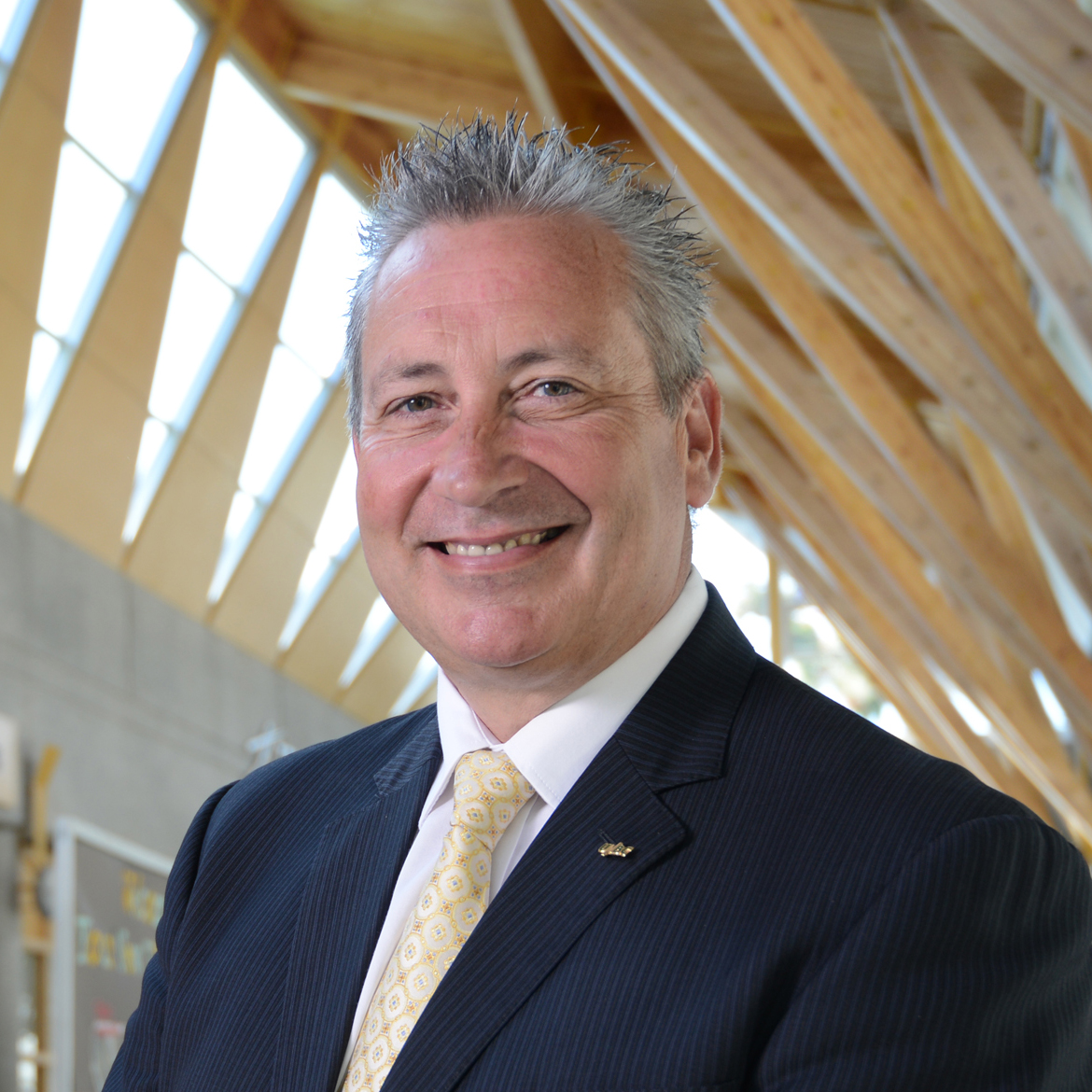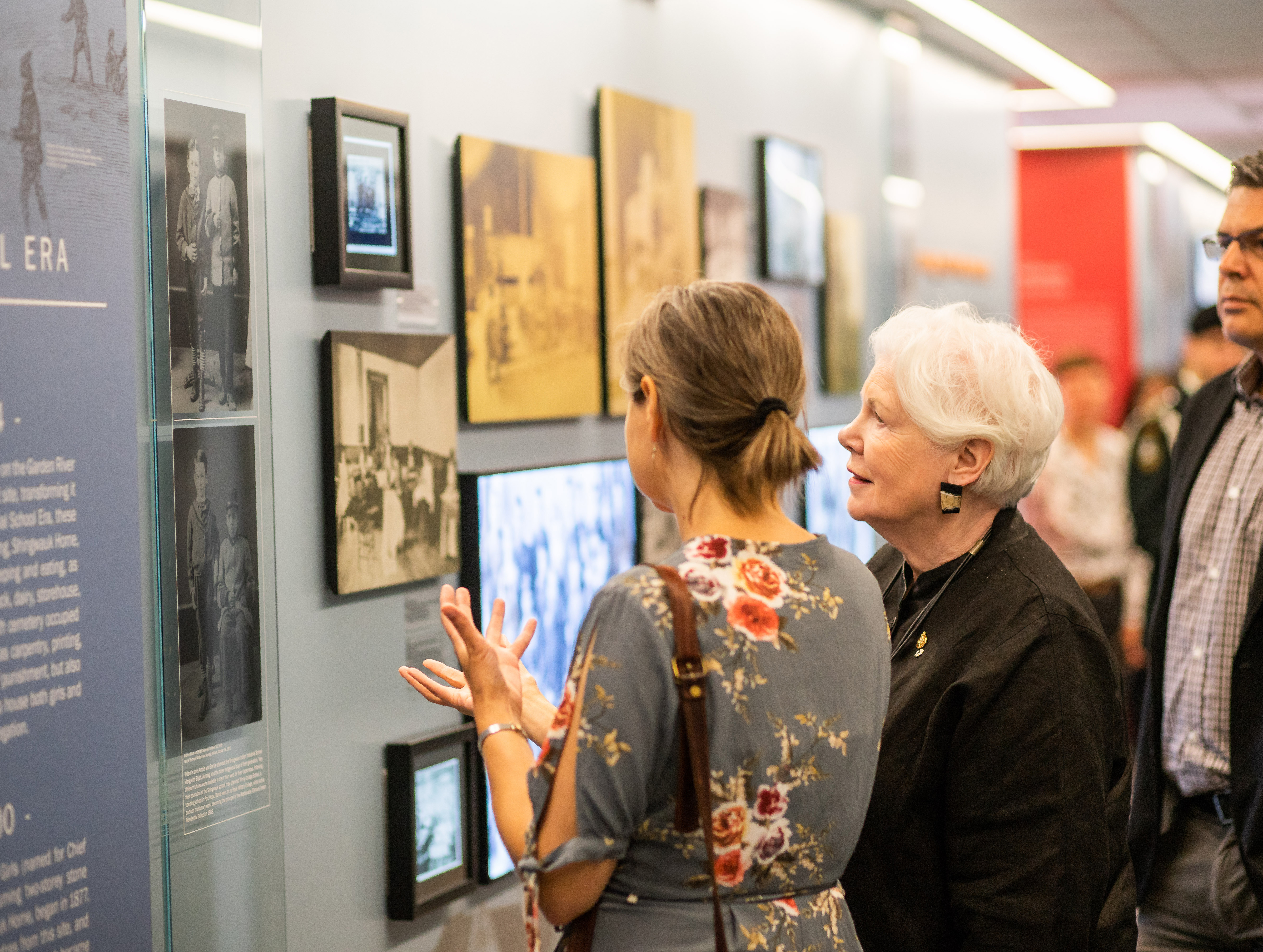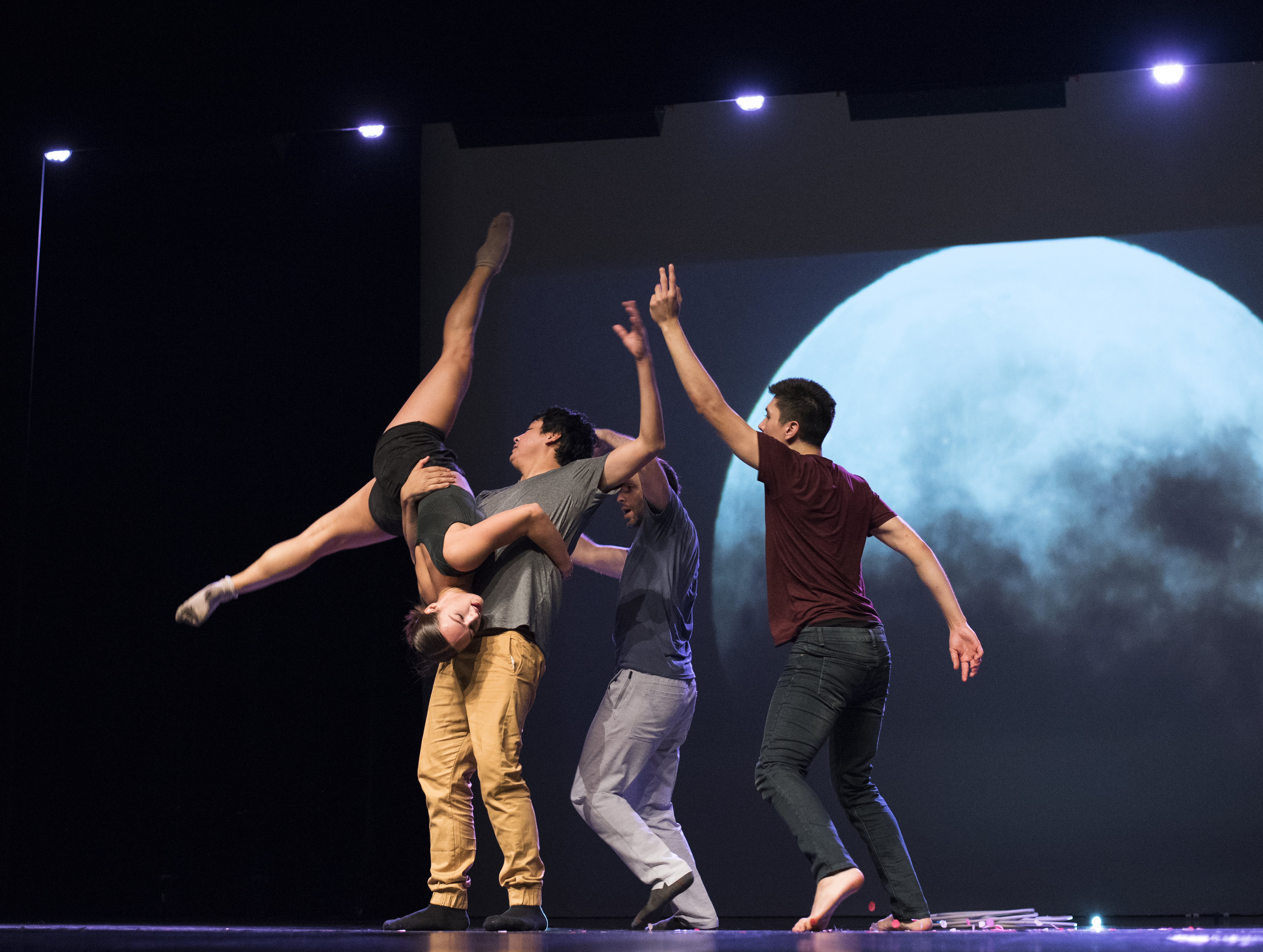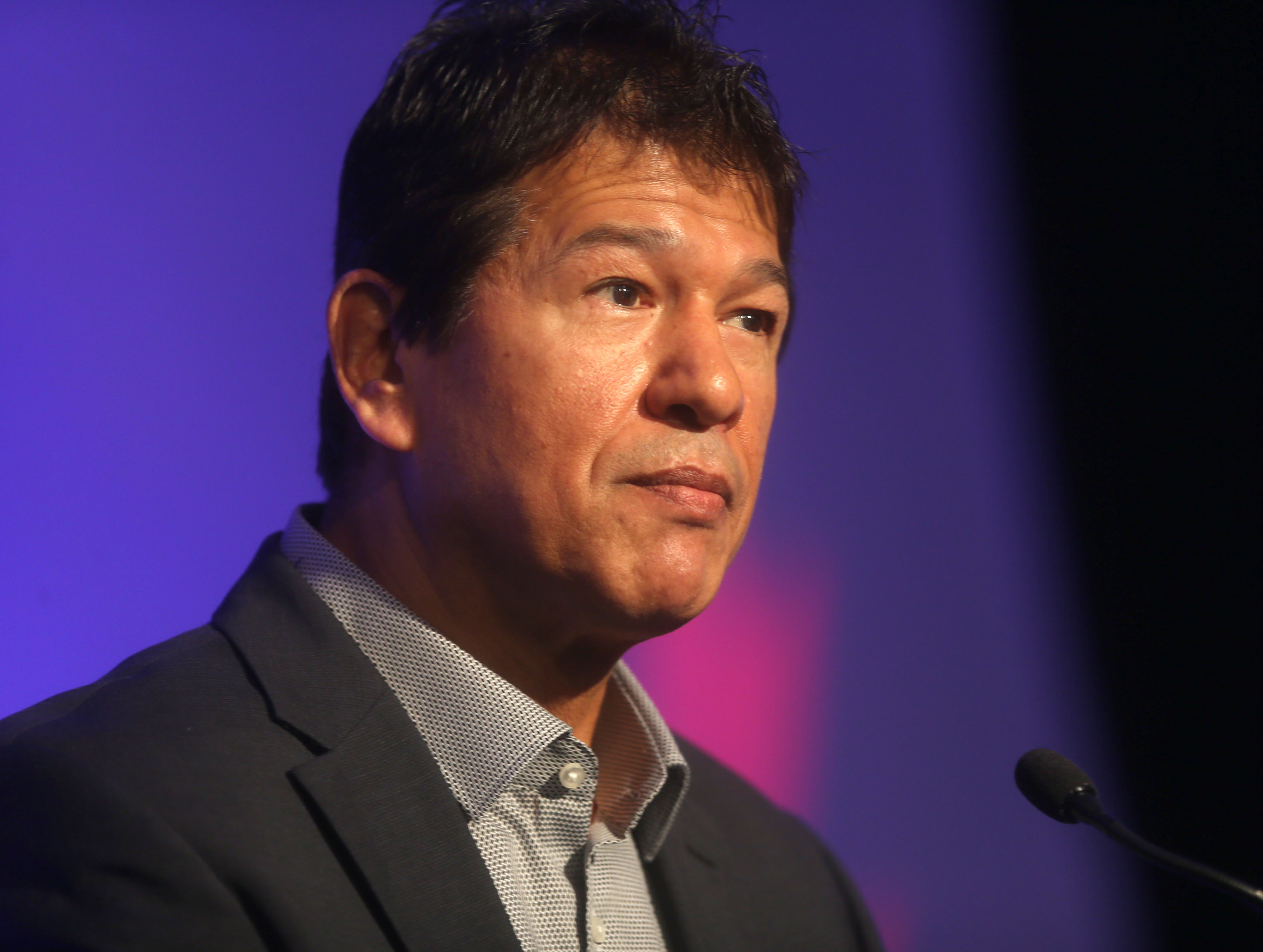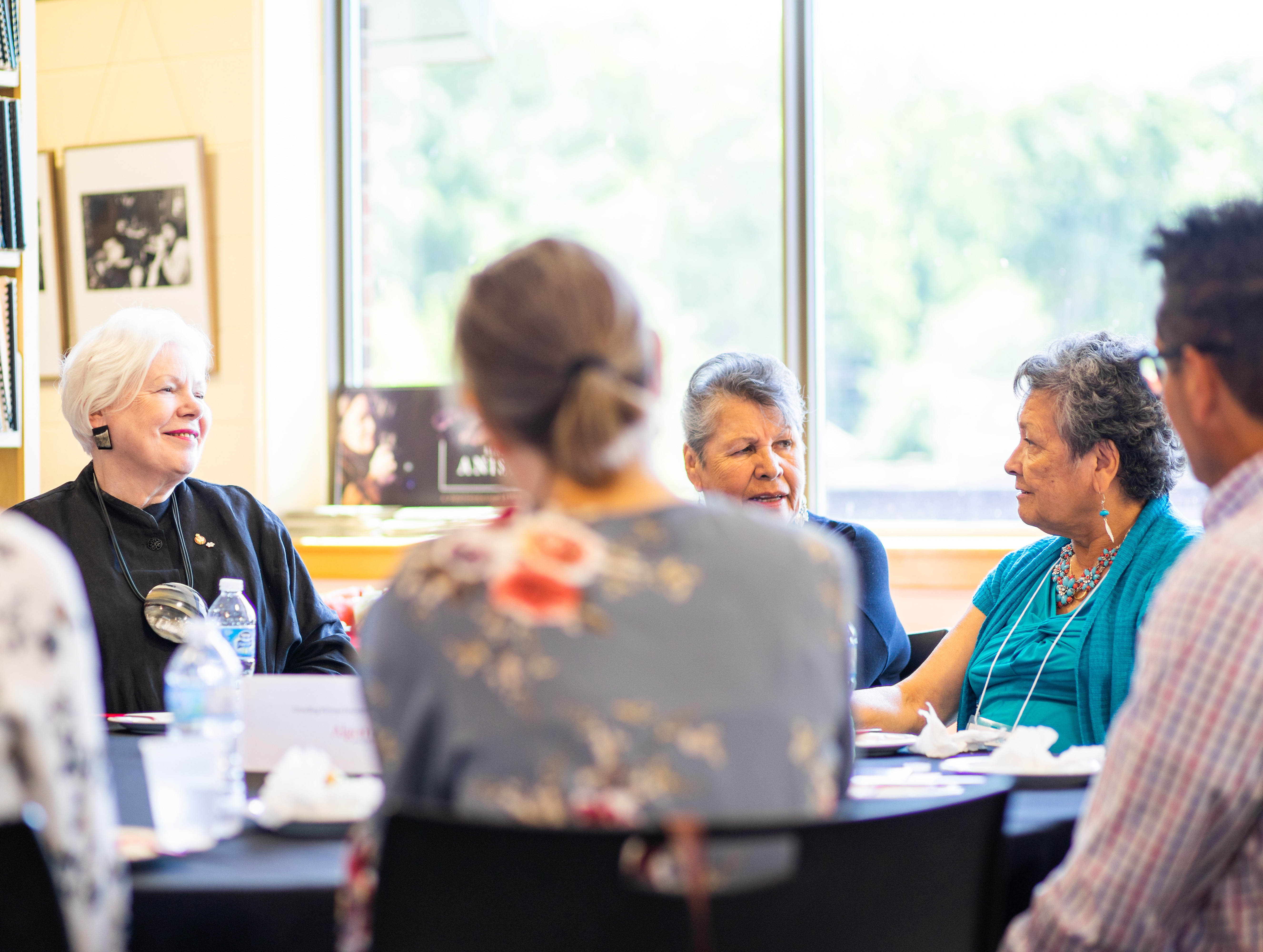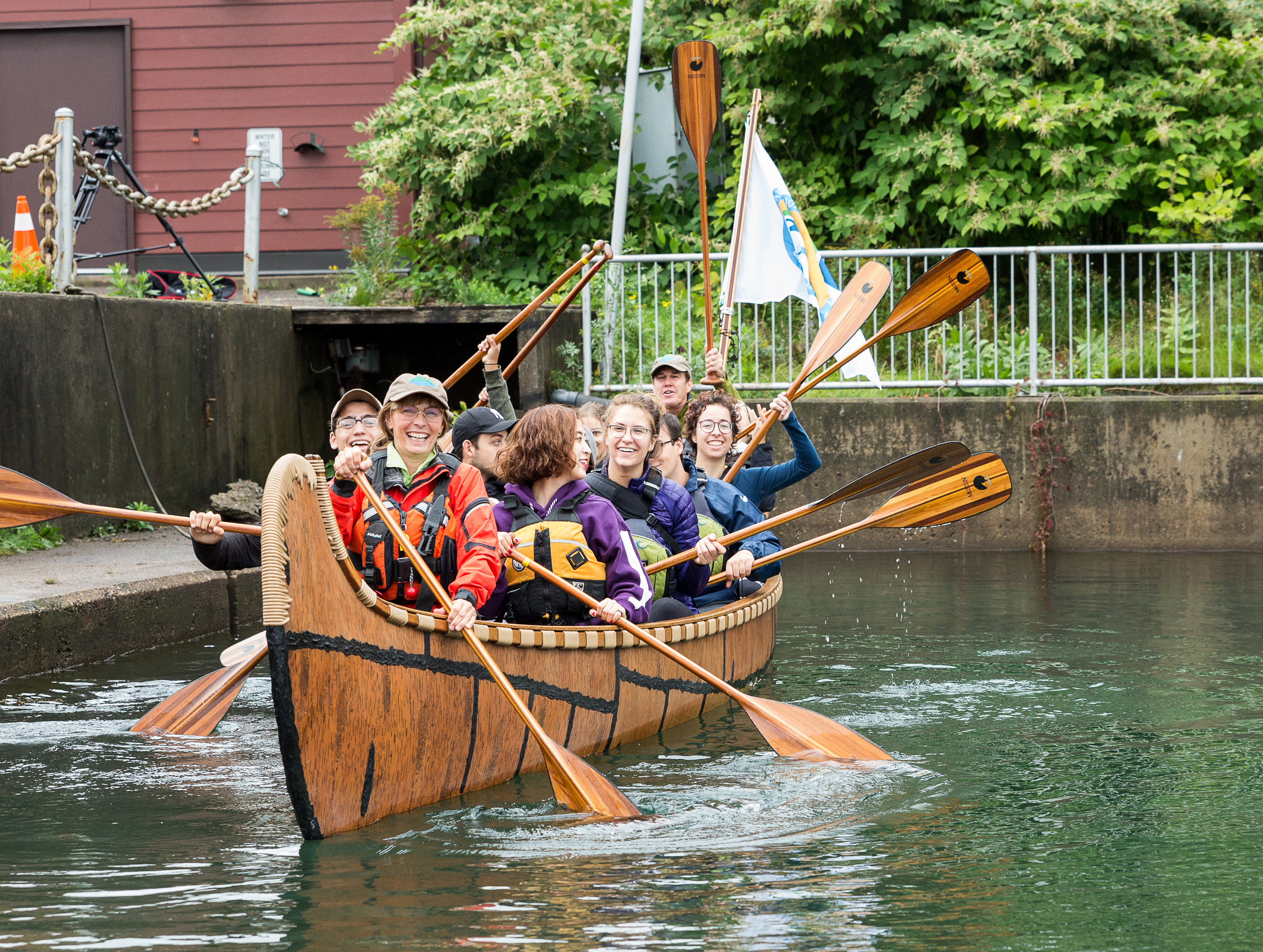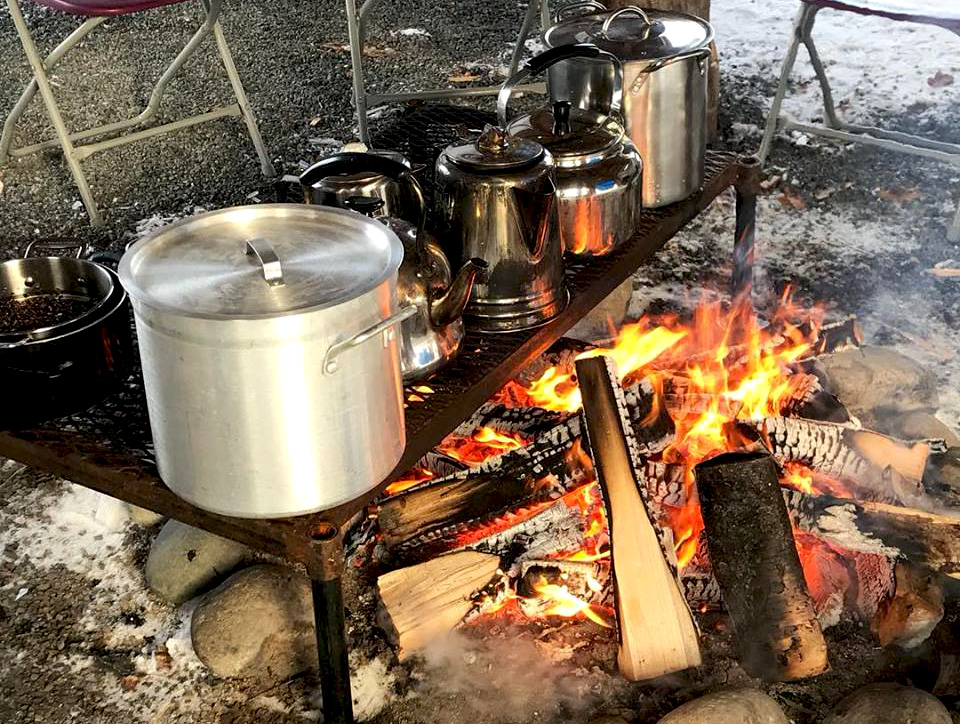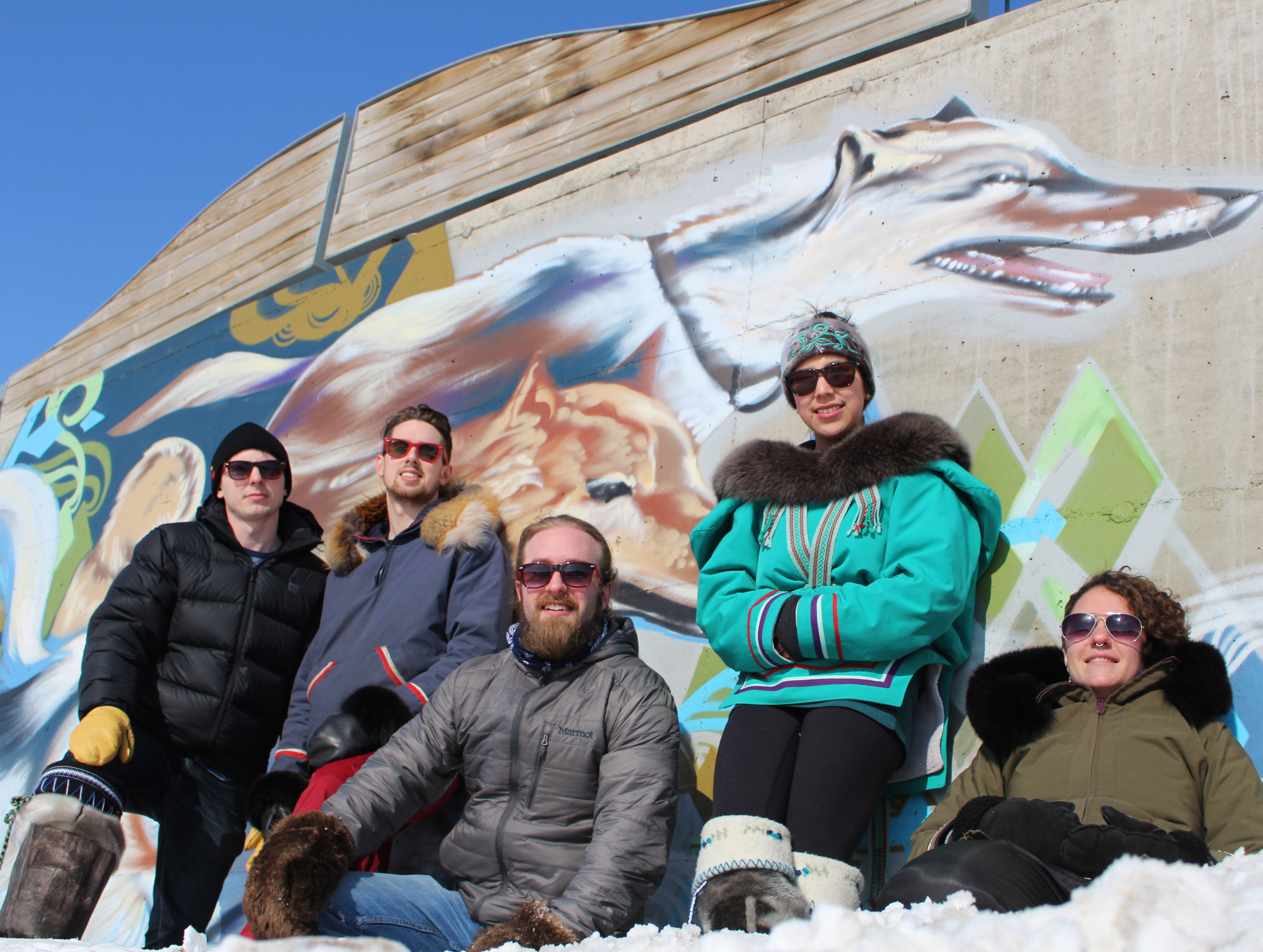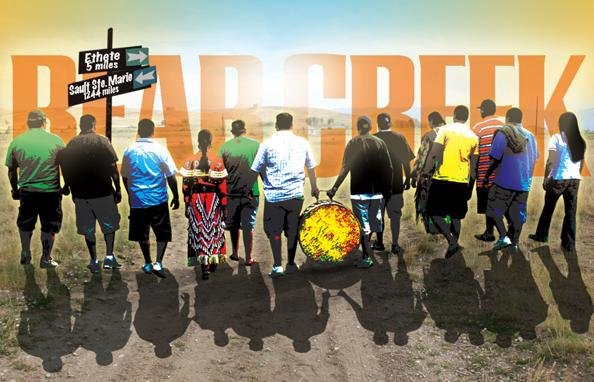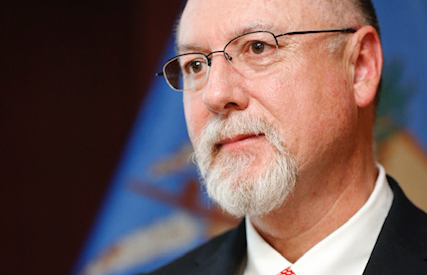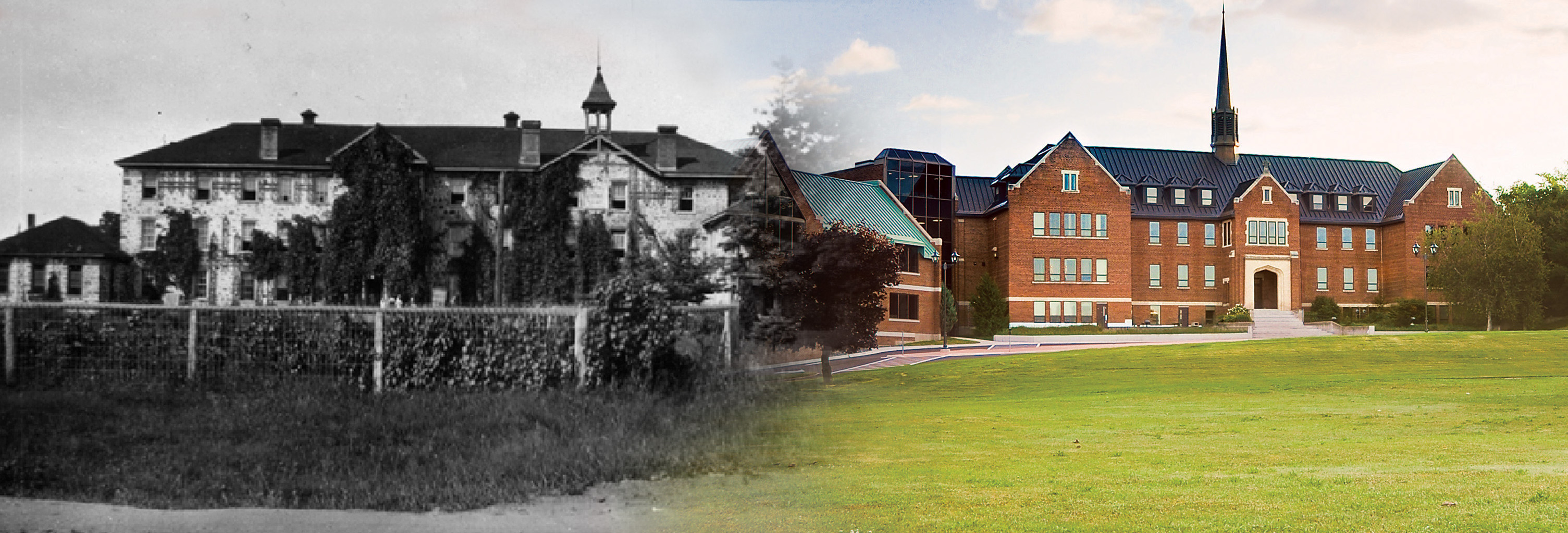
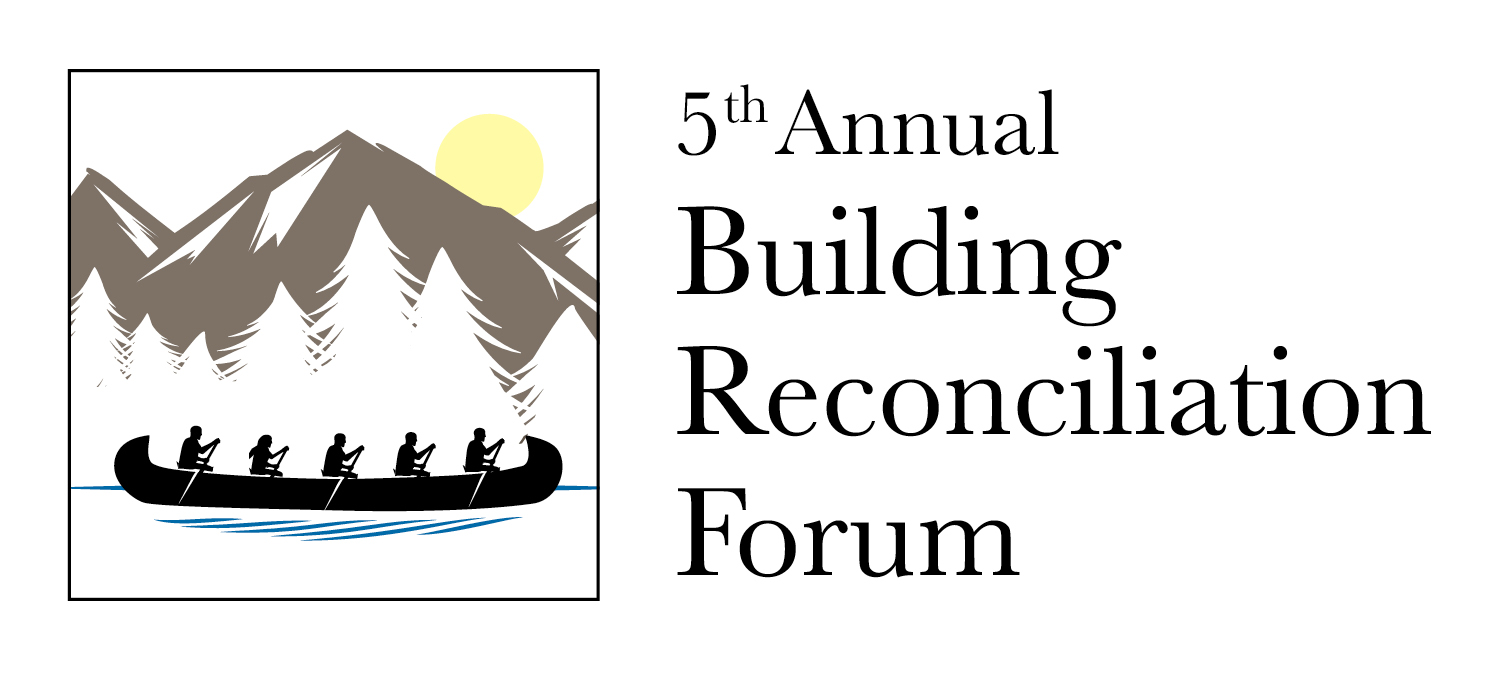
The significance of the Forum’s historic location and collaborative approach to programming truly made this an event not to be missed.
The 2019 forum was jointly hosted by Shingwauk Kinoomaage Gamig, Nipissing University, Cape Breton University, the University of Northern British Columbia and Algoma University.
The Forum took place at Algoma University in Sault Ste. Marie, Ontario, from October 8th-10th, 2019. Situated at the “Heart of the Great Lakes” in a region that has long served as a traditional gathering place of people from all different territories, tribes and cultures.
This fifth installation of the National Building Reconciliation Forum highlighted the work of institutions from across the country, as well as the unique partnership between Shingwauk Kinoomaage
Gamig, an Anishinaabe institute, and Algoma University.
Working with the host institution, Universities Canada was proud to play a coordinating role for these annual Forums on behalf of the membership to ensure ongoing momentum and national impact.
The 2019 theme was: “Working Together to Advance Healing & Reconciliation…”
Wiiji-nookiimding wii-noojmoweng, dibaajmotaading, doodamowin miinwaa debwe’endaagziwin – wii-ni-niigaaniing… (click here to listen to audio)
Find out more about all the great things that took place by viewing our Pre-Forum Agenda and Forum Agenda. Videos of forum presentations can be viewed on Algoma University’s Youtube account.
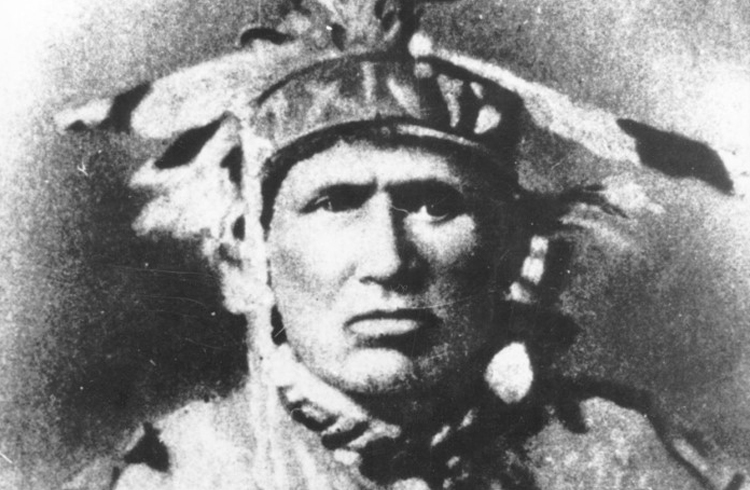
A historical site with a very special mission
The land on which Algoma University now sits was provided by Chief Shingwauk and his community for the express purpose of educating the Anishinaabe people in the way of the European people that came to this territory, while teaching the newcomers how to live in harmony with the Anishinaabe people and all of creation.
Learn MoreMeet the Speakers
Real change occurs when we get together, tell stories and share our knowledge.
Forum Speakers
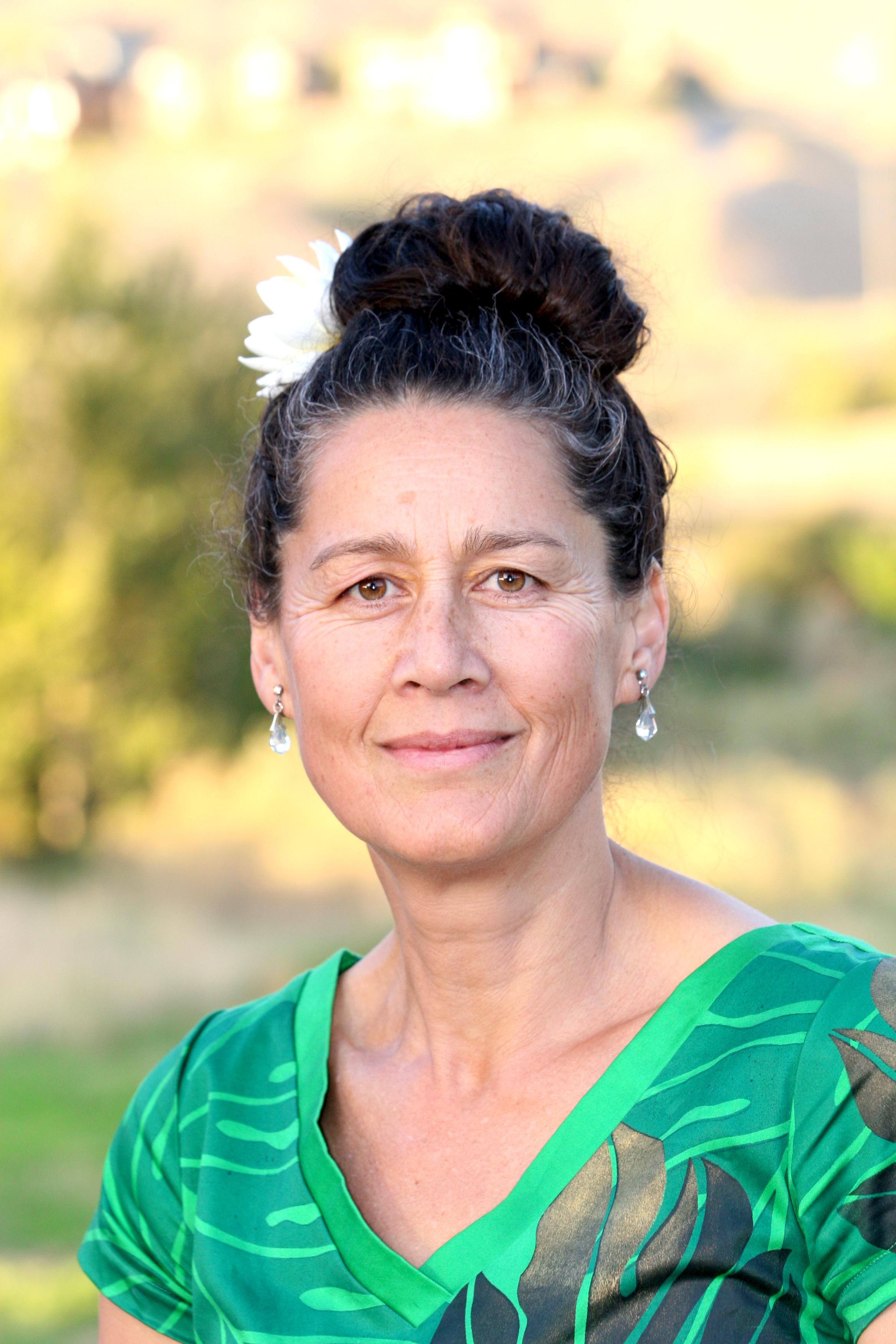
Airini
Airini, Dean, Faculty of Education and Social Work, TRU ne Secwepemcúľecw
Professor Airini is the Dean of the Faculty of Education and Social Work at Thompson Rivers University in BC. Concurrently, Airini is Adjunct Professor at Victoria University, Melbourne, and AUT University, New Zealand. A Fulbright Scholar, Airini is an award-winning researcher and educator for Indigenous people’s success at university, in both Canada and New Zealand. Airini’s research interests focus on equity in education, particularly Indigenous achievement. She currently leads the pan-TRU Coyote Project to lift Indigenous student university outcomes (all 9 Faculties and Library, International and Open Learning divisions). A former consultant to UNESCO and Pacific nations, Airini has a key role in the BC Ministry of Education’s Equity Action project for parity in outcomes for Indigenous students across the Province’s K-12 public schools (58,000 Indigenous students). Alongside colleagues Airini is part of the shared effort to build 21st century systems to close gaps in education success. Her goal is for education success for all to mean all.
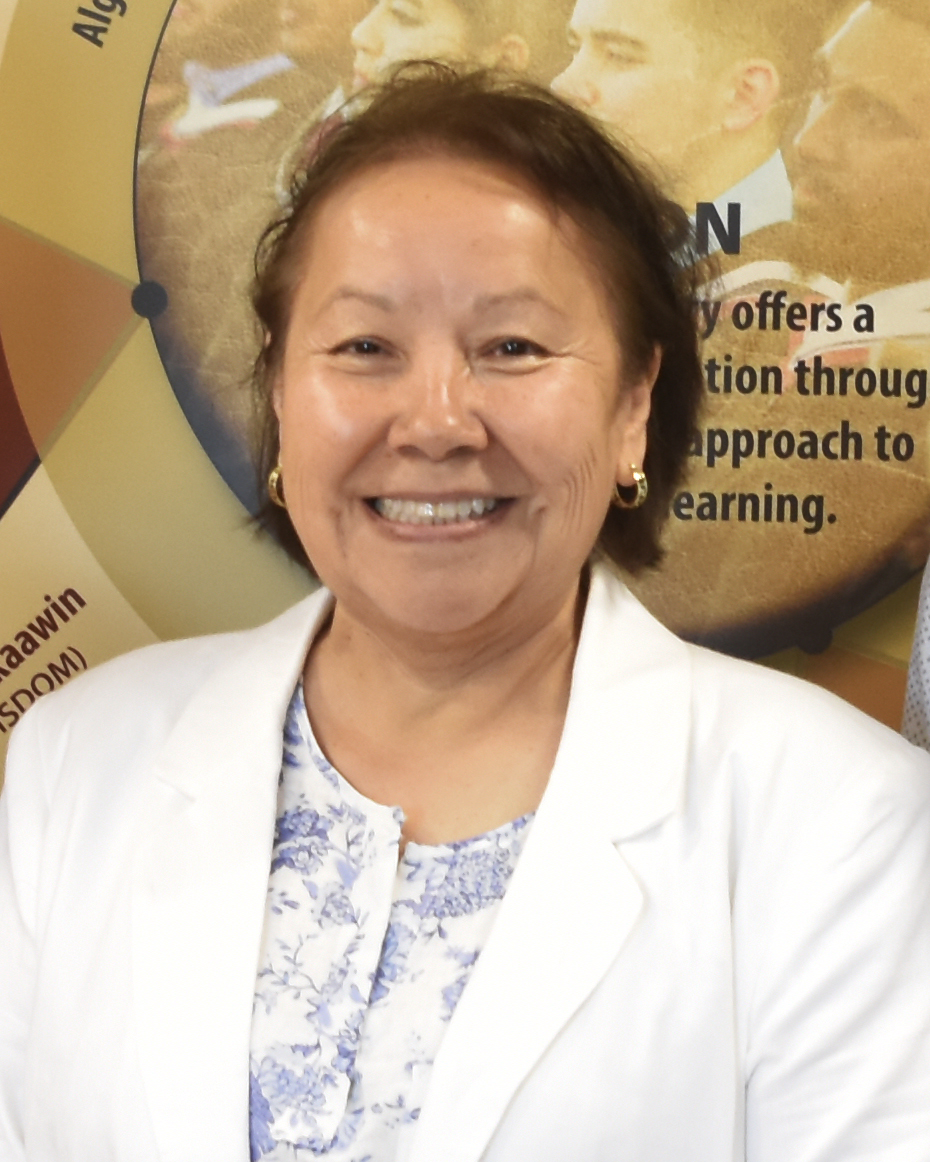
Della Anaquod
Della Anaquod is the President of Shingwauk Kinoomaage Gamig (SKG). Della is of First Nations ancestry and a member of the Muscowpetung Saulteaux First Nation. She has been an educator and she has worked in post-secondary sector for over 25 years. Her credentials include BAdmn, BA, JD, MBA, certificated mediator and Professional Director.
Della has served over ten years in several senior management positions. Previously, she was the Dean, School of Academic and Career Education for Saskatchewan Polytechnic. Della was responsible for thousands of students, a large complement of faculty and multi-million-dollar budgets, specialized programs and English language testing services. She was instrumental in SaskPoly achieving the highest Indigenous and newcomer enrollment of any post-secondary institution in Canada,
Additionally, Della served as the Chair of the Board of Governors of the First Nations University of Canada, among other entities. Over her career, she has held positions at Saskatchewan Polytechnic, Saskatchewan Indian Institute of Technologies, First Nations University of Canada and Aboriginal Financial Officers Association of Canada. Throughout her life Della has kept abreast of the issues, opportunities and challenges facing Aboriginal people in Canada.
With her background in governance, senior management, public law, Indigenous institutions and teaching, Della is at the helm of bringing Shingwauk’s vision of a teaching lodge where the students are taught in a safe learning environment whereby, they might go back and teach their own people.
Very importantly, Della is leading SKG in the promotion of Truth and Reconciliation, preservation, protection of records history, language, culture of the Indigenous people, to support Anishinaabe identity and to promote community collaboration. Along with its sister institutions in the Indigenous Institute Consortium, SKG will play an essential role in Truth and Reconciliation.

Stephen J. Augustine
Hereditary Chief Mi’kmaq Grand Council Associate Vice-President Indigenous Affairs and Unama’ki College, Cape Breton University, Nova Scotia
Currently Stephen Augustine is the Associate Vice-President Indigenous Affairs and Unama’ki College at Cape Breton University (CBU). Until July 2016 Stephen Augustine was Dean of Unama’ki College and Aboriginal Learning at CBU. Previously (1996-2013) he was the Curator of Ethnology for Eastern Maritimes, Ethnology Services Division of the Canadian Museum of Civilization, in Gatineau/Ottawa. He holds a Masters degree in Canadian Studies from Carleton University (Ottawa) focussing on traditional knowledge curriculum development in the context of the education system. He obtained a B.A in Anthropology and Political Science from St Thomas University (N.B) in 1986.
Over the years, Mr. Augustine has shared his expertise in research and traditional knowledge with many organizations, including government departments, the Assembly of First Nations, and various Aboriginal communities across Canada. He is part of an advisory panel on biodiversity issues and has worked extensively with the United Nations programs on development and the environment. He has taught sessional courses in Canadian Studies at Carleton University for ten years (course: Aboriginal Peoples and the Knowledge Economy) and recently has taught in Mi’kmaq Studies (courses: Mi’kmaq Traditional Knowledge, Mi’kmaq Oral History, Mi’kmaq Knowledge Economy, and Learning from the Knowledge Keepers of Mi’kma’ki). He has been invited as guest speaker at national and international conferences. He has published papers, been recorded for radio programs and various video programs on traditional knowledge, Maritimes history and treaties, and storytelling. He has organized cross-cultural workshops and made presentations to a wide variety of institutions (U.N., federal and provincial departments, universities, museums, UNESCO and The Vatican). His book on the CMC collections (Mi’kmaq & Maliseet Cultural Ancestral Material, Mercury Series, CMC, 2005) has proven a valuable resource for academic researchers and educators alike.
He has been accredited as an expert witness in various court cases, involving Aboriginal access to resources in the Maritimes, being recognized for his knowledge both of oral history and ethno-history, and of the treaties in the region. He has recently been named the recipient of the 2009 National Aboriginal Achievement Award for Culture, Heritage and Spirituality and the 2009 New Brunswick Lieutenant- Governor’s Dialogue Award. He has also been named (fall 2008) member of the Sectoral Commission for Culture, Communication and Information for the Canadian Commission for UNESCO. He has been Elder Advisor to the Federal Court of Canada Judges, the Truth and Reconciliation Commission and the Human Rights Commission of Canada. In his role as a hereditary Chief on the Mi’kmaq Grand Council and by Elders’ training since an early age, Stephen J. Augustine has a thorough command of traditional practices, his language and the history of his people.
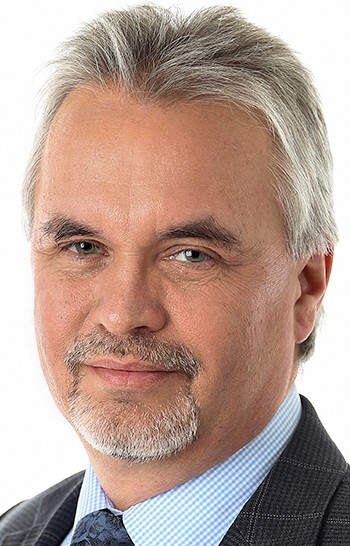
Dr. David Barnett
The Provost and Vice President, Academic serves as Lakehead University’s Chief Operating Officer (COO) and Chief Academic Officer (CAO). As Lakehead’s senior Vice-President, represents Lakehead at councils, meetings, and conferences. The Provost also takes the lead on implementing strategic priorities – such as international recruitment and institutional internationalization – and leads and manages external relationships and partnerships with other universities, colleges, and institutes.
As Chief Operating Officer, the Provost works in close collaboration with the President to ensure the integration of internal and external priorities, initiatives, and operations. A key aspect of this role revolves around leading effective internal institutional planning and ensuring that decision management and assessment processes are in place and functioning well. Other roles the Provost holds as CEO include Vice-Chair of the Executive Team Working Group, Vice-Chair of Senate and President’s designate in her absence.
The Provost, in the capacity of Chief Academic Officer, leads the direction of Lakehead’s academic mission and priorities, academic decision-making processes, and promotes institution-wide collegiality and cooperation. This encompasses developing and implementing the Academic Plan, allocating academic resources, leading implementation plans, and ensuring that academic budgets reflect academic priorities.
Fostering excellence and innovation in Teaching, Learning, and Technology, Student Support Service, External Ministry Reporting and Compliance, and Academic Program Quality Assurance and Accreditations are key CAO responsibilities. In addition, the Provost ensures that all academic units contribute to the success of Lakehead students and the University, that student services meet student needs, and that academic programs remain relevant and offer high-quality instruction.
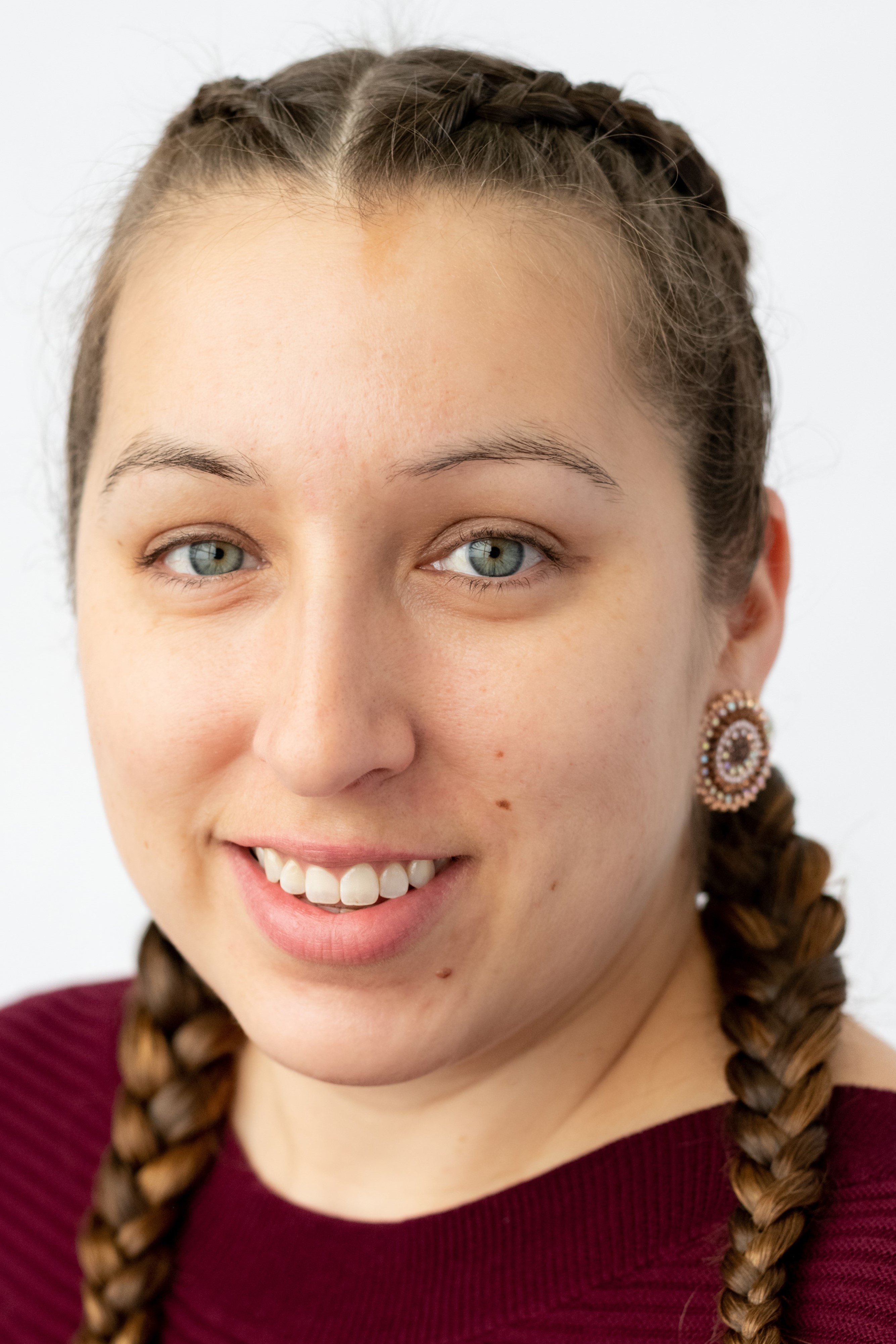
Janice Basque
Janice Basque is a Mi’kmaw born in We’ko’maq, today her and her husband raise their children in Membertou. Education and extra curricular activities have always been an important part of their lives, and they continue these teachings with not only their children but also the First Nation youth that they have had the opportunity to work with. One of her favorite things to do is spending time with her family whether it is relaxing at home or going on outings. Janice has obtained her degrees from Cape Breton University, and she is currently working on completing her MBA in Community Economic Development. As an Enrolment Services Specialist – Indigenous Student Success at Cape Breton University, Janice works closely with the Indigenous students with the main goal of helping students achieve their goals and to encouraging them to continue with their education.
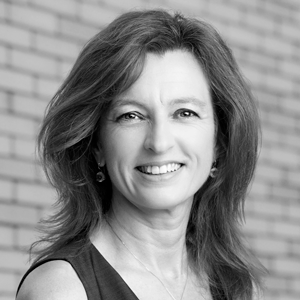
Dominique Bérubé
Vice-President, Research Programs
Dominique Bérubé was appointed vice-president, Research Programs, at SSHRC in October 2015 and is responsible for the agency’s programs supporting research in Social Sciences and Humanities, as well as the suite of Tri-agency Institutional Programs, including the Canada Research Chairs, the Canada Excellence Research Chairs, the Canada 150 Chairs, the Canada First Research Excellence Fund, the Research Support Fund as well as the New Frontiers in Research Program.
Prior to joining SSHRC, Dominique worked at the Université de Montréal, beginning in 2007. There, she held a variety of positions, including Acting Vice-rector, Research; Associate Vice-rector, Research; and executive director, Research Services and Commercialization.
Dominique holds a doctorate in environmental sciences from the Université du Québec à Montréal and a master’s and bachelor’s degree from the École Polytechnique de Montréal.
Vice-présidente, Programmes de recherche
Dominique Bérubé a été nommée vice-présidente des Programmes de recherche, au CRSH, au mois d’octobre 2015 ; elle est responsable de l’ensemble des programmes du CRSH soutenant la recherche en sciences humaines et sociales. Elle est également responsable des programmes interorganismes à l’intention des établissements, soit les Chaires de recherche du Canada, les Chaires d’excellence de recherche du Canada, les chaires Canada 150, le programme Apogée, le Fonds de soutien à la recherche et le nouveau Fond Nouvelles Frontières en Recherche
Avant d’accepter son poste au CRSH, Dominique travaillait à l’Université de Montréal depuis 2007. Elle y a occupé divers postes, notamment celui de vice-rectrice par intérim à la recherche, à la création et à l’innovation, de vice-rectrice adjointe à la recherche et de directrice générale du Bureau Recherche-Développement-Valorisation.
Dominique possède un doctorat en sciences de l’environnement de l’Université du Québec à Montréal et une maîtrise et un baccalauréat de l’École polytechnique de Montréal.
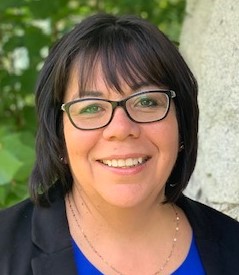
Beverly Best
Beverly Best, BA, Bed, MA. is from Stellat’en First Nations, Frog Clan and the daughter of a Residential school survivor. Bev moved to Prince George, BC in 2006 to pursue her elementary teaching degree. She currently is the Manager; Aboriginal Student Engagement at the University of Northern BC. Bev is a life long learner and educator. Bev has a Masters degree in First Nations Studies with a focus on Aboriginal education, which is her passion and goal in life, working towards reconciliation and equality for Aboriginal peoples. Bev is currently in her first year of the degree, Masters in Business Administration at UNBC.
Workshop: UNBC’s Journey to Aboriginal Student Leadership (Campus Cousins)
What is it? The Campus Cousins program is an Aboriginal Student Leadership program that helps to support the development of Aboriginal student leaders and allies at UNBC. The program’s primary goal is to improve the quality of life for First Nations, Metis and Inuit students at UNBC while building community connections on campus through events and partnerships.
Share in the journey of how we developed this new and exciting leadership program, lessons learned and successes.

Michael Cachagee
Michael Cachagee is a member of the Chapleau Cree First Nation and one of the founding members of the Children of Shingwauk Alumni Association. He is conversant in his Cree language and has working knowledge of Oji-Cree and Nishnawbe. Having previously attending two other Indian Residential Schools in the province he was moved to the Shingwauk Indian Residential School as a young man to attend high school in the city of Sault Ste. Marie. He would return later in his life to attend classes as an adult student at Algoma University College and Laurentian University in Sudbury where he attained a B. A. Hons. (Political Science) and is also holder of a number of Inter-Provincial Trade Certifications.
Mike has been involved in First Nation politics for well over twenty five years and has served in a number of related capacities such as being the Chief in his community of Fox Lake, the lead negotiator in First Nation’s Treaty Land Entitlement claim, a member of the Governance and Education negotiating team for Nishnawbe Aski Nation (NAN) and political advisor to the Grand Chief of Nishnawbe Aski Nation. He continues to work for NAN in the role as their representative in the tri-lateral Treaty Discussion Forums and is often sought out as an “expert” in related native political issues. Mike has worked as the Native Student Advisor with AUC and has also served as the Dean of Native Studies at Confederation College in Thunder Bay. He has also served two terms as president of the Sault Ste. Marie Indian Friendship Center and was a lead in the formative years when these centers were being established across Canada.
His recent activities have seen Mike involved in the move to seek a settlement in the form of the Indian Residential School Settlement Agreement which became official as of September 19th 2007. He is the president of the National Residential School Survivors Society and has been recognized nationally for his work in the area of healing and reconciliation amongst his peers who had attended the schools across Canada. He is also the coordinator of the Health Support System for the province of Ontario and continues to assist former students that require emotional support as they deal with their residential school experiences.
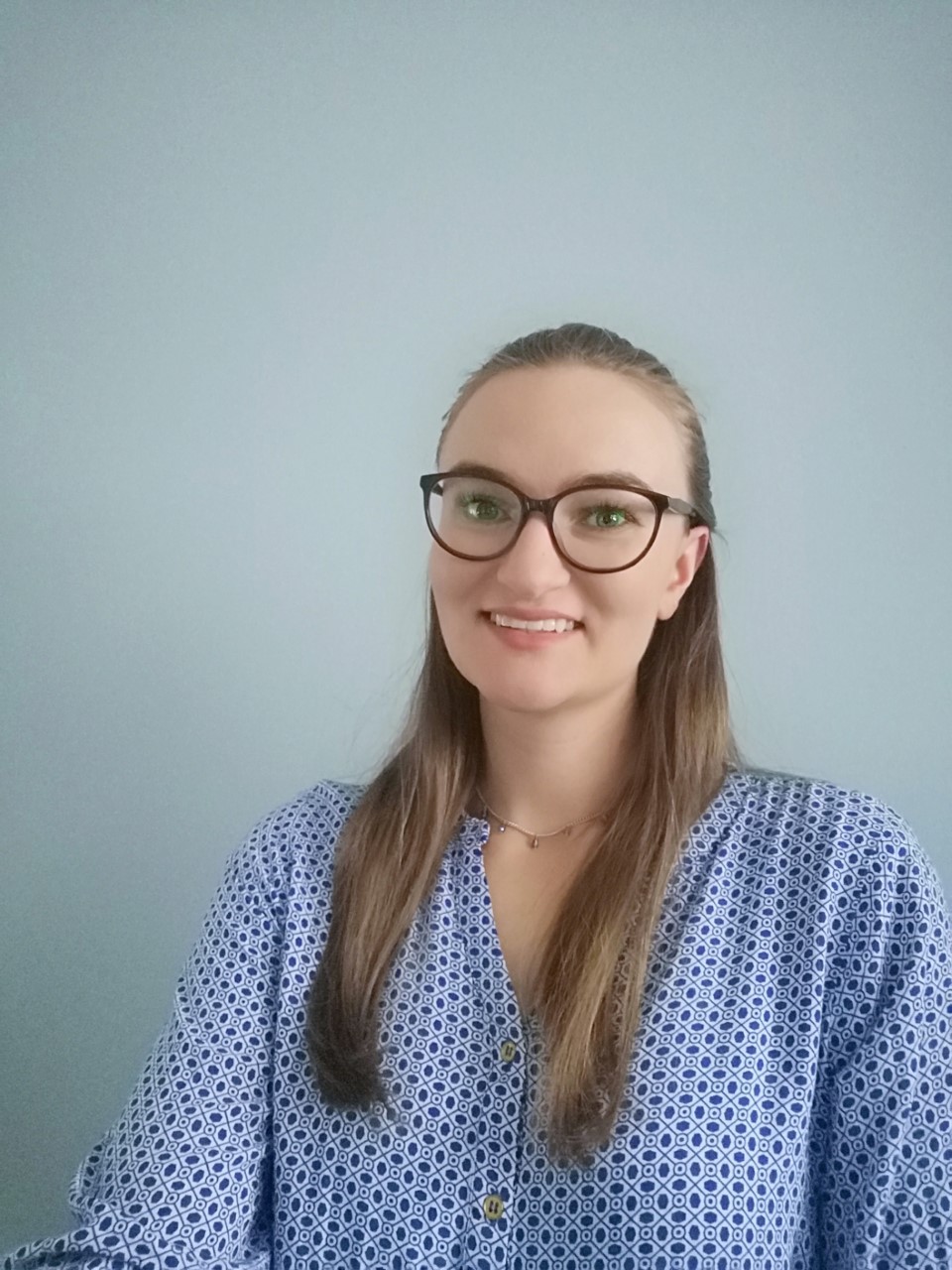
Samantha Case
My name is Samantha case. I am Métis from the Historic Sault Ste. Marie community and currently sit as Secretary on our community council. Our floral beadwork is an important part of our cultural identity, I started beading at the age of eleven on a loom I made of popsicle sticks and hot glue and have been working on my craft ever since.
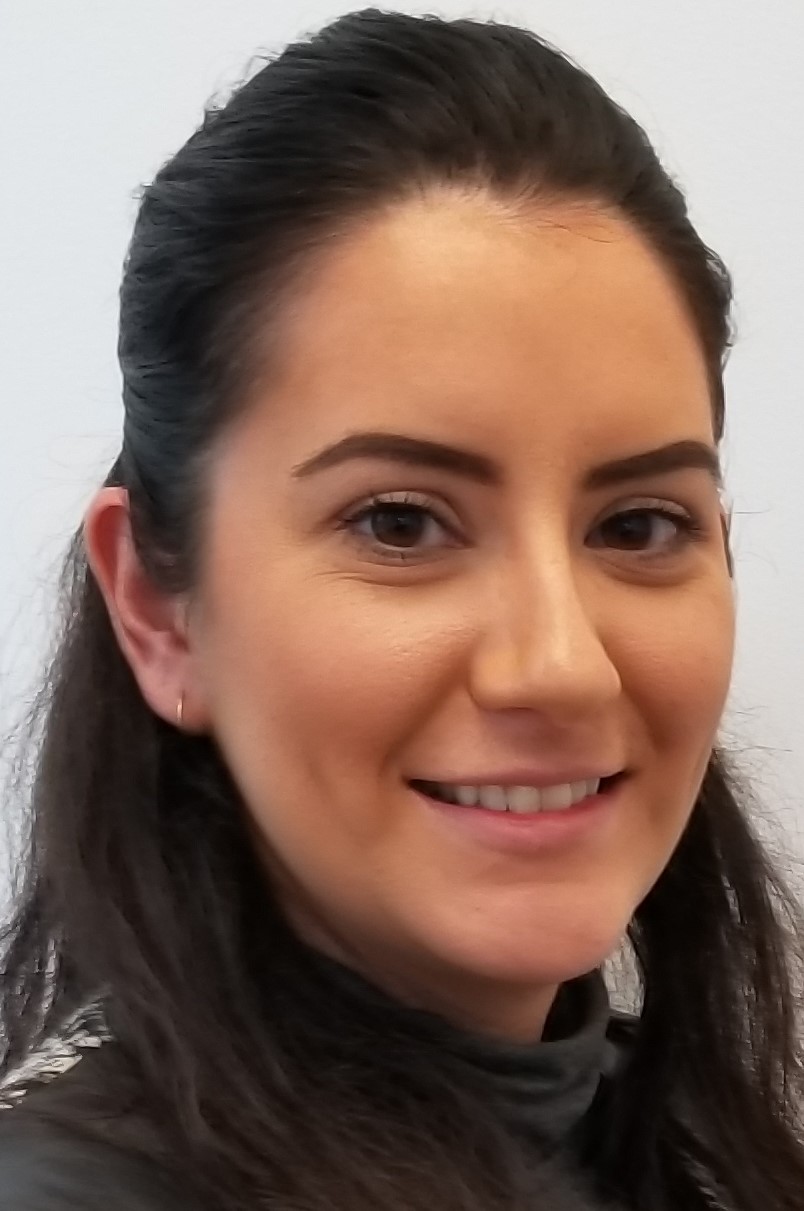
Jana Chouinard
Jana Chouinard is from the Onion Lake Cree Nation, Saskatchewan in Treaty 6 Territory. She was raised in Cook’s Ferry of the Nlaka’pamux Nation in Spences Bridge, BC. Jana has worked closely with Tkémlups te Secwépemc near Kamloops in various capacities over the last 8 years—most recently as a legal researcher for the Day Scholars Class Action. She has worked with TRU’s Indigenous Education Department as the Cultural Coordinator, as well as with the Faculty of Education & Social Work as Coordinator and Junior Editor for Knowledge Makers, while continuing her education journey at TRU’s Faculty of Law. In 2018 Jana was awarded the George Erasmus Indigenous Student Law Bursary in recognition of her significant involvement with Indigenous communities, organizations and leadership. She is passionate about restorative practices, reducing recidivism of Indigenous offenders, and enhancing access to justice for all.
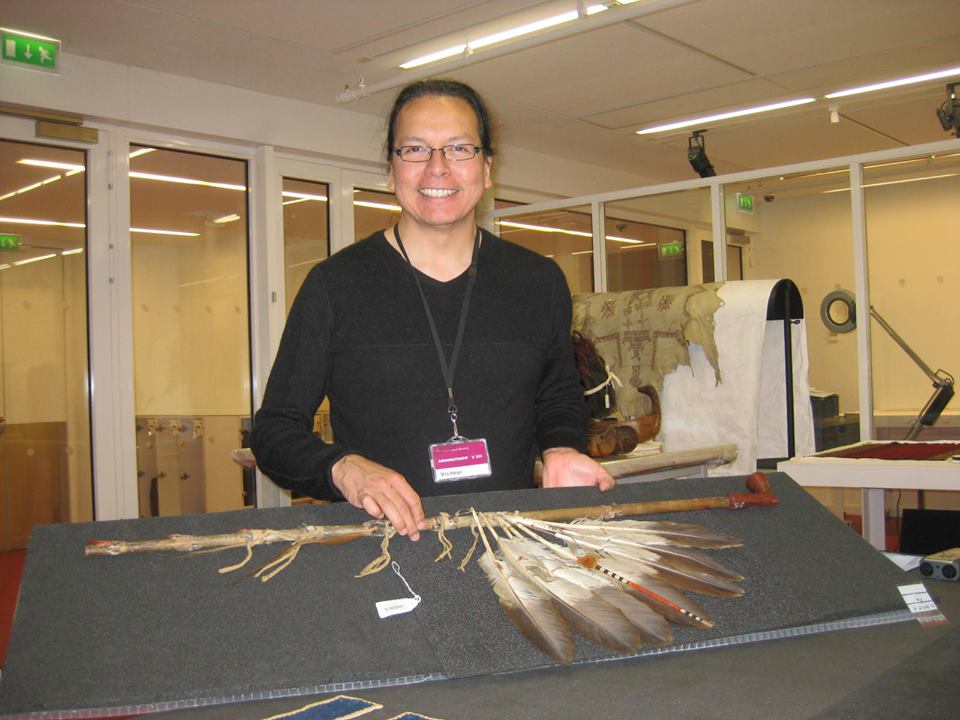
Alan Ojiig Corbiere
Alan Ojiig Corbiere, Bne doodemid (Ruffed Grouse clan), is an Anishinaabe from M’Chigeeng First Nation on Manitoulin Island. He was educated on the reserve and then attended the University of Toronto for a Bachelor of Science, he then entered York University and earned his Masters of Environmental Studies. During his masters studies he focused on Anishinaabe narrative and Anishinaabe language revitalization. For five years he served as the Executive Director at the Ojibwe Cultural Foundation (OCF) in M’Chigeeng, a position which also encompassed the roles of curator and historian. He also served as the Anishinaabemowin Revitalization Program Coordinator at Lakeview School, M’Chigeeng First Nation, where he and his team worked on a culturally based second language program that focused on using Anishinaabe stories to teach language. He is currently entering his third year of the Doctorate program in History at York University.
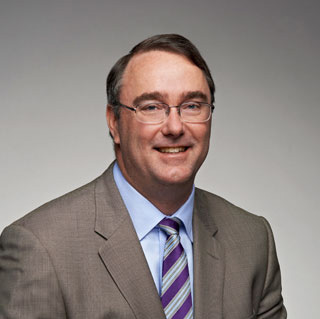
Paul Davidson
Paul Davidson has played leadership roles in government, the private sector and the voluntary sector for over 25 years. He joined Universities Canada in May 2009 as President and CEO, where he has led a process of organizational renewal and greater member engagement. In addition to increases in research funding, Mr. Davidson has achieved increased resources for campus internationalization and increased attention to issues of access and success for aboriginal students. Mr. Davidson has been named both a “top lobbyist” in Ottawa and a “top foreign policy influencer.”
Prior to joining Universities Canada, Mr. Davidson was the executive director of World University Service of Canada (WUSC) a leading international development agency active on 70 campuses across Canada, and 17 countries overseas. Mr. Davidson also held senior positions in Canadian book publishing including five years as executive director of the Association of Canadian Publishers. In the early 1990s, Mr. Davidson led the Toronto office of a prominent government relations firm after having served as a political advisor to Ontario’s Leader of the Opposition, Treasurer and Deputy Premier. Mr. Davidson holds an MA from Queen’s University where he studied southern African history, and a BA from Trent University, where he was in the first class of the Trent International Program.

Dr. Eric Davis
Dr. Eric Davis served as Provost and Vice-President, Academic at the University of the Fraser Valley from 2009-2019. He is currently Special Advisor to the President, with a current focus on recruitment and retention of Indigenous faculty and staff. Originally from Montreal, Dr. Davis holds BA and MA degrees from Concordia University and a PhD from the University of Sussex (England). He has held academic positions in History or Liberal Arts Departments at Concordia, McGill, and Memorial University of Newfoundland.
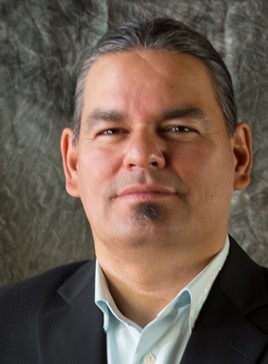
Isadore Day, Wiindawtegowinini
Isadore Day, Wiindawtegowinini, is an Anishinabe from Serpent River First Nation. He and his fiancé Angela Trudeau raise their children on the North Shore of Lake Huron in their home community of Serpent River First Nation. They have three cats and a hamster named Bella. They both aspire to contribute their efforts to community and nationhood through higher learning and culture.
A former Regional Chief of Ontario, Lake Huron Region Grand Chief, and Vice Chair of the North Shore Tribal Council, he has served 15 years as an elected leader for First Nations and has handled various high-level policy files. Prior to leadership, Isadore gained his bearings for helping people in the social work field, specifically in addictions for 7 years prior to his work in First Nation leadership. He thrives on witnessing Indigenous Youth succeed, because he knows that this is evidence that we are in fact ‘breaking multi-generational cycles.’
Isadore is the founder and CEO of Bimaadzwin, an organization dedicated to advancing Nationhood at the grassroots and government levels. A foundational belief among his team is that First Nations must assert sovereignty and land rights, and responsibilities to protect that land for future generations in order to create ‘indigenous’ prosperity.
Isadore has been involved in various boards and committees; at both regional and national levels over the past two decades while remaining a strong grassroots visionary. With a background in Social Sciences, Business, Public Administration and Governance – he is a firm believer, from the context of Indigenous higher learning, that education that is culturally rooted and bridged into mainstream disciplines, is an important key to successful reconciliation.
His most personably noted accomplishment was repatriating First Nation Children back to his First Nation from mainstream foster care systems. Isadore has been an energy policy leader, community developer, and a tireless advocate for First Nation inherent and treaty rights.
At the national level, he was the chair of the Assembly of First Nations’ Chiefs Committee on Health, and co-chair of the AFN Task Force on Cannabis. Isadore continues to promote First Nation health and wealth outcomes as indicators of real Reconciliation and nationhood in action.
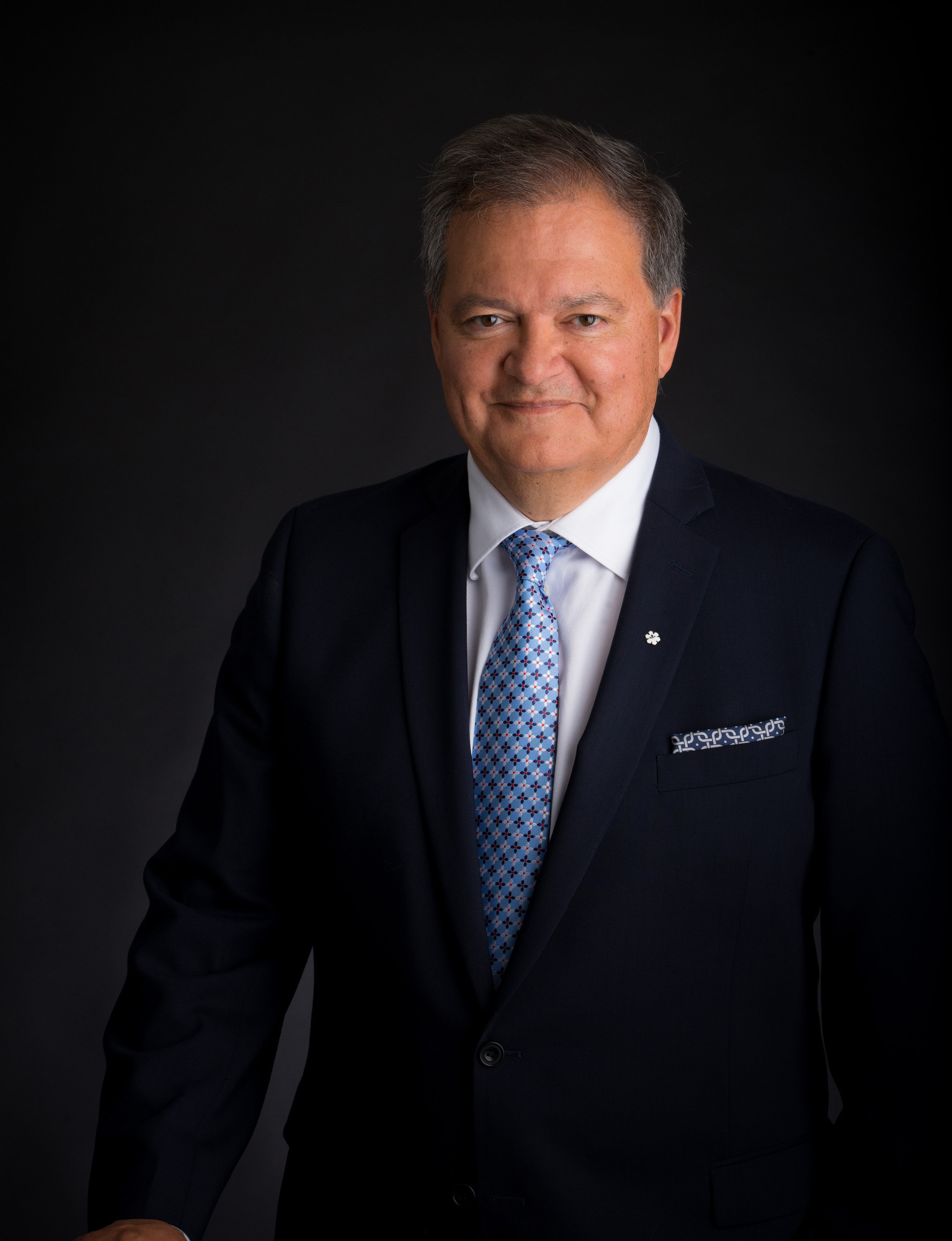
Dr. Mike DeGagné
Mike DeGagné is the sixth President and Vice-Chancellor of Nipissing University. His career includes work with the federal government in management of Aboriginal programs and as a negotiator of comprehensive claims. Most recently he served as the founding Executive Director of the Aboriginal Healing Foundation, a national organization that addressed the legacy of Indian Residential Schools. He has served on numerous Boards of Directors in the health and university sectors including as Chairman of Ottawa’s Queensway Carleton Hospital and Chairman of the Child Welfare League of Canada. Dr. DeGagné has a PhD in Education focusing on Aboriginal post-secondary success from Michigan State University and Masters degrees in Administration and Law. He lectures nationally and internationally in the areas of Indigenous governance and reconciliation. He is a recipient of the Order of Canada and the Order of Ontario as well as the Queen’s Diamond Jubilee Medal. In 2018, he received an Honorary Doctor of Law from the Schulich School of Law at Dalhousie University and an Indspire Award for Public Service.
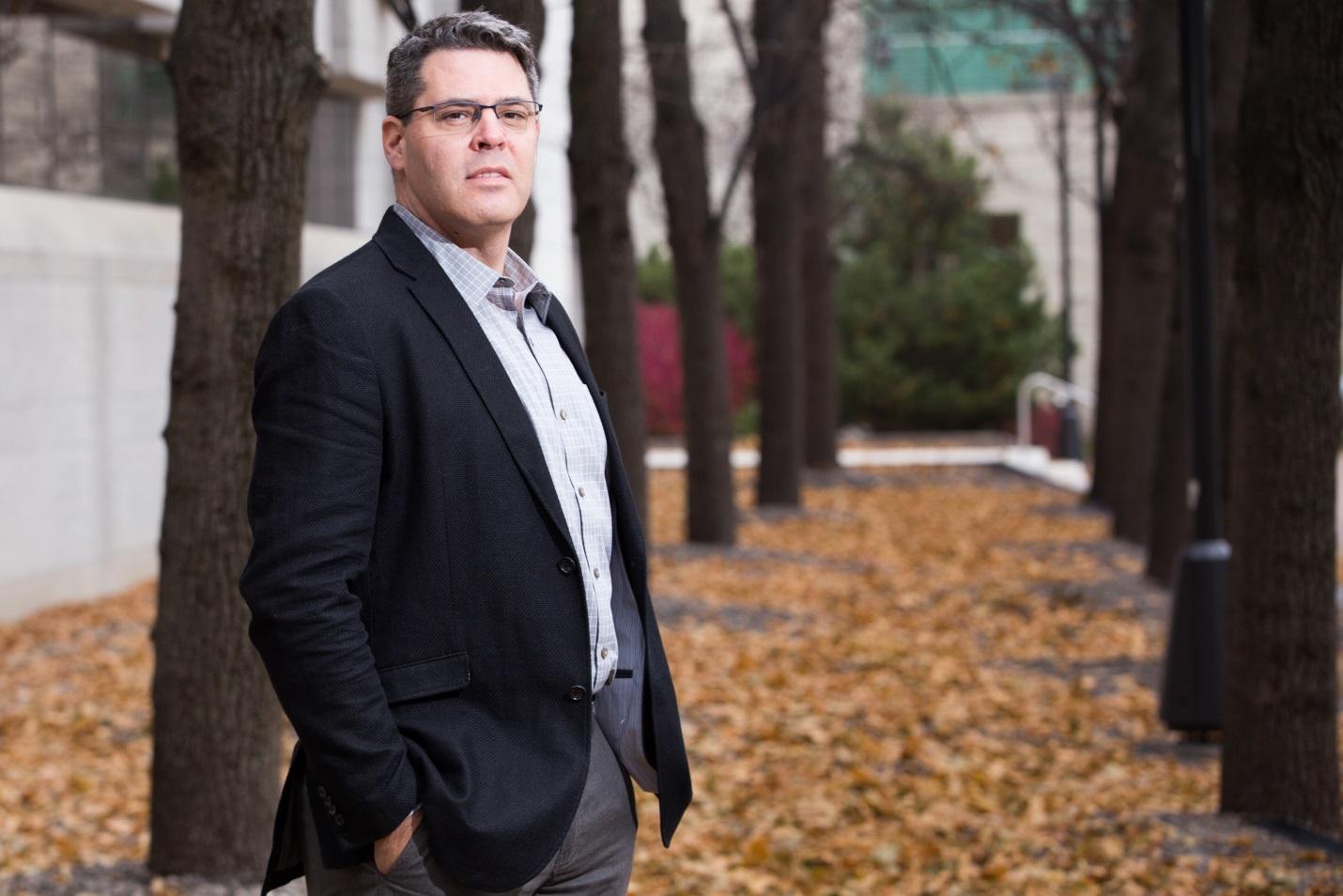
D. Jonathan Dewar
Jonathan Dewar is the Executive Director at the First Nations Information Governance Centre, a national, First Nations-governed research organization.
Jonathan has been recognized as a leader in healing and reconciliation education, policy, and research for over a decade. He has published extensively on these subjects, with a specialization in the role of the arts in healing and reconciliation, and has lectured nationally and internationally. He has worked closely with local, regional, and national networks of Survivors and their allies, particularly the Children of Shingwauk Alumni Association (CSAA) and the Truth and Reconciliation Commission of Canada (TRC), national Indigenous organizations, First Nations, Inuit, and Métis communities, and educational and cultural institutions.
From 2012 to 2016, Jonathan served as the first Director of the Shingwauk Residential Schools Centre and Special Advisor to the President at Algoma University, where he led research, education, curatorial, and community service programming. During this time, he was instrumental in the development of a robust collaborative community of creative, curatorial, and research practitioners through projects such as the SSHRC-funded ‘Beyond Reconciliation’: Indigenous Arts, Public Engagement, and the Aftermath of Residential School and Reconciliation: Work(s) in Progress, a 2012 symposium and artist residency he hosted at Algoma University. The project Practicing Reconciliation: A Collaborative Study of Aboriginal Art, Resistance and Cultural Politics was funded by the TRC and its findings are included in Canada’s Residential Schools: Reconciliation, The Final Report of the Truth and Reconciliation Commission of Canada, Volume 6.
Jonathan continues to serve as an advisor to the CSAA and is the lead curator for a multi-phase historical Shingwauk Residential School exhibition at Algoma University under their direction.
From 2007-2012, Jonathan served as Director of Research at the Aboriginal Healing Foundation, where he led the Foundation’s research and evaluation efforts. Jonathan developed and contributed to the Aboriginal Healing Foundations’ three-volume series, Truth and Reconciliation, comprising the titles From Truth to Reconciliation (2008); Response, Responsibility and Renewal (2009); and Cultivating Canada (2011), and co-edited Speaking My Truth. He also served as a co-editor of the special reconciliation-focused issue of the journal West Coast Line called Reconcile This! in 2012.
Jonathan is of mixed heritage, descended from Huron-Wendat, French-, and Scottish-Canadian grandparents, with an academic background in Indigenous arts and literatures and Indigenous Studies. A former SSHRC doctoral fellow, Jonathan’s graduate research explored the role of art and artist in truth, healing, and reconciliation. He completed a doctorate in the School of Indigenous and Canadian Studies at Carleton University. His dissertation is titled ‘Dance with us as you can…’: Art, Artist, and Witness(ing) in Canada’s Truth and Reconciliation Journey. He holds an appointment as Adjunct Research Professor in the Department of Sociology and Anthropology at Carleton.
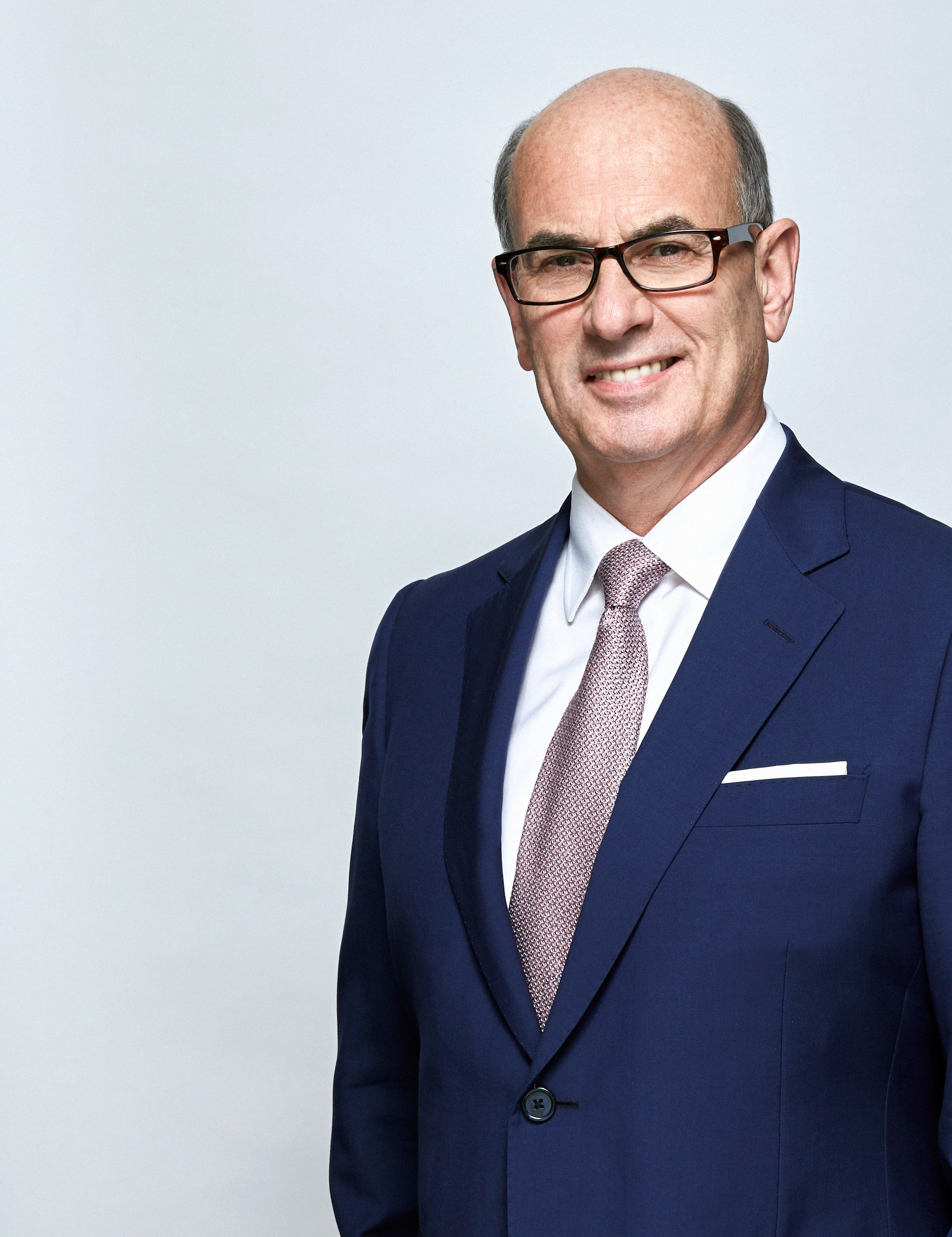
David C. Dingwall
The Honourable David C. Dingwall, P.C., Q.C., ICD.D
President & Vice-Chancellor
Cape Breton University
The Honourable David C. Dingwall is the seventh President & Vice-Chancellor of Cape Breton University.
Mr. Dingwall is highly regarded for his substantial, in-depth experience in both the private and public sectors, at both the national and international levels. In the 1993 Canadian election, under The Honourable Jean Chrétien, Mr. Dingwall was appointed to Cabinet as the Minister of Public Works and Minister of Supply and Services, Minister responsible for Canada Post, Minister responsible for Canada Mortgage and Housing, Minister responsible for the Royal Canadian Mint, Minister responsible for Defence Construction Limited, and the Minister responsible for the Atlantic Canada Opportunities Agency. Mr. Dingwall also served on several Cabinet committees, including the Treasury Board and Economic Development. In 1996, Mr. Dingwall convinced Prime Minister Jean Chrétien to host the G7 Summit in Halifax, Nova Scotia, Canada. Leaders from the G7 convened in Halifax and Boris Yeltsin, the President of Russia, was a special attendee at that session. In 1996, Mr. Dingwall was appointed Minister of Health and, in 1997, he passed the Tobacco Control Act which, at the time, was the toughest tobacco legislation in the world. He was subsequently honoured by the Canadian Cancer Society and the World Health Organization.
Mr. Dingwall also has extensive corporate governance experience. As the Chief Executive Officer of the Royal Canadian Mint, in less than two years, Mr. Dingwall grew its revenue to more than $100 million. Mr. Dingwall was also Co-Director of the Canada China Institute for Business and Development.
He holds degrees in commerce and law from Dalhousie University, has studied Corporate Governance at Harvard Law School, and is also a graduate of the Institute of Corporate Directors (ICD.D), Rotman School of Management, University of Toronto. In 1997, he received an Honorary Doctorate of Laws from Cape Breton University.
Mr. Dingwall is also a distinguished author, most recently having penned “Negotiating So Everyone Wins” – Secrets you can use from Canada’s top business, sports, labour and political negotiators, the only book of its kind in North America.
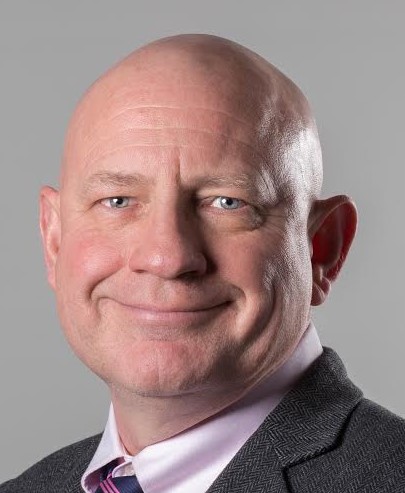
David C. Docherty, PhD
President, Brandon University
Dr. David Docherty joined Brandon University in May 2019 and was officially installed as BU’s 15th President and Vice-Chancellor at the 2019 Convocation. An accomplished academic and administrator, David has a distinguished history of leading institutions through growth and transformative change.
An expert in parliamentary government in Canada, David is the author of two books, including Mr. Smith Goes to Ottawa: Life in the House of Commons and Legislatures. He has written many articles and chapters on Canadian legislatures and is a media commentator on provincial and national politics.
With a deep commitment to embracing Indigenous knowledge and perspectives, he was humbled to receive a Blackfoot name and headdress in 2018. He is also a strong advocate for the importance of mental health well-being, including reducing stigma and providing the necessary supports.
He holds a Bachelor of Arts in Political Science (Honours) from Wilfrid Laurier University (1984), a Master of Arts in Political Science from McMaster University (1990) and a Doctorate in Political Science from the University of Toronto (1995).
David came to Brandon from Mount Royal University in Calgary, where he served as President for eight years. Prior to that, David was a faculty member in the Political Science Department at Wilfrid Laurier University in Waterloo, Ontario, where he also served as dean of the Faculty of Arts and chair of the Department of Political Science.
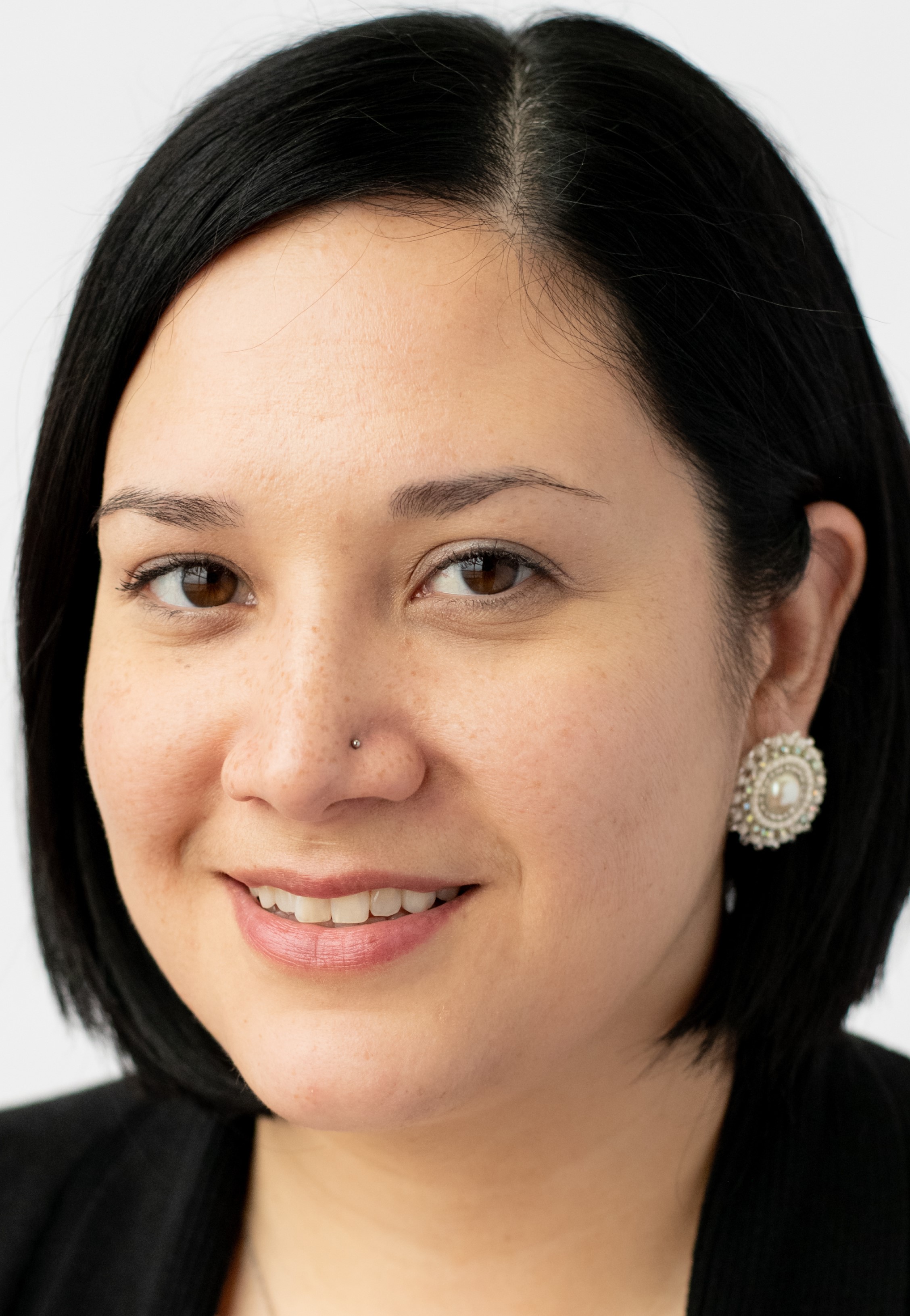
Ann Terese Doucette
Ann Terese Doucette is a Mi’kmaw from Membertou First Nation in Unama’ki (Cape Breton, Nova Scotia). She is an active community volunteer, having held past roles as president, vice-president and secretary of the board of directors of her local ski hill, as well all other roles on various boards for community groups and fundraising organizations. She currently lives in Sydney, Nova Scotia with her husband and their daughter. Ann Terese is the is the Marketing Specialist, Indigenous Affairs in Unama’ki College at Cape Breton University. Some of the responsibilities of her position include: drafting and executing the marketing and communications strategy for Unama’ki College, as well as implementing the day-to-day marketing activities of the Unama’ki College and CBU, as they relate to Indigenous Affairs. She holds a Bachelor of Commerce from St. Mary’s University with a Major in Marketing, and is currently enrolled in the MBA in Community Economic Development program at CBU.
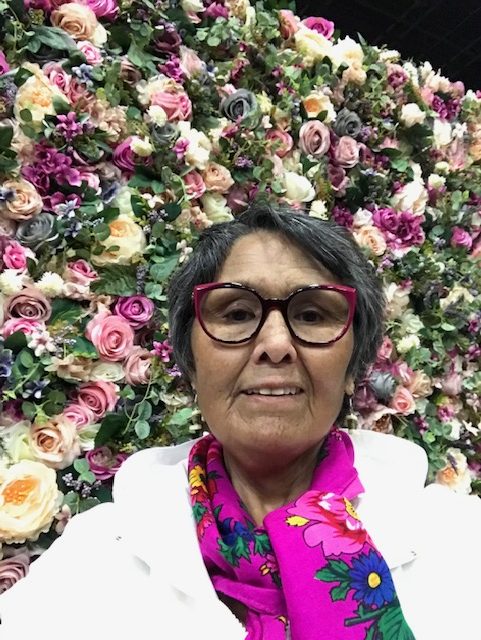
Edna Elias
Edna Elias was called by her grandmother,“Haattuliarmiutaq”, meaning “a person from thin ice” because she was born on a fish lake in the fall. Thus the reason why she loves ice fishing in the fall and
spring.
A teacher by profession, Edna is an Inuit language and cultural advocate. She has lived and breathed her culture in an urban setting; showcasing it where and when she can at Edmonton events. She shares her cultural knowledge through presentations at educational institutions and elementary schools in and around the city. Teaching Inuinnaqtun, the dialect of the Copper Inuit of western Kitikmeot in Nunavut is another passion to train adults, language teachers, staff of pre-school and daycare programs, educators and parents of small children.
After five years as Commissioner of Nunavut, Edna had returned to her home community of Qurluqtuq, Nunavut, the most westerly community in Nunavut. Since her return home, she was heavily involved in her community; initiated a non for profit greenhouse society, opened her home to women to learn traditional sewing and fur preparation and is one of the Ayauqtiit (Guidance) members whose sole purpose is to give advice to the two schools. Volunteering continued to be a pastime. Most recently she and two former educators had opened a business to promote the preservation and retention of Inuinnaqtun through language courses, provision of educational and cultural orientation and advice, program and event planning, production of Inuinnaqtun reading material and to support the language programming in the schools. All of the above change and stopped quickly for Edna when an illness affected her performance and forced her to relocate to Edmonton where she could access better medical care and services. “I am happy to say that I have learned to live within my new limits and do NOT let my illness control my life,” says Edna.
Edna was a member of, representing Nunavut on the Princes Charities Canada Advisory Council, the Indigenous Advisory Committee on the Great Canadian Trail and the National Gathering of Elders. Edna has three children and four grandchildren.
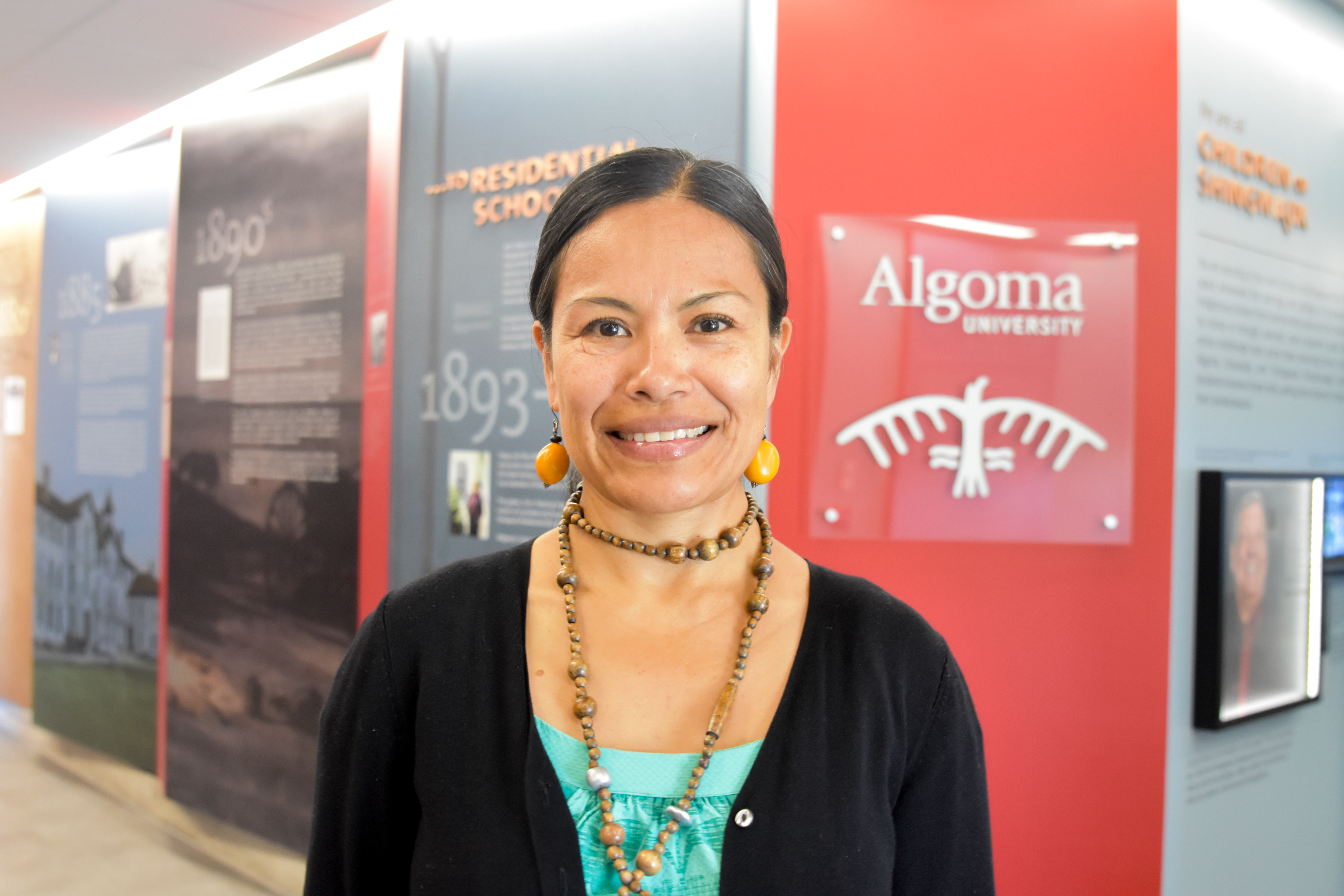
Dr. Vivian Jiménez Estrada
Dr. Vivian Jiménez Estrada is Associate Professor in Sociology at Algoma University in Sault Ste. Marie, Ontario, Canada. Dr. Jimenez Estrada is mixed-blood, Maya Achi (Guatemala) and her scholarship centers Indigenous epistemologies, theories and philosophies to address issues in education, and gendered and colonial violence. As a founding member of the Indigenous Studies’ Group of the Canadian Association for Latin American and Caribbean Studies (CALACS), she has worked with allies to create respectful bridges to engage with Indigenous peoples through active participation as a Board member and coordinator/facilitator in a virtual forum on gendered and colonial violence (2016). She has received SSHRC funding (Partnership Engage Grant, 2018-2019) to continue her research in Mexico with the National Coordinator for Indigenous Women (CONAMI), and in Canada, as a founding member of the Indigenous Women’s Anti-Violence Task Force of Baawaating. This work focuses on applying Indigenous approaches to discussing and addressing gendered and colonial violence in Mexico and Canada, with a particular interest on the root causes of, and solutions to MMIWG 2SLGBTQIA+. Her personal and academic journeys position her to highlight the triangulation of knowledge production, its impact on government policies and legislation and making room for communities’ own understandings of particular research problems and solutions. Her work on contemporary applications of Indigenous philosophies intersects with anti-racist, anti colonial and feminist theories has been published in the Canadian Journal of Native Education, the Australian Journal of Indigenous Education, Diálogo – an Interdisciplinary Studies Journal DePaul University, and a book chapter in the Handbook of Central American Governance (Routledge). Her most recent work will appear in the Canadian Journal of Latin American and Caribbean Studies and as a chapter in an edited collection on MMIWG.
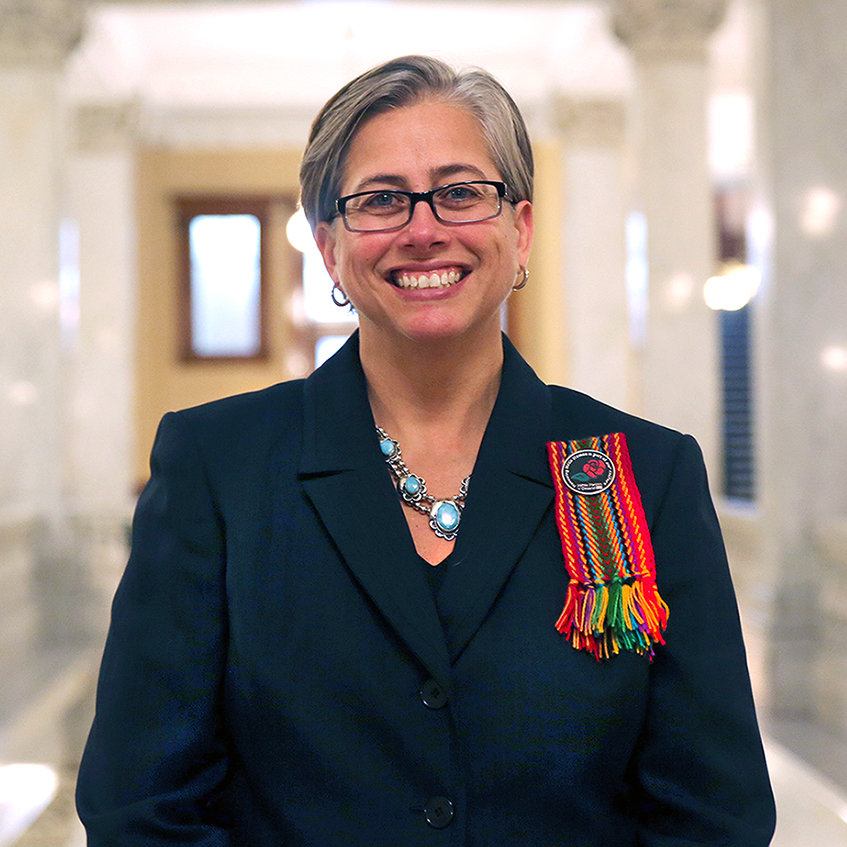
Margaret Froh
President & Chief Executive Officer
Chief Captain of the Hunt
Métis Nation of Ontario
Margaret Froh is a Métis leader, lawyer and educator whose career has focused on promoting and supporting Métis, First Nation and Inuit organizations and communities through effective governance, institutions, law and policy, and promoting reconciliation.
In May 2016, Margaret was elected as the first female President of the Métis Nation of Ontario (MNO), and one of the few openly “out” LGBTQ2Spirited Indigenous leaders in Canada serving at the provincial and national levels.
Margaret currently also serves as MNO’s first female Chief Executive Officer and Chief Captain of the Hunt. As President of the MNO, Margaret serves on the Métis National Council Board of Governors which advocates for the Métis Nation at the national and international levels.
Prior to being elected, Margaret served as the Associate Chief Operating Officer for the MNO.
Margaret is a former President of the Indigenous Bar Association in Canada. In that role, Margaret secured funding from the Law Foundation of Ontario to support a community-based research project. Much of that project’s work has contributed to the 2018 successful launch of the University of Victoria’s internationally ground-breaking Indigenous law degree.
Margaret has guest lectured widely, has taught as adjunct faculty at the University of Toronto Faculty of Law, and for the last decade has served as a lead faculty member for the Banff Centre’s Indigenous Leadership Program, teaching in the areas of Indigenous good governance, leadership and management.
Margaret has a passion in promoting Métis youth and increasing awareness in the area of youth mental health. Margaret gives thanks each day for her amazing spouse of 19+ years, Rachel Osborne – together they have made a blissful home in Barrie, Ontario.
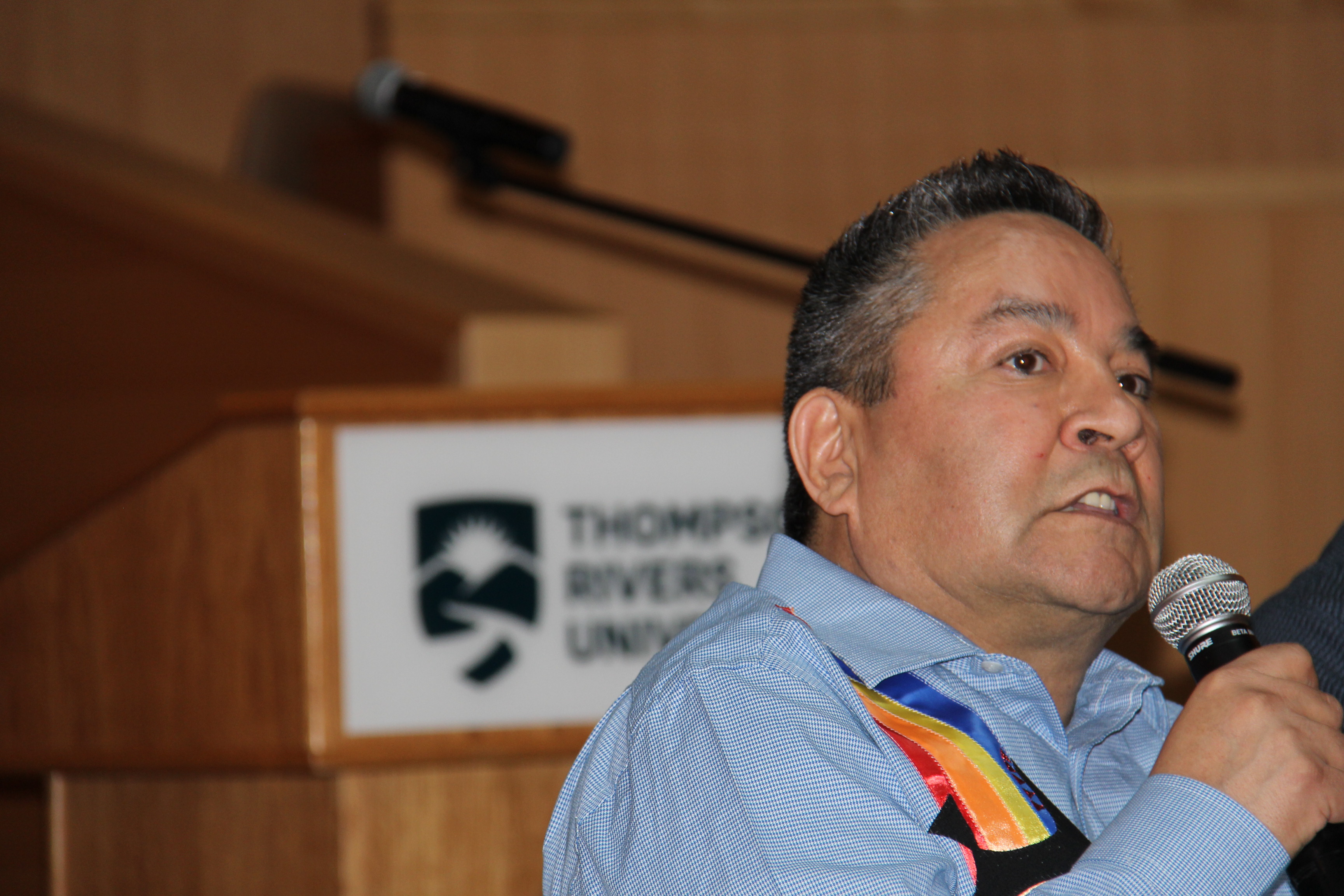
Garry Gottfriedson
Garry Gottfriedson, Faculty of Education and Social Work, TRU ne Secwepemcúľecw
Garry Gottfriedson is from Kamloops, BC in Secwepemcul’ecw territory. Born into a rodeo/ranching family, he is an avid horseman who is strongly rooted in his Secwepemc (Shuswap) cultural teachings. He holds a Masters of Arts Education Degree from Simon Fraser University. In 1987, the Naropa Institute in Boulder, Colorado awarded a Creative Writing Scholarship to Gottfriedson. There, he studied under Allen Ginsberg, Marianne Faithful, and others. Gottfriedson has nine published books. He has read from his work across Canada, United States, Europe, and Asia. His work has been anthologized and published nationally and internationally. Currently, he works at Thompson Rivers University.
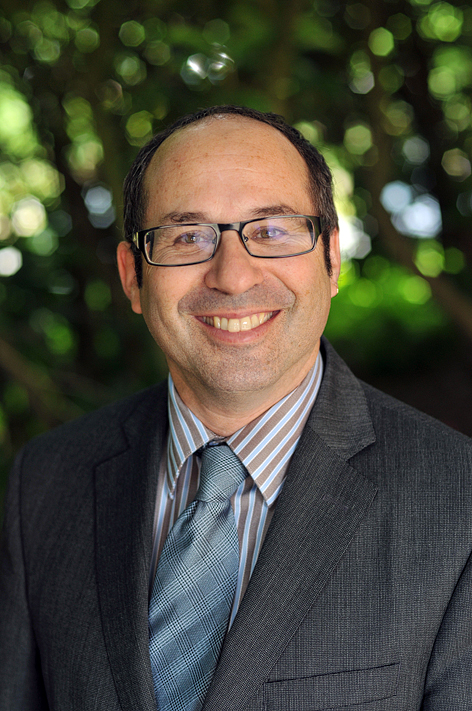
Dr. Peter Geller
Dr. Peter Geller is Vice-Provost and Associate Vice-President Academic at University of the Fraser Valley (UFV), British Columbia, where his areas of responsibility include providing support and leadership for the university’s Indigenization activities. A key component of the role is the development of partnership opportunities with Indigenous communities, post-secondary education institutions, and organizations. Peter is honoured to be able to play a part in working towards Truth and Reconciliation at UFV, including events such the Reconcili-Action Forum with Stó:lō Tribal Council, the Witness Blanket exhibition, and UFV’s Indian Residential School Day of Learning. He serves on the Indigenization Committee of Senate as the Provost’s delegate.
Peter is originally from Winnipeg and lived and worked in northern Manitoba for a decade, including as faculty member and founding Dean of Arts at the University College of the North. Prior to coming to UFV in 2012, Dr. Geller was the Academic Governance Officer at Grant MacEwan University in Edmonton. He holds a BA and MA from the University of Winnipeg and a Ph.D. in History from Carleton University. Dr. Geller’s research interests include the history of visual representation of the Canadian north, particularly in film and photography; northern and Indigenous education; and oral history and oral traditions.
Peter believes that living and working in S’olh Temexw, the unceded traditional territory of the Stó:lō peoples, is both a privilege and responsibility. He is grateful to the Elders and knowledge keepers that have generously shared their teachings and wisdom.
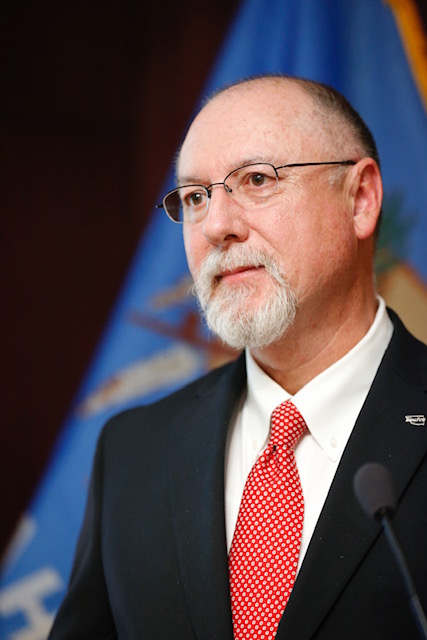
D. Jay Hannah
Jay is a Citizen of the Cherokee Nation and a native of Adair County. He holds a Bachelors degree from Northeastern State University in Tahlequah, and a Masters from Oklahoma State University in Stillwater. He was also a Scholarship-Leadership Enrichment Program (SLEP) Scholar at the University of Oklahoma and holds a number of professional banking certifications from the American Bankers Association National Commercial Lending School at the University of Oklahoma and the Graduate School of Bank Marketing at the University of Colorado.
Active in native affairs, Jay served as Co-Chair of the Private Industry Council under Chief Wilma Mankiller, Commissioner and Custodian of Records of the Cherokee Nation’s Constitution Convention Commission, Chairman of the Cherokee Nation 1999 Constitution Convention, Secretary-Treasurer of the Cherokee Nation, and Chairman of Cherokee Nation Businesses.
As a writer and speaker on Cherokee history, law, and enterprise ; Jay has presented numerous papers and lectures at a wide range of venues including Harvard University‘ s Kennedy School of Government Executive Sessions on American Indian Constitution Reform, Federal Bar Association‘ s Indian Law Conference, Harvard Law School Lecture on Constitutional Reform, Arizona State University’s Goldwater Conference on American Institution, Federal Reserve Bank of Kansas City, Oklahoma Sovereignty Symposium, and the National Indian Congress.
Jay is the author of, The 1999 Constitution Convention of the Cherokee Nation , published in the Arizona State University Law Journal in the spring of 2003.
Jay’s service to the State of Oklahoma includes Trustee of the Native American Cultural and Education Authority, Oklahoma Humanities Council, and as Treasurer for both the Friends of the State Museum and the Beck-Hildebrand Museum Association. He is the President of the Descendants of the Seminaries Student Association and served as Trustee for the Northeastern State University Foundation for 20 years. Additionally he has served in a wide verity of lecture and facilitator roles for the Northeastern Regional Conference, Oklahoma Community Institute, Leadership Oklahoma, and the Oklahoma Bankers ‘ Association. He is the convener for the Central Oklahoma Cherokee Alliance, a tribal town serving over 10,000 Cherokee Citizens living in the OKC MSA.
An Oklahoma banker for 37 years, Jay has lending experience in federal guaranty programs including the SBA, FSA, and the U.S. Department of the Interior ‘ s Office oflndian Energy and Economic Development.
He is Executive Vice President of Financial Services for BancFirst Corporation in Oklahoma City.

Shirley Swelchalot qas Shxwha:yathel Hardman
My name is Shirley Anne Hardman. I am a Stó:lō ascendant. I carry two ancestral names: Shxwhá:yathel and Swelchalot. I live and work in the territory of my ancestors; my home is in the Shxwhá:y Village. I have attended the University of Alberta, Simon Fraser University and the University of British Columbia. I am the Senior Advisor on Indigenous Affairs at the University of the Fraser Valley.
I am immersed in the work of Indigenizing and more recently I have become immersed in Reconciliation education. Indigenizing is most simply making the institution both responsive and responsible to Indigenous peoples’ goals of self-determination and well-being. Reconciliation education is to prepare all learners to engage in improved relationships between Indigenous and non-Indigenous peoples. My life, work, and personal experiences have steeped me in a deeper understanding of our people, our struggles, our realities and our dreams. I believe that each one of us has a gift given to us by our ancestors. I believe that we must honor our gifts. It is because of these beliefs that I pursue education and healing for our people. I lift my hands to the Ones who have come before. It is because of them that I am who I am.
Ey Si:yam Hoych’ka Si:yam.
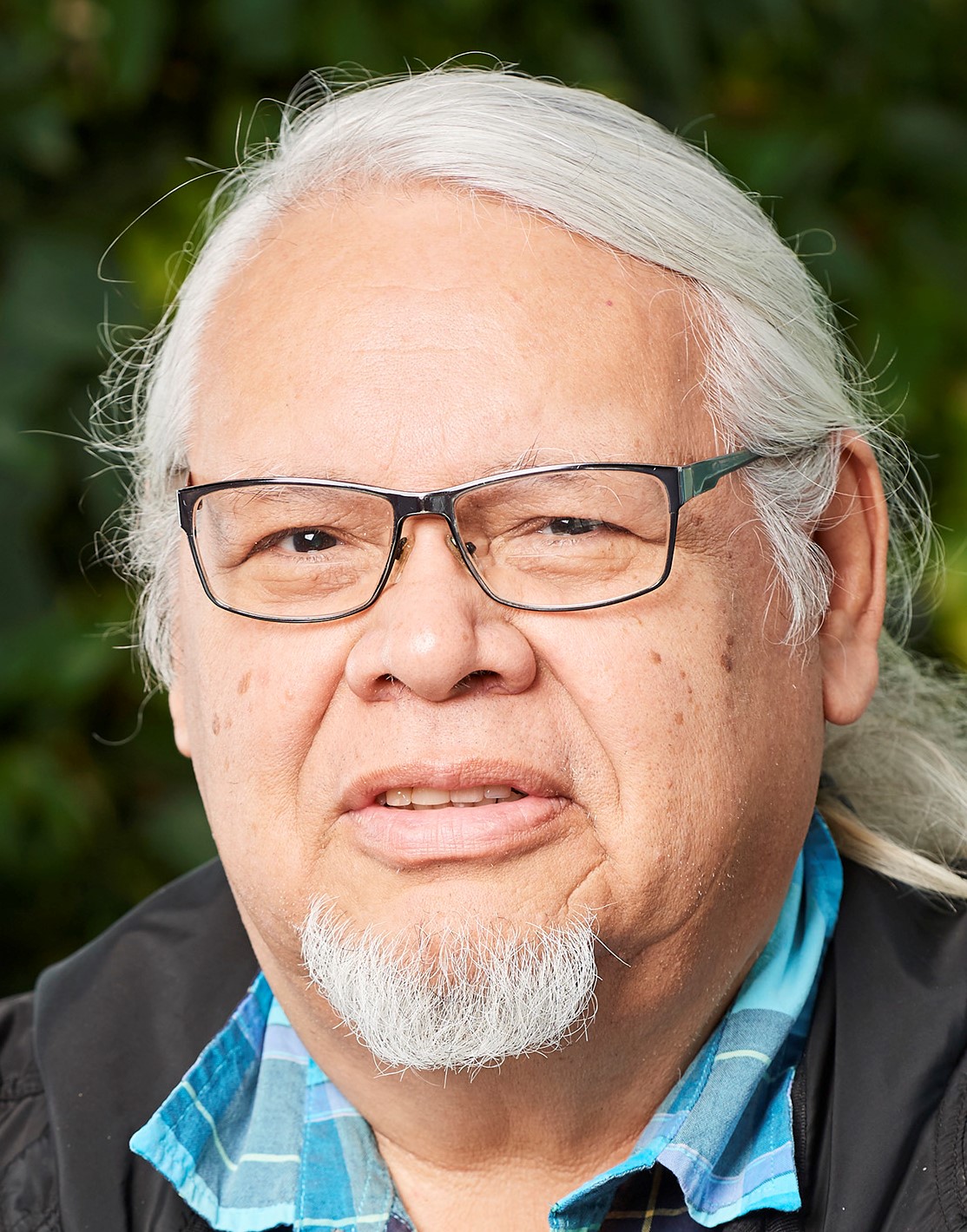
Richard Hill
Taught in Native American Studies at the State University of New York at Buffalo for twenty years; Served as Museum Director, Institute of American Indian Arts in Santa Fe, New Mexico, a federally-chartered post-secondary institution; then became Assistant Director of Public Programs at the National Museum of the American Indian, part of the Smithsonian Institution, Washington, DC; returned home to develop and manage the Indigenous Knowledge Centre, Six Nations Polytechnic, Ohsweken, ON; currently is an independent scholar working on the use of traditional stories at the Everlasting Tree School, a Waldorf-based Mohawk language immersion school.
Sessions Title: Re-Generation: The Next Era of Reconciliation Education
This session provides insight into a culturally-based education from both a Haudenosaunee and Anishinabek perspective and suggests new ways to approach education that provides the best of what the canoe (Indigenous culture) and the ship (western education) has to offer to enable the future generations to be resilient and self-reliant.
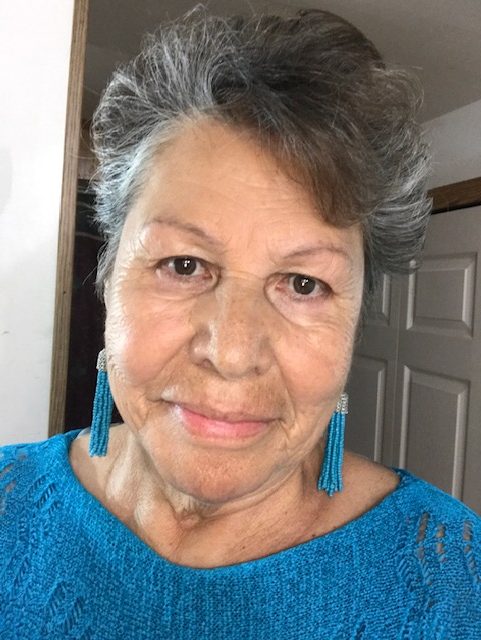
Shirley Horn
Shirley Horn is the first-ever Chancellor of Algoma University, effective June 13th, 2015. She was sworn in at the University’s annual Convocation ceremony, thereby commencing her five-year term.
Horn is from Chapleau, Ontario, and at the age of five was sent to St. Johns Indian Residential School. She was then transferred to the Shingwauk Indian Residential School at the age of seven, where she remained for six years. In 2005, Horn returned to the Shingwauk Indian School Residential School site – now the home of Algoma University – to enroll in the Bachelor of Fine Arts program. As a rare graduate of both the Residential School and the University, she received a standing ovation at Convocation in 2009. In 2015, she received the Alumni Achievement Award from the Algoma University Alumni Council.
Chancellor Horn serves as the titular head of the institution. She participates in major ceremonies and events, including the annual September Induction as well as Convocation. Horn confers all degrees. By acting as an ambassador of Algoma U, she also helps to raise the profile of the University as well as assist in both relationship-building and fundraising initiatives. Horn provides support to the University President, as requested, and promotes the University’s special mission in regards to Anishinaabe education.
Vera Houle
As Director of Community Relations, Vera continues to strengthen APTN’s relationship with its viewers and audiences through direct communication with communities at a grassroots level. Through bringing communities together, the network will become the medium through which we will engage to learn from each other, interact and share our stories.
Vera started out as a wordsmith of sorts; she graduated from Red River College with a Journalism diploma and has nearly 25 years of experience in broadcasting. She’s worn many hats at CTV and APTN as well as at the Assembly of Manitoba Chiefs. Vera held the role of Executive Producer of APTN National News starting in 2005, where she swiftly made the move to Director of News and Current Affairs from 2005 to January 2012, when she accepted an appointment as Director of Community Relations. Vera’s a proud member of Manitoba’s Sandy Bay Ojibway First Nation and speaks Ojibway fluently.
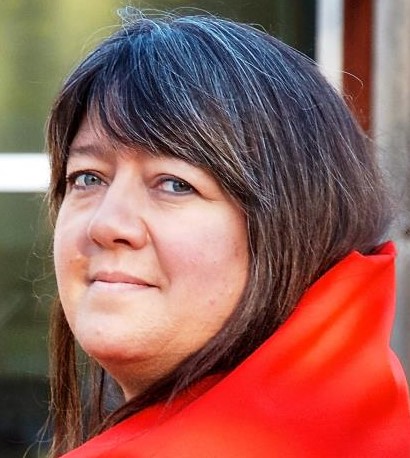
Shelly Johnson
Dr. Shelly Johnson – Mukwa Musayett is Saulteaux/Ojibwa from Keeseekoose First Nation, (Treaty 4 territory of Saskatchewan), and has ancestry in Vinjeøra, Norway (a village in the municipality of Hemne in the Trøndelag county). She is currently a visitor on unceded and occupied Secwepemc territories in the interior of BC. In 2008 Shelly was traditionally adopted by the late Secwepemc and Cree Elders Norma Peters and Gerald Carter of Skeetchestn First Nation. Her Saulteaux name, Mukwa Musayett means “I’m walking with bears” and was given to her in ceremony by the late Saulteaux Elder Bill Whitehorse. Shelly also has a Coast Salish traditional name, Spa-eth-tenot which means “Bear woman”, and was given to her in 2003 by Tsartlip Coast Salish Elder, Paul Sam in Victoria, BC. After spending 25 years in community-based social work, Shelly graduated from UBC-Vancouver in 2011 as a member of an Indigenous doctoral cohort in Educational Leadership and Policy. In 2017, after a four-year appointment at the University of British Columbia’s School of Social Work in Vancouver, Shelly become a Canada Research Chair in Indigenizing Higher Education, and associate professor in the Faculty of Education and Social Work at Thompson Rivers University. Shelly holds more than $3 million in research funding, and a research focus on Indigenizing higher education.
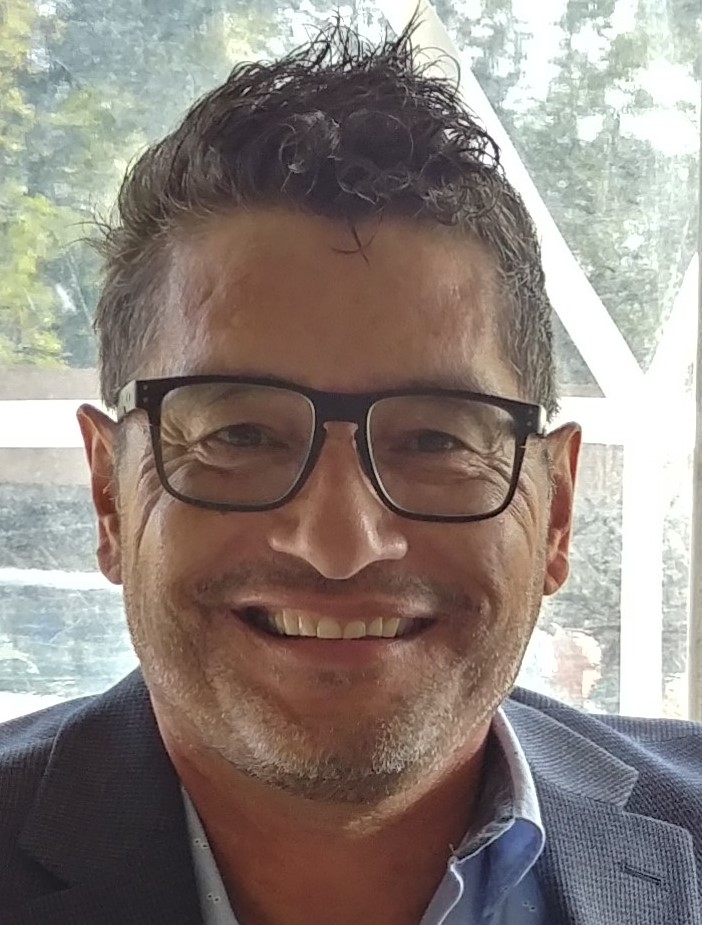
Jay Jones
Jay is the proud son of Susie and Vernon Jones, both are Shingwauk Residential School Survivors. He considers himself a “1st Generation Out Survivor”, but he is also a 5th Generation Indian Residential School Survivor.
He is the current president of the Children of Shingwauk Alumni Association and a proud member of Walpole Island First Nation!
He is a designer by trade at General Motors and an advocate of the IRS story and Special Olympic athletes!
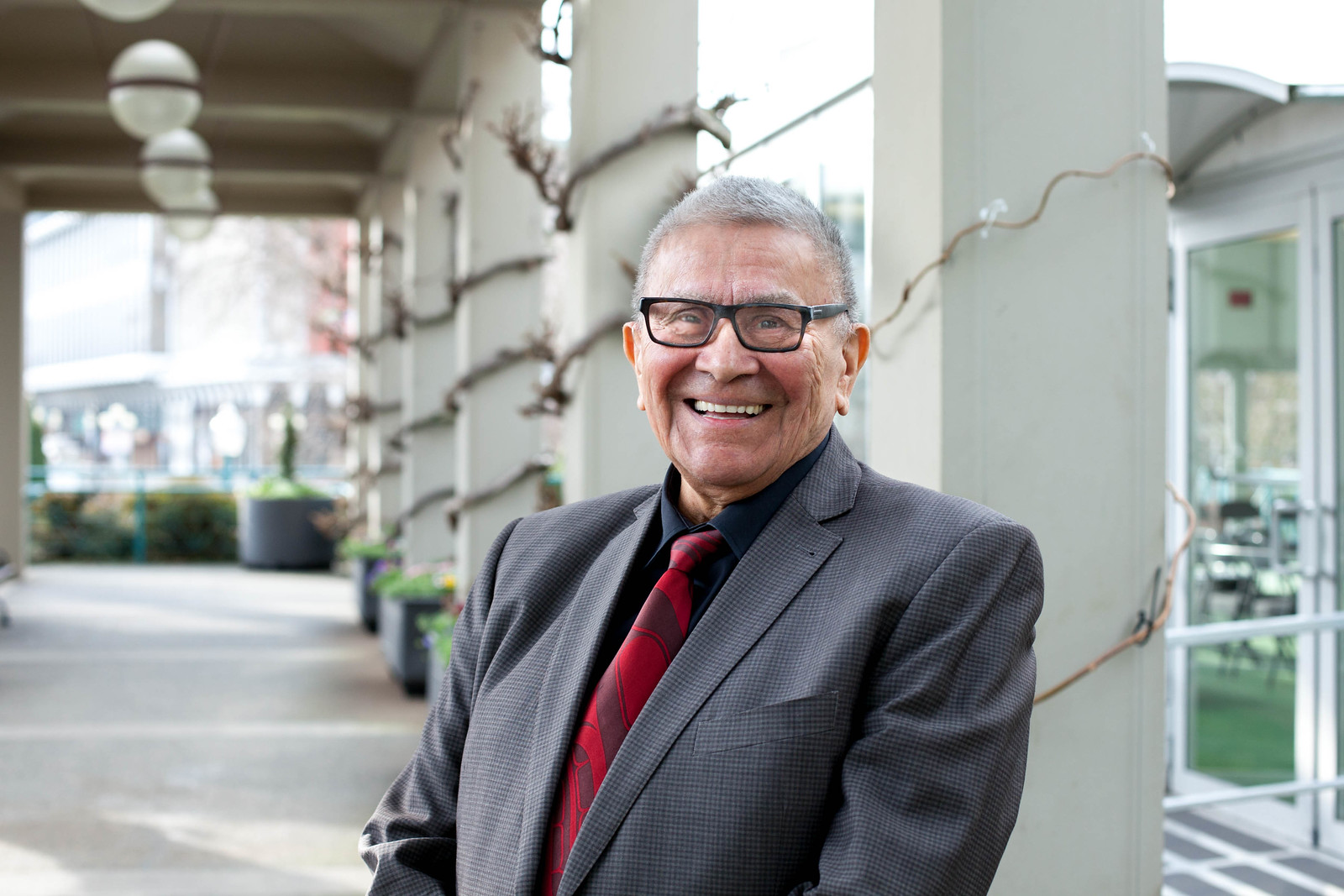
Chief Dr. Robert Joseph, O.B.C.
Chief Robert Joseph, O.B.C., O.C. is a peace-builder who has devoted his life to promoting reconciliation among Canada’s Indigenous and non-Indigenous peoples. A hereditary chief of the Gwawaenuk First Nation, he is a survivor of the residential school system and helped found Reconciliation Canada, for which he is now an ambassador. He sits on the National Assembly of First Nations Elders Council and chairs the Native American Leadership Alliance for Peace and Reconciliation. He is also peace and reconciliation ambassador with the Interreligious and International Federation for World Peace (IFWP), where he engages with international leaders to learn from and share his understanding of faith, hope, healing and reconciliation. He holds many awards and honours, including SFU’s Jack P. Blaney Award for Dialogue as well as The Order of Canada.

Chris Lagimodiere
Chris attended the University of Manitoba and graduated with a Bachelor of Physical Education and a Master’s of Science Degree. Following his graduation Chris worked for the Indigenous Relations Division for the City of Winnipeg offering life skills programs to Indigenous peoples. He then worked with the University of Manitoba as the Lead Indigenous Recruitment Officer traveling Manitoba, Saskatchewan and Ontario to Indigenous communities to promote education opportunities to Indigenous learners. Chris joined Brandon University in August 2016, as the Director of Indigenous Peoples’ Centre and Indigenous Initiatives.
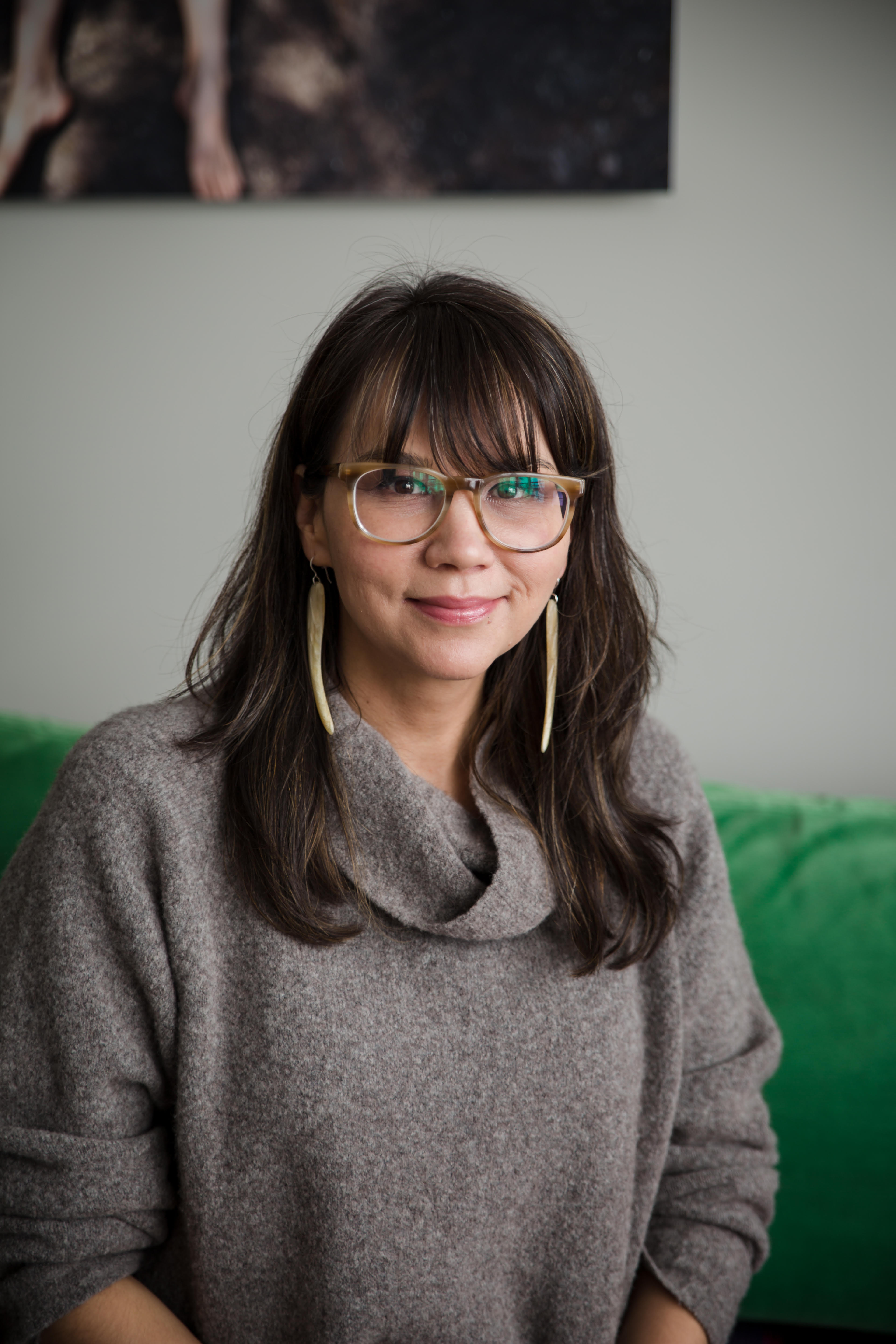
Tanya Lukin Linklater, PhD (ABD)
Director of Enji giigdoyang, Indigenous Initiatives, Nipissing University
Tanya Lukin Linklater is from the Native Villages of Afognak and Port Lions in southwestern Alaska and has lived in Nbisiing Anishnabek territory for over a decade. She has been in her role at Nipissing University since 2013. She provides administrative oversight of programs that support Indigenous students on campus, from Indigenous student success to mentorship and community service-learning in a department with up to 10 staff annually. She has oversight of symposia and events with invited scholars, community members, professionals and political leaders to support the intellectual life of the university. She engages with Indigenous communities regionally and with the Nipissing University Indigenous Council on Education. She is pleased to have participated in the planning committee for the 6th Annual Canadian Symposium on Indigenous Teacher Education, the planning committee for the Treaty Education Mentorship Program, and in 2015-2016 she co-led research on Indigenous student success at Nipissing University, sharing the findings at academic conferences, with colleagues across Ontario and the Nipissing University Board of Governors. She is a former member of Nipissing University’s Research Ethics Board and is currently a doctoral candidate at Queen’s University.
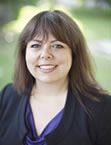
Kathleen Massey, MA
Kathleen is a knowledgeable and experienced leader in student affairs, with a history of leading the design and implementation of innovative student success and service initiatives. She joined the University of Lethbridge in August 2017 as the Associate Vice President (Students) and is currently co-leading consultations toward the development of the University’s reconciliation strategy. Prior to joining the U of L, she worked at McGill University and participated in the development of its Indigenization and decolonization strategy in 2016-17 as a member of the Provost’s Task Force on Indigenous Studies and Indigenous Education. Kathleen has also held senior leadership positions at the University of Calgary, Centennial College, and York University.
In her current leadership role, she collaborates with her colleagues to create an outstanding student experience across the full student life cycle. Kathleen is also accountable for leading institution-wide Strategic Enrolment Management (SEM) planning and chairs the institutional Curriculum, Iniskim (Aboriginal) Education, Student Awards, and SEM committees. Her operational areas of accountability include student enrolment and engagement, registrar services, and a full range of student services (including Indigenous Student Services, health services, mental health support, career services, financial aid, and accommodated learning).
Kathleen is currently the vice president of the Groningen Declaration Network’s international Board of Directors and is a former president of the Association of Registrars of the Universities and Colleges of Canada (ARUCC). She earned an MA in Leadership from Royal Roads University and a BA in Political Science from York University.
Iniskim – 40 years into our reconciliation journey
Workshop description:
Our University’s Blackfoot name is Iniskim, meaning Sacred Buffalo Stone. The University is located in traditional Blackfoot Confederacy territory. We honour the Blackfoot people and their traditional ways of knowing in caring for the land, as well as all Aboriginal peoples who have helped shape and continue to strengthen our University community. The University of Lethbridge established its Native American Studies program in the 1970s, among the first in Canada to launch such a program. From that ground-breaking moment until now, the University has remained committed to deepening and strengthening its relationship with local Aboriginal peoples. Our journey continues with the guidance of Elders, university colleagues, students, and community. We are listening to learn.

Krista McCracken
Krista McCracken is a public historian and archivist. Since 2010 they have worked in the Shingwauk Residential Schools Centre at Algoma University alongside the Children of Shingwauk Alumni Association. Krista’s has written and presented extensively on community archives, access, and outreach. They also currently serve on the Board of Directors of the National Council on Public History and are a member of the Steering Committee on Canada’s Archives – Response to the Report on the Truth and Reconciliation Task Force.
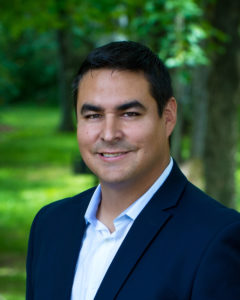
Brian McInnes
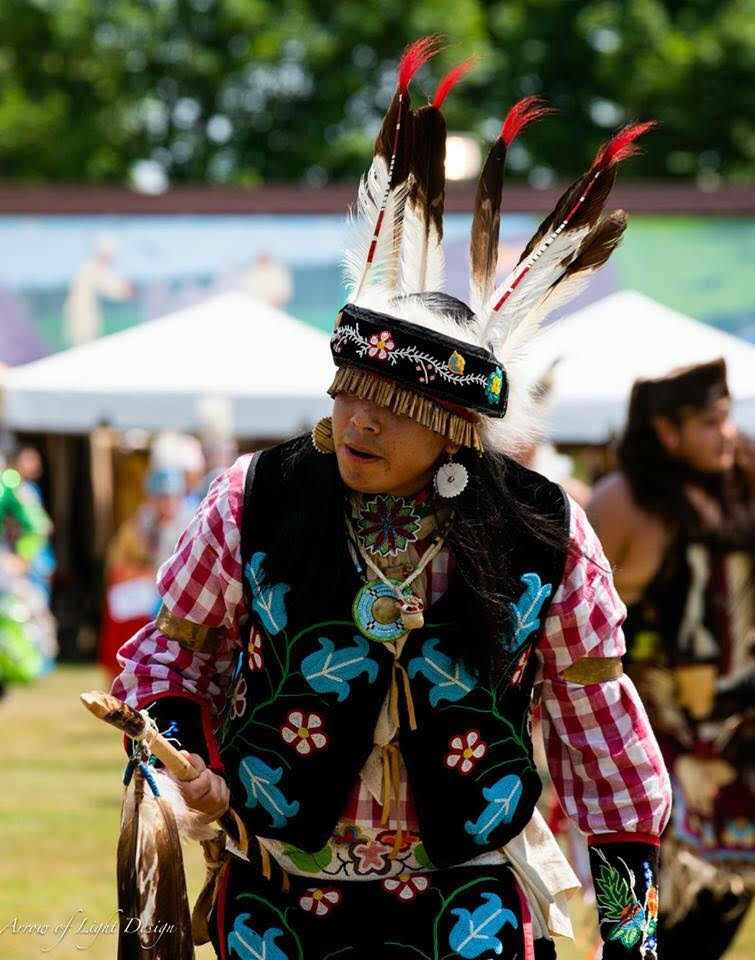
Miisheen-Meegwun
Aanii Boozhoo, Miisheen-Meegwun n’diznikaas jiijaak n’dodem, Wiikwemkoong maanidoo minisiing n’doonjibaa, baawtiing ndida, aanishnaabe mushkegwok nini n’daaw. Miisheen is a third year aanisnaabemowin student at Shingwauk Kinomaagegamig and algoma University in the Anishnaabemowin program. Having an expertise in traditional practices, harvesting techniques, and traditional knowledge, Miisheen has been an educator and practiced peer-peer and youth mentorship his whole life. Continuing his passion for education and cultural revitalization, he chose to continue his studies within the education system in hopes to one day become an educator within all levels of education.
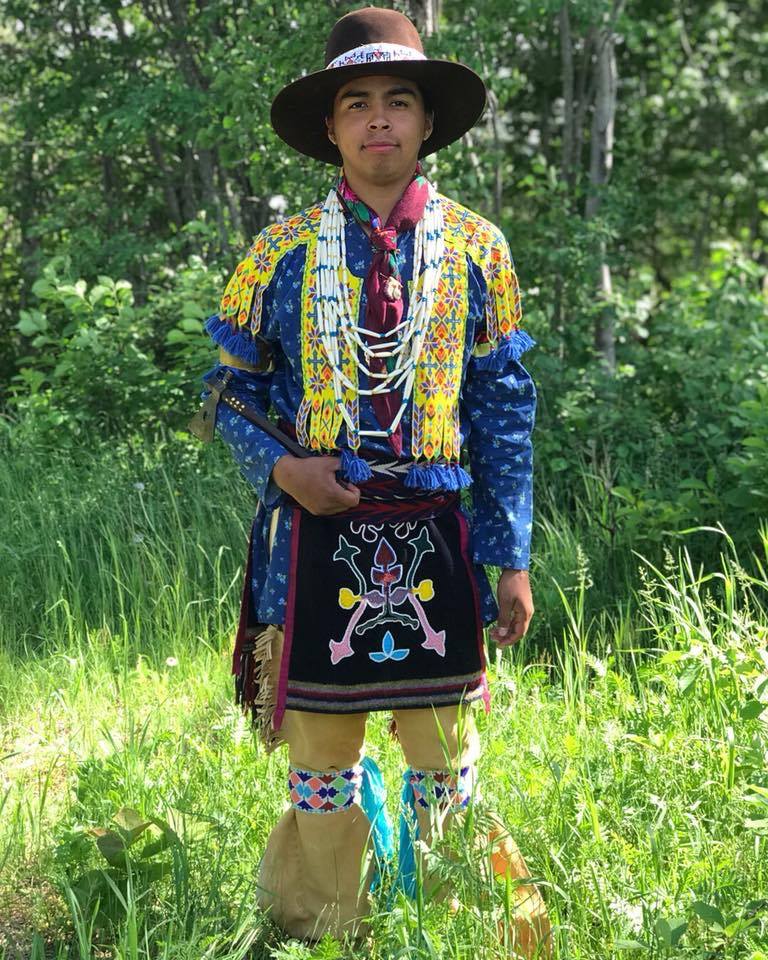
Noodin Niimebin
Boozhoo, my name is Noodin Niimebin. I am and Ojibwe, Odawa, Bodwedomi, Cree from Wikwemikong Unceeded Territory on Manitoulin Island. I recently Graduate from Algoma University and student of SKG. Former varsity wrestler and avid outdoors guy. My passions include history and material culture of the Anishinabe.
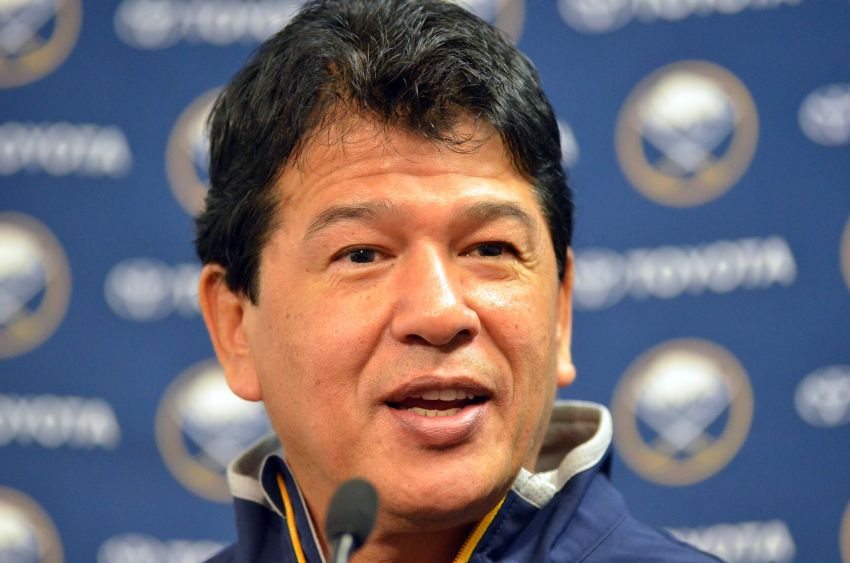
Ted Nolan
Ted is a member of the Garden River Ojibwa First Nation. He like many First Nation youth comes from humble beginnings through hard work, desire and determination he has become a role model to many and an inspiration to us all.
Ted was recently the Head Coach for the Latvia men’s national ice hockey team during the 2014 Winter Olympic games, a former professional hockey player with the Detroit Red Wings and Pittsburgh Penguins, has played in 79 NHL games, head coach for the Buffalo sabres, voted NHL coach of the year, led the SOO Ste Marie Greyhounds to 3 consecutive championships. He is noted as a Citizen of the Year, National Role Model, Member of the Order of Ontario, Recipient of the National Aboriginal Achievement Award and founded the Ted Nolan Foundation. His foundation is committed to the healing process to renew and revitalize the mind body and spirit of First Nation youth and the Rose Nolan scholarship, intended for First Nations women achieving their education. The well-earned accolades go on.
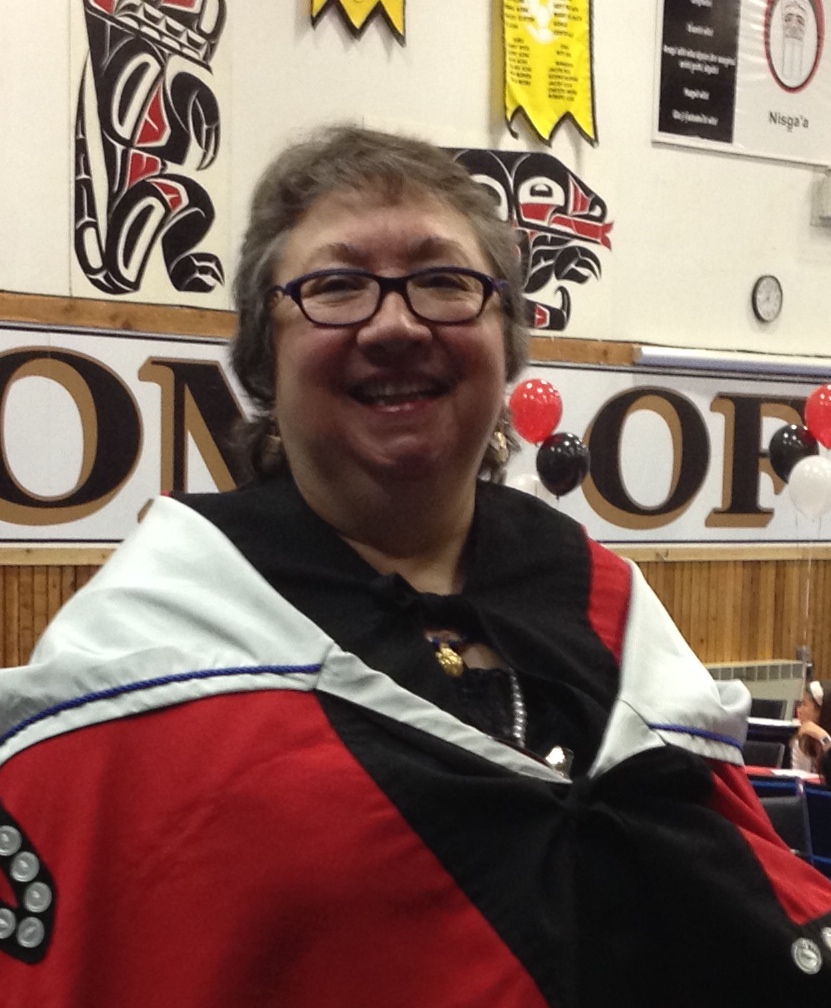
Dr. Deanna L. E. Nyce
Dr. Deanna L. E. Nyce, Chief Executive Officer / President, Wilp Wilxo’oskwhl Nisga’a Institute
Dr. Deanna Nyce is a hereditary matriarch in the Tsimshian Nation, Gispudwada (Blackfish) tribe, and has been married into the Nisga’a Nation for 52 years this fall.
Deanna has a vast and successful 35-year career in education serving as a teacher and administrator, and seconded by the provincial government for Aboriginal Education. In 1992, Deanna was seconded by Nisga’a Tribal Council for the formation of Wilp Wilxo’oskwhl Nisga’a (the Nisga’a University-College), to which she was hired as it’s Chief Executive Officer in 1993. Deanna embarked on the successful development and delivery of a full Bachelor of Arts: First Nations Studies (Nisga’a) securing a Memorandum of Understanding with the University of Northern British Columbia for its accreditation. This program is delivered in the remote Nass Valley, northwestern British Columbia, it has a 99% success rate, and since progressed to a Master of Arts: First Nations Studies cohort for those Bachelor’s degree graduates.
Throughout her professional career Deanna has served on many university advisory councils and program committees, in addition to regional, provincial and community engagement committees in the areas of education, health and theology. She has authored and co-authored a number of publications, and won academic and community awards.
Deanna’s current appointments include membership on the University of the Arctic Membership and Indigenous Committee; University of Northern British Columbia Senate, First Nations Studies Department and Adjunct Professor; Canadian Universities Association for Northern Studies; National Association of Indigenous Institutes of Higher Learning; First Nations Education Steering Committee; Indigenous Adult and Higher Learning Association; Association of Colleges and Universities for Northern Studies; and, Coast Mountain College First Nations’ Council.
Deanna believes that this success does not happen alone and acknowledges that there are many successful people along this journey who have worked together with a common goal of lifting people up to be successful, as she often says, “Success begets success.”
Brief Abstract of Presentation
“Bringing Higher Education Home” by Dr. Deanna L. E. Nyce, Chief Executive Officer / President, Wilp Wilxo’oskwhl Nisga’a will focus on the successful development and delivery of a full four-year Bachelor of Arts: First Nations Studies (Nisga’a) program in the remote Nass River Valley in northwestern British Columbia. This session will also highlight the unique partnership with the University of Northern British Columbia for the accreditation and co-delivery of this program which celebrates its’ 25th year of success.
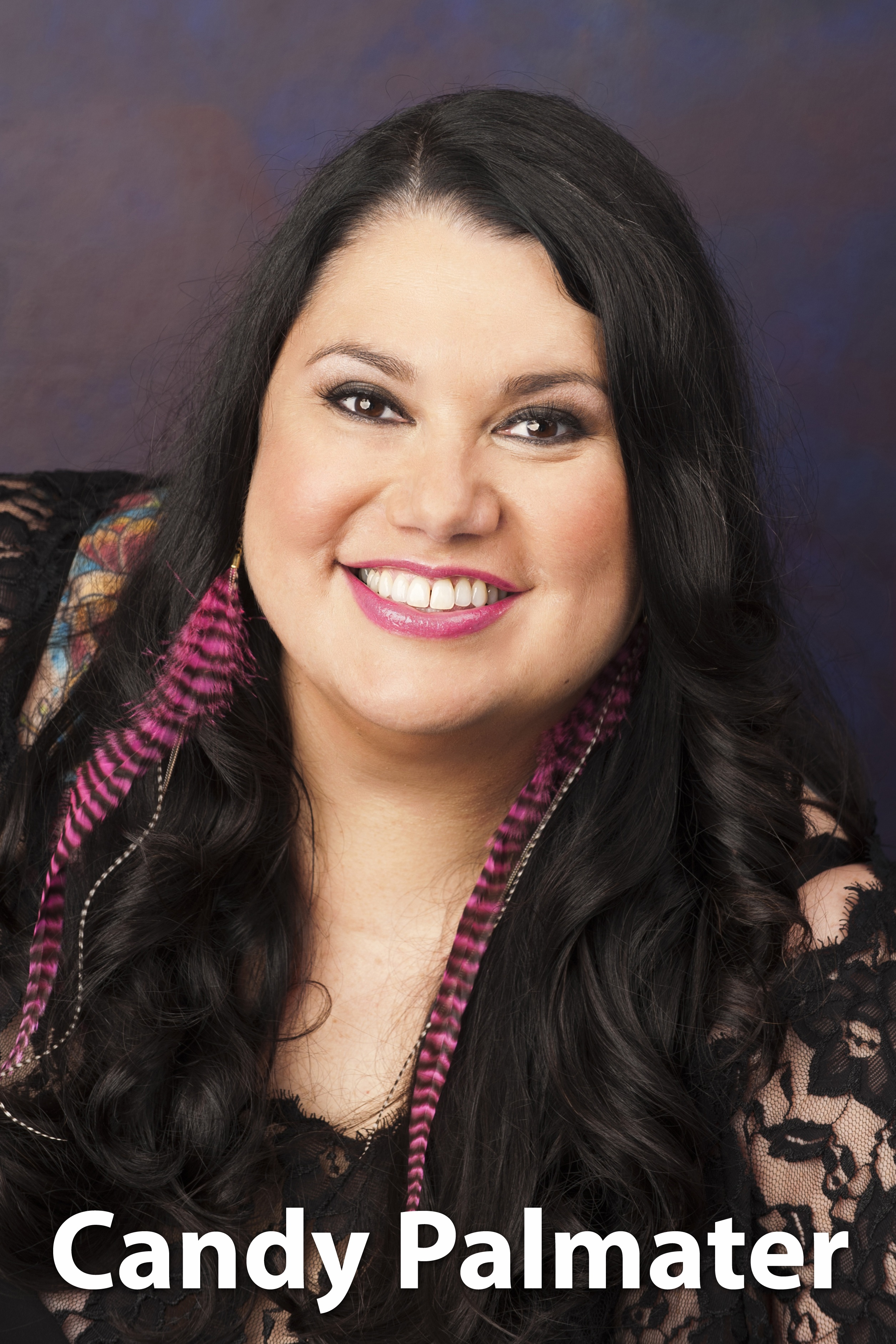
Candy Palmater
Candy is a recovered lawyer turned feminist comic. She is an, actor, writer, columnist, international speaker, activist, comedian and multiple award-winning TV and radio personality, and has executive produced three films on Mi’kmaw culture.
Candy is the creator and star of her own national, multiple award-winning TV series, The Candy Show(APTN). She has a role on the Trailer Park Boys S10 (NETFLIX), appeared in Call Me Fitz(HBO Canada) and Sex and Violence(OutTV), and received a Screen Nova Scotia nomination for her role onForgive Me (Superchannel). She’s a Broadcaster with CBC Radio One where Candy has hosted: The Candy Palmater Show, Q, DNTO and appears on Because News and The Next Chapter. You can hear Candy’s voice as the Narrator of CBC TV series True North Calling, and was a Panelist on Canada Reads 2017.
Candy has written and hosted many broadcasts including Ab Day Live, the Indspire Awards, and theimagineNATIVE Film Fest Awards Show.
Candy was valedictorian of her class at Dalhousie Law School and went on to practice Labour and Aboriginal law in a large corporate firm until show biz came knocking.
Before pursuing entertainment full time, Candy directed First Nations education for the Nova Scotia Department of Education for a decade. She is currently working on a Masters of Education at St. Francis Xavier University and has taught in the Transition Year program at Dalhousie University.
Candy spends most of her time in airports and airplanes as she travels the globe speaking to audiences, large and small, about the power of love, kindness and self-acceptance. Candy believes we are more alike than different and that you can NEVER have too much Candy.
Candy has just signed a deal with Harper Collins. They will be publishing her first book in the spring of 2020.
Candy is currently taping Season One of her Podcast, Sweet Talk with Candy Palmater, that will be available on iTunesand on TheCandyShow.comwebsite by spring 2019. Be sure to subscribe to the website to not miss out on the first episode.
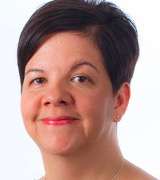
Cindy Peltier
Since July 2016, Dr. Cindy Peltier has been Chair of Indigenous Education at Nipissing University’s Schulich School of Education. Prior to accepting this position, she served Indigenous communities as a post-doctoral fellow at the Centre for Research in Rural and Northern Health at Laurentian University and held a host of roles in Indigenous education including teacher, principal, and research consultant. Dr. Peltier is Principal Investigator on a CIHR Indigenous Approaches to Wellness Catalyst Grant centered on Wiidooktaadyang, an Anishinaabemowin term meaning “we are helping each other.” From a relational approach, this research explores how Indigenous peoples living understand and experience wellness and what is perceived as the “appropriate kind of help.” This exploration will inform a shared service model developed by Nipissing First Nation. Through her work, Dr. Peltier uses Indigenous inquiry to privilege Indigenous voices and methodologies with an aim to impact practice, service delivery, and policy. Dr. Peltier’s work also includes leading a Nipissing University team in their work with the CIHR funded Indigenous Mentorship Network Program. Cindy’s current research interests include the intersections of wellness, education and related Indigenous concepts such as mno bimaadiziwin (way of a good life), and wiidooktaadyang (we are helping each other); lived experiences of Anishinaabek with cancer and use of Indigenous healing; and Indigenous community-based research methodologies. Cindy is Anishinaabe-kwe with connections to Wiikwemkoong Unceded Territory and Nbisiing (Nipissing First Nation) where she lives with her husband Blair and son Colin.
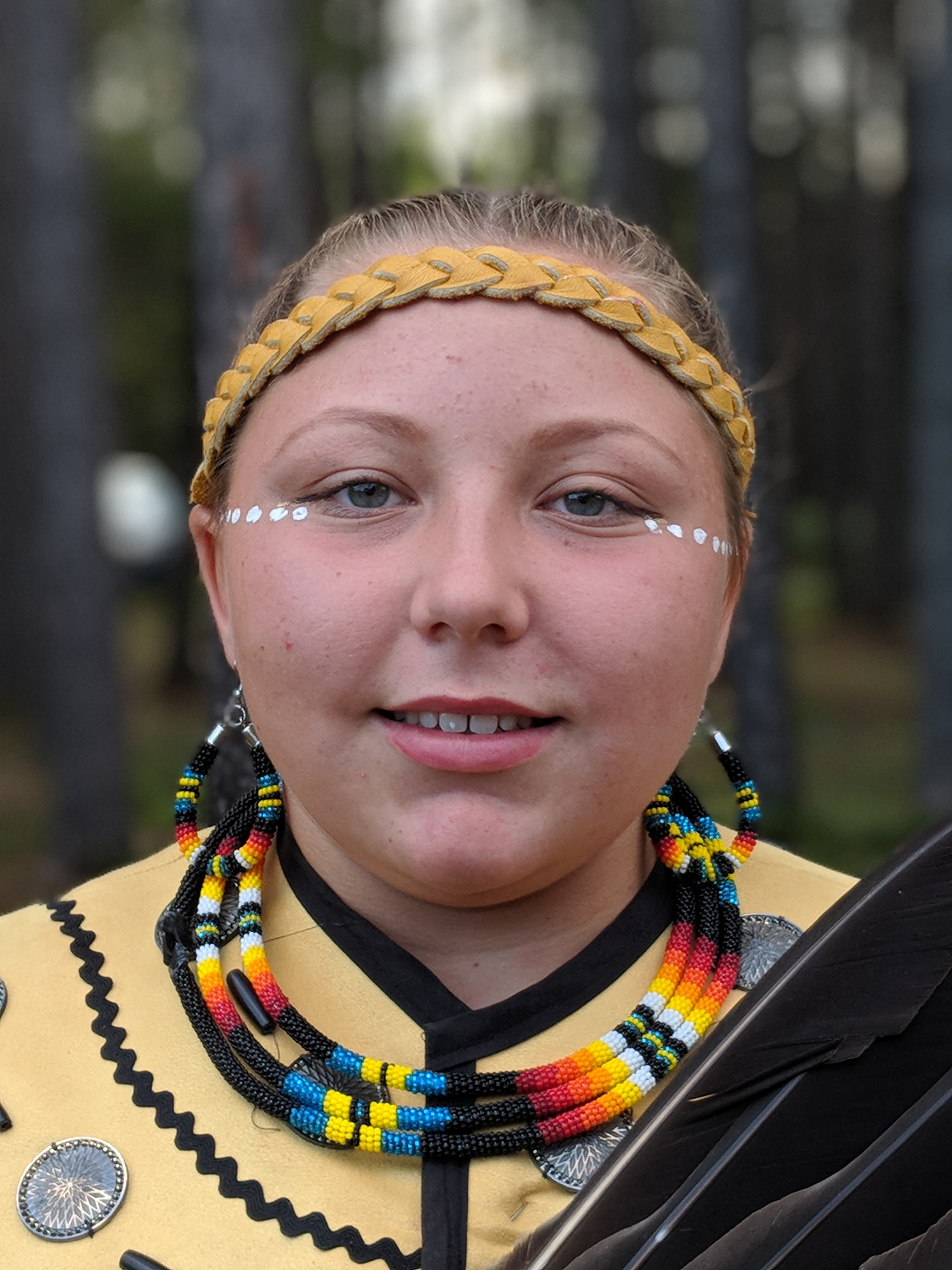
Nevaeh Pine
Nevaeh Pine is a 13 year old student at East View public school. She is a jingle dress dancer from Garden River Ontario. Nevaeh has been attending the gathering at the courthouse for the Missing and murdered Indigenous women from a young age and she was inspired to write her speech in hopes to spread awareness in support of these women. She Competed in the Royal Canadian Legion public speaking competition and placed first in all Ontario with her speech.
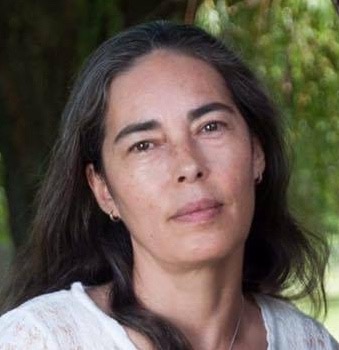
Stephanie A. Pyne
Stephanie A. Pyne is a post-doctoral researcher and a member of the Geomatics and Cartographic Research Centre at Carleton University. Her research focuses on interdisciplinary applications of geography and cartography, including her work on the five-year Residential Schools Land Memory Mapping Project (funded by the Social Sciences and Humanities Research Council of Canada). The project brings together work in different disciplines, including cartography, development studies, philosophy, community archaeology, history, archival studies, critical museology, sociology, and education; and involves working with Residential Schools survivors, students and others in an effort to acknowledge, honour, and enhance awareness of the living history of the land, the buildings, and the survivors, intergenerational survivors and ongoing legacy of Residential Schools – building awareness to build relationships in the spirit of reconciliation.
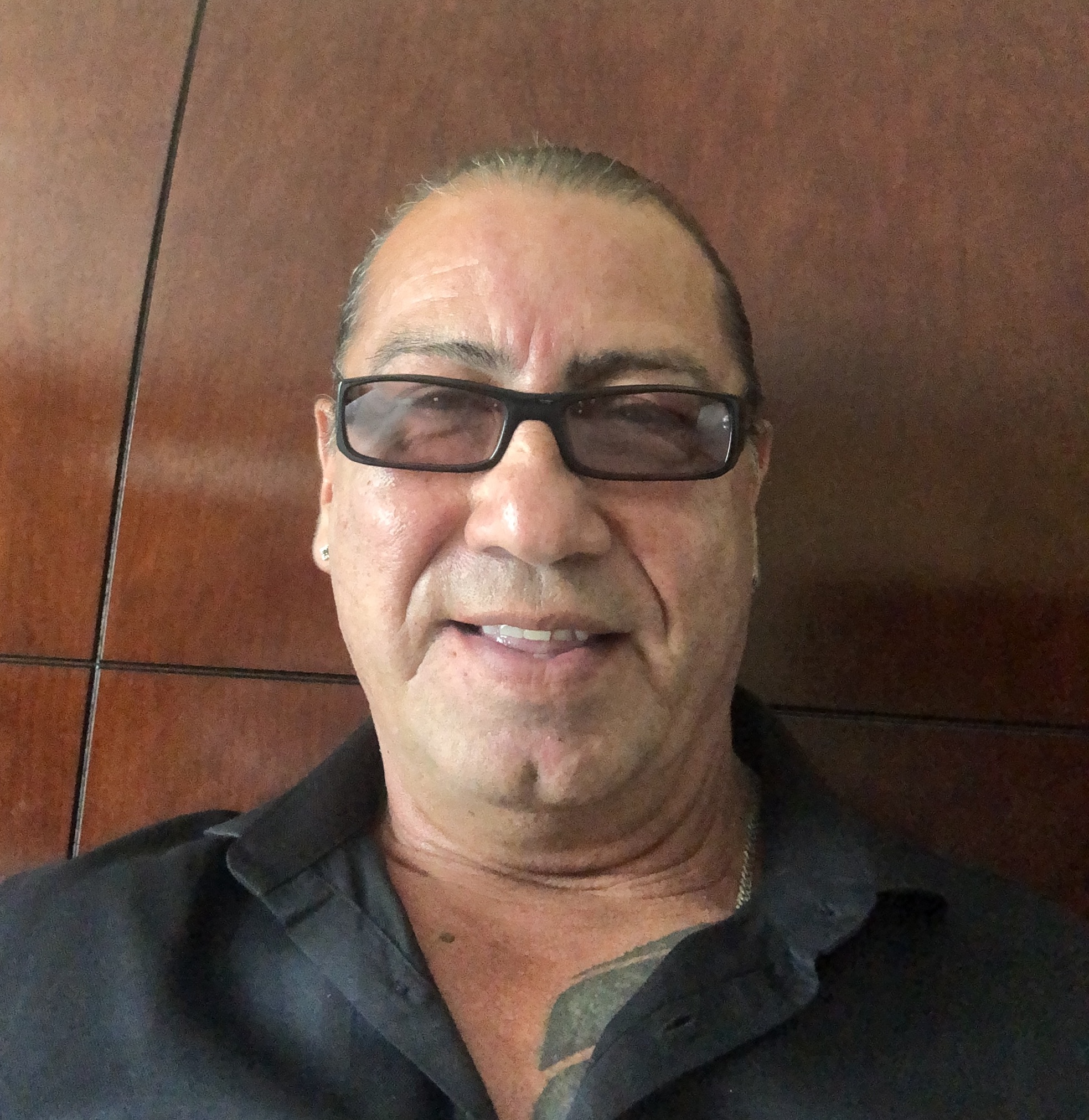
Ozawa Ginew (James Roach)
Through the interpretation of a vision of one of our local elders, Ozawa Ginew is translated to English to mean Yellow Thunderbird.
Ozawa Ginew is Ojibway and of the Crane Clan. He has resided in Garden River
First Nation most of his life and is the eldest and had five younger sisters. He has a daughter a son and five grandchildren. He is proud to be an alumni of Algoma University graduating from the Community Economic and
Social Development reprogram in 2011.
Ozawa Ginew is currently employed as a Cultural Resource Coordinator through the local Indigenous Friendship Centre where he provides Spiritual, Cultural and traditional advisement as needed by the Director, staff and community.
For over 50 years Ozawa Ginew has been on his learning journey of Spirit, Mind and Body. He learned his first Spirit Name at the age of 11 years through ceremony with a Medicine Man who was visiting from Oklahoma. Since
these early years Ozawa Ginew has continued his learning journey about Ojibway Spirit and Culture and appreciates sharing these teachings with others.
Ozawa Ginew has been on a number of Fasting ceremonies and Vision Quests and through his experiences, has narrowed his learning to a deeper understanding and appreciation of Ojibway Spirituality developed through the guidance of a number of Healers and Ceremony Keepers.
Ozawa Ginew is presently advising and guiding Algoma University in their efforts to include spirituality in the programs and experiences of students, faculty and staff.
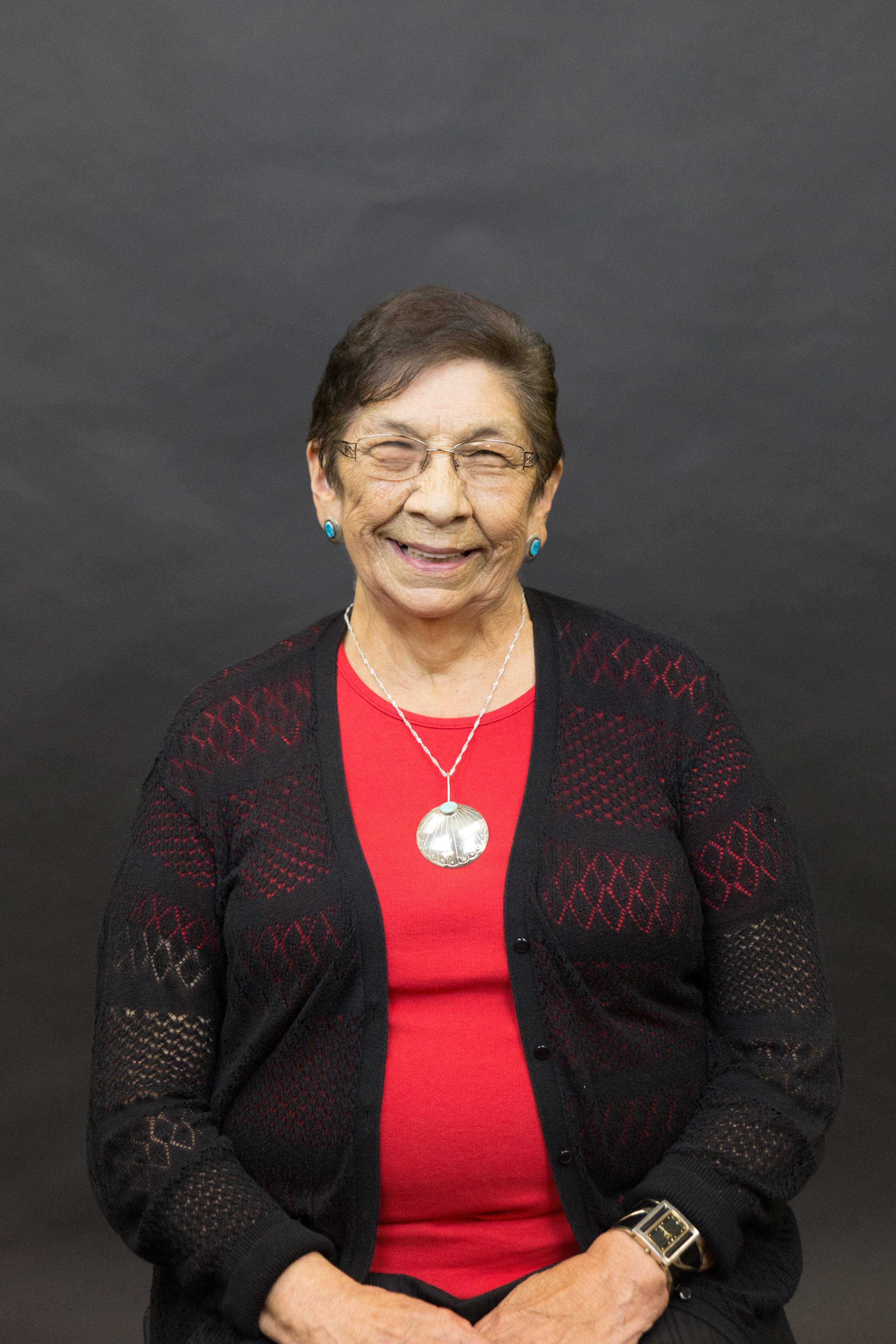
Shirley Roach
Shirley Roach is a Shingwauk Residential School Survivor and Elder in Garden River First Nation. She is the spiritual advisor to the SKG Board, counsels SKG and AlgomaU Anishinaabe students and Sits on the elders council for Algoma University.
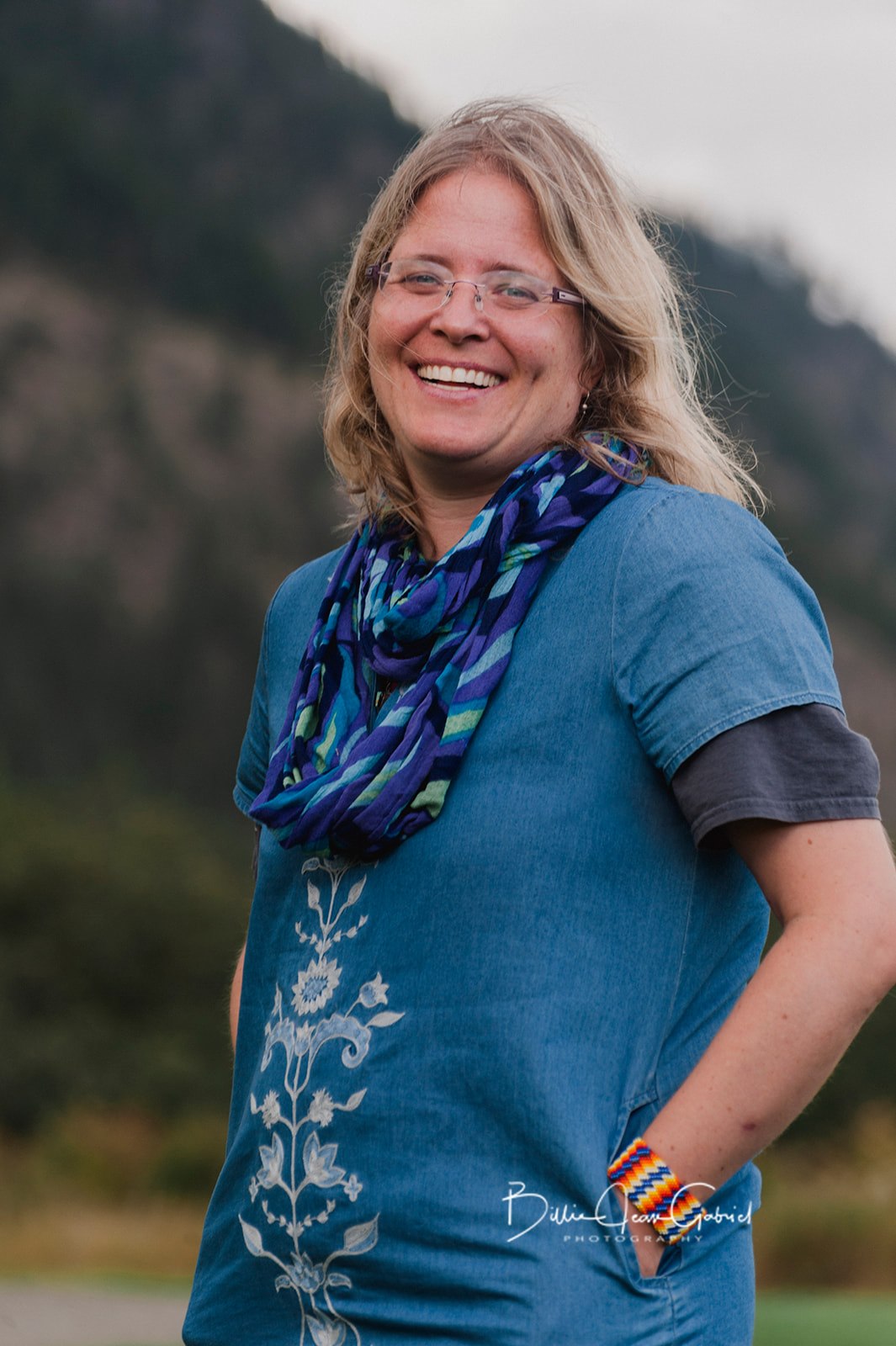
Nicole Schabus
Nicole Schabus, Faculty of Law, TRU ne Secwepemcúľecw
Nicole Schabus is a member of the Faculty of Law at TRU ne Secwepemcúľecw, and the academic lead for the pilot programme to implement the TRC Calls to Action, especially Call #28 specific to law schools. This programme takes all first year law students to the former Kamloops Indian Residential School to learn about the history and legacy of residential schools and beyond to understand the colonial underpinnings of the Canadian legal system. All Upper year students participate in land-based learning days in Secwepemcúľecw, where they learn about indigenous laws, Crown-Aboriginal relations and indigenous rights, including international protections under UNDRIP. This year a learning day on urban indigenous issues and indigenous identity is being rotated into the programme.
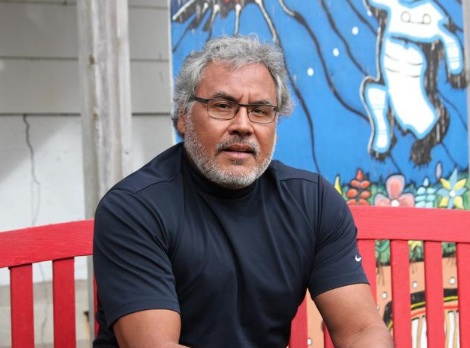
Patrick Small Legs-Nagge
Patrick Small Legs-Nagge is the Special Advisor to the President on Aboriginal Affairs at Mount Saint Vincent University (MSVU). Patrick recently retired (2017) from the Federal Government after a long career working with different federal departments. Patrick’s most recent post was as Director, Mental Wellness, First Nation Inuit Health Branch, Health Canada. Patrick has extensive senior administration experience having held director roles on Indigenous issues across mental health & addictions, social services, environment and other portfolios. Patrick has a strong background in community development and has helped First Nation communities in many capacities. Patrick developed the Mi’kmaw Mental Wellness & Addictions Certificate program curriculum for the Nova Scotia Community College (NSCC) and taught this program on reserve in Wagmatcook First Nation. He has also taught within the Faculty of Social Work at Dalhousie University. Patrick holds a Bachelor’s and a Master’s degree in Social Work from Dalhousie University and a Diploma in Management from Saint Mary’s University. Patrick is also a Senior Advisor to Parks Canada where he is helping with reconciliation, mediation, and human resource initiatives. Patrick is a member of the Piikani First Nation located in SW Alberta and Montana.
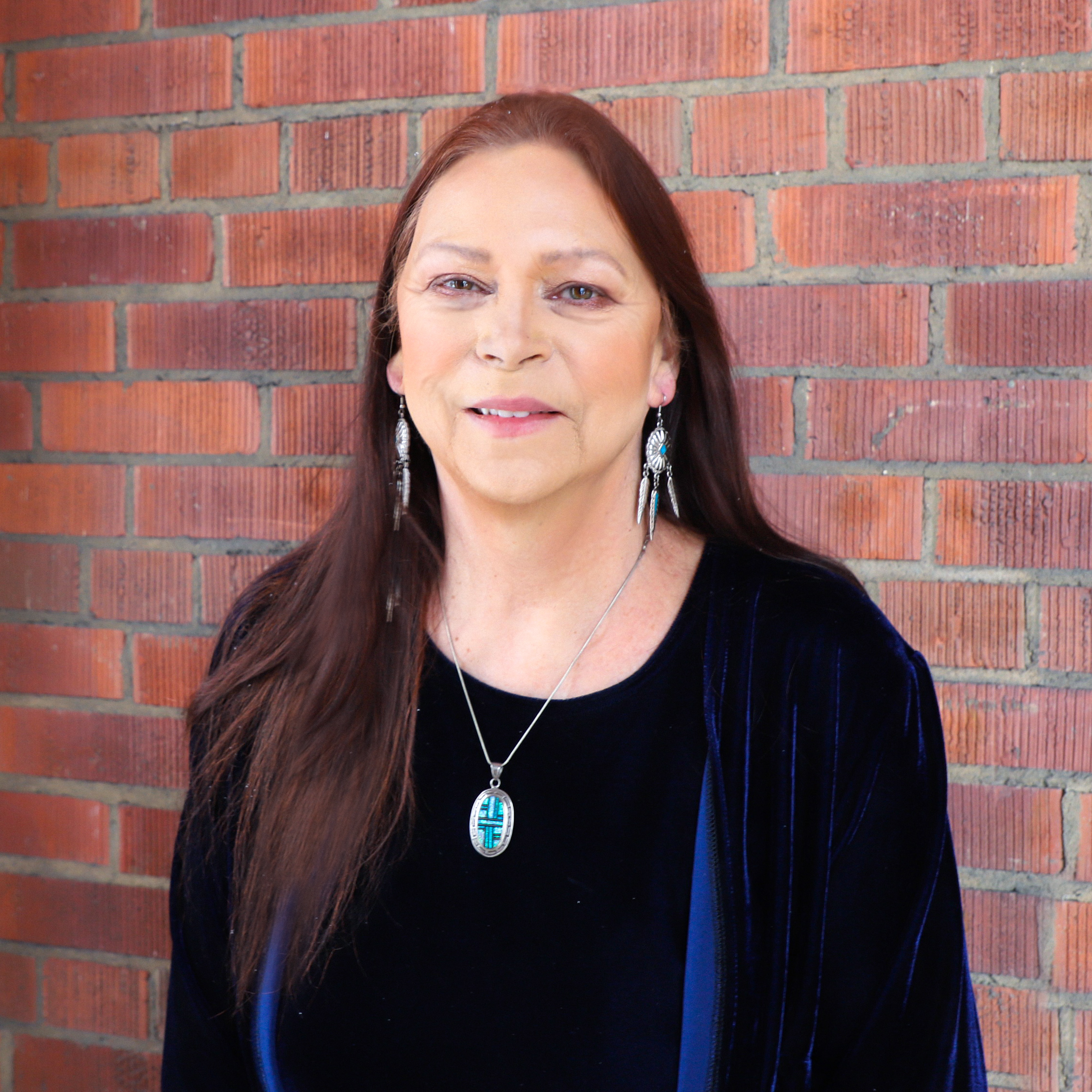
Dr. Paulette Steeves
(Cree- Metis), was born in Whitehorse Yukon Territories and grew up in Lillooet, British Columbia, Canada. She is an Assistant Professor in History at Algoma University in Sault Ste. Marie, ON, and a Canada Research Chair in Indigenous History: Healing and Reconciliation. She holds an adjunct faculty positions at Mount Allison University in Sackville, NB. Her research focus is on the Pleistocene history of the Western Hemisphere, reclaiming and rewriting Indigenous histories and healing and reconciliation . In her research she argues that Indigenous peoples were present in the Western Hemisphere as early as 100,000 years ago, and possibly much earlier. Dr. Steeves argues that counter stories to Western narratives of Indigenous histories address issues that remain critical to Indigenous people; sovereignty, self-determination, healing and reconciliation. Dr. Steeves has stated that rewriting and un-erasing Indigenous histories becomes a part of healing and reconciliation transforming public consciousness, and confronting and challenging racism. Long standing academic denial of the deep Indigenous past fosters racism, and discrimination among the general or Settler population. Re-writing Indigenous histories, framed through Indigenous knowledge, will create discussions that counter racism and discrimination. Dr. Steeves writing, teaching, and research are framed in Indigenous Method and Theory.
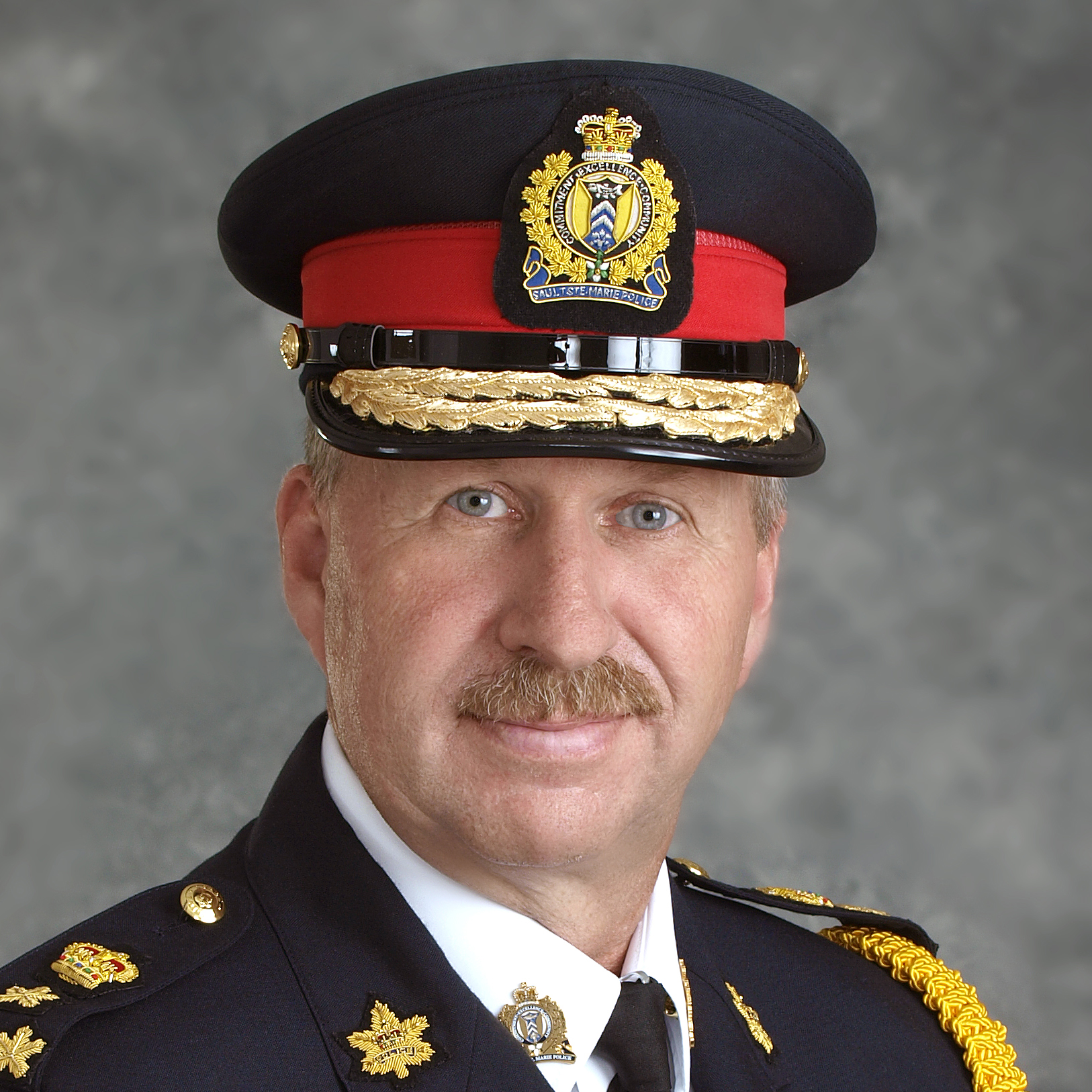
Chief Stevenson
Chief Stevenson is an experienced policing veteran with more than 31 years of service with the Peel Regional Police Service and the Ontario Provincial Police. His career began with Peel Regional Police in 1987, where he performed a variety of duties including street patrol and investigative duties.
In 1994, he joined the OPP as a constable. Chief Stevenson achieved his Commission in the OPP as First Nations negotiator and served as the deputy director of the OPP Intelligence Bureau. Most recently, he served as director of the Criminal Intelligence Service of Ontario, where he was responsible for the operation of the Provincial Bureau, Intelligence Analytics, Criminal Intelligence Service Ontario funded Joint Force Operations and Intelligence Undercover training.
Chief Stevenson has a Bachelor of Arts Honours degree in Criminology from Carleton University, with a double major in Law and Psychology. He went on to complete a Master of Arts degree and a Doctorate of Education at the University of Toronto. In addition to his policing experience, Chief Stevenson has held several instructor positions at post-secondary institutions in Ontario.
Chief Stevenson began his duties as the Sault Ste. Marie Police Chief on June 15, 2018.
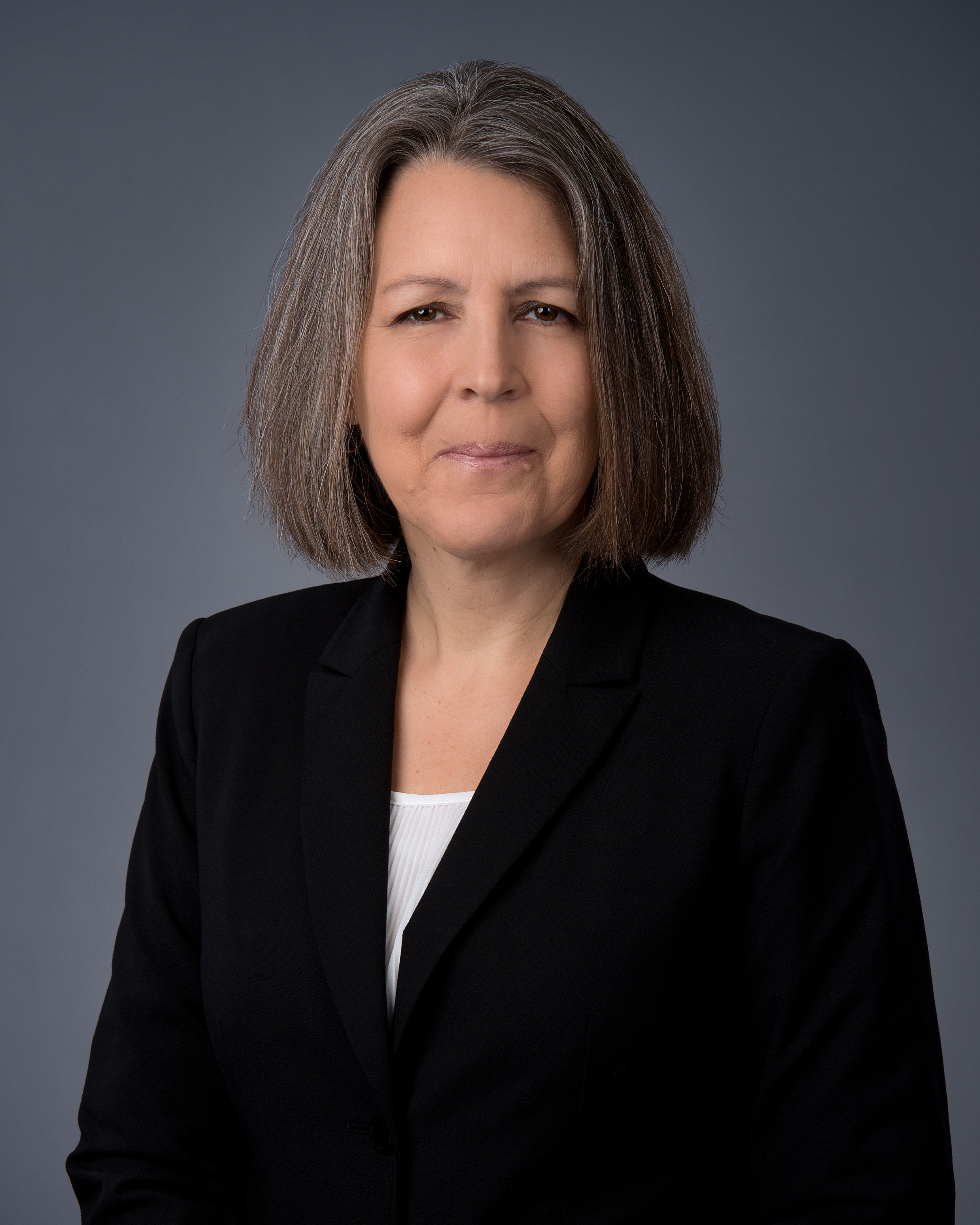
Manon Tremblay
Manon Tremblay is a member of the Muskeg Lake Cree Nation. She is the Director, Indigenous Research at the Social Sciences and Humanities Research Council of Canada where she leads the initiative to build Indigenous research capacity. Prior to that, she was the Senior Project Leader for the Public Service Commission of Canada’s Aboriginal Centre of Expertise where she worked in strategic Indigenous recruitment programs and services. Manon has spent 18 years of her career as a university student services administrator, part-time faculty and senior advisor on Indigenous affairs, first at Concordia University and then at the University of Ottawa. Manon has dedicated her entire career to the advancement of Indigenous Peoples. She is passionate about language preservation and is an artist who specializes in the material culture of her people. Manon is a recipient of the 2016 Public Service Award of Excellence.
Manon Tremblay est membre de la communauté Muskeg Lake Cree Nation. Elle est la Directrice, Recherche autochtone au Conseil de recherche en sciences humaines où elle gère l’initiative qui vise à renforcer la capacité de recherche autochtone. Avant d’assumer ce rôle, Manon était Chef de projet principale au Centre d’expertise autochtone de la Commission de la fonction publique du Canada où elle a travaillé à l’élaboration de programmes et de services stratégiques en recrutement autochtone. Manon a dédié 18 ans de sa carrière comme gestionnaire universitaire, chargée de cours et conseillère principale en affaires autochtones, d’abord à l’université Concordia et ensuite à l’université d’Ottawa. Elle a aussi travaillé comme conseillère principale pour le Gouvernement de la Nation crie. Manon a dédié sa carrière à l’avancement des Peuples autochtones. Elle est passionnée de la préservation et du maintien des langues autochtones. Elle est aussi une artiste qui se spécialise dans la culture matérielle de son peuple. Manon a reçu le Prix d’excellence de la fonction publique pour 2016.
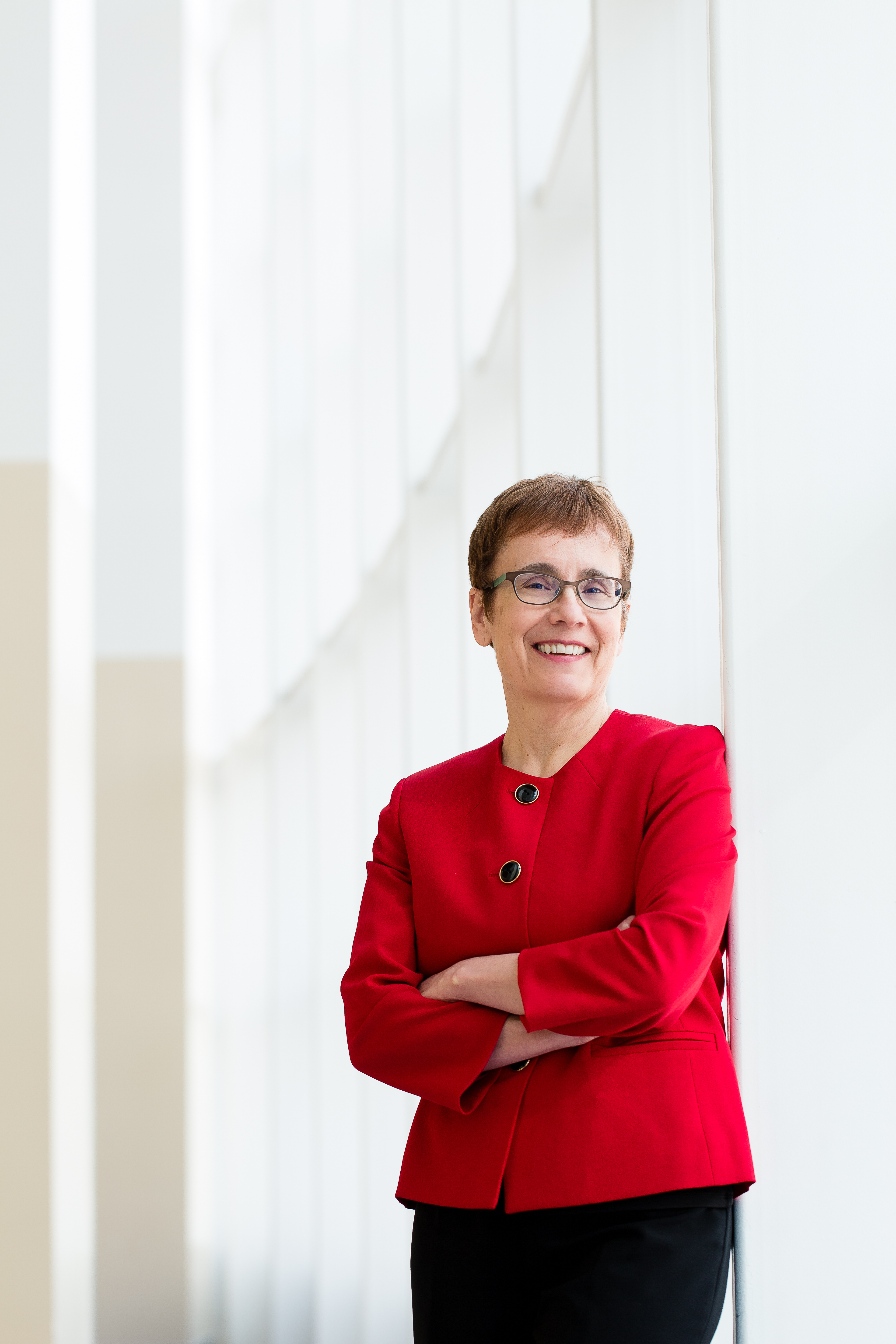
Dr. Annette Trimbee
Dr. Annette Trimbee became President and Vice-Chancellor at The University of Winnipeg on August 1, 2014. She was reappointed in 2018 for a second term. The University of Winnipeg is a medium-sized university with approximately 10,000 students, located in downtown Winnipeg on Treaty One land in the heart of the Métis Nation.
Developed under Dr. Trimbee’s leadership, the University’s strategic directions articulate a deep commitment to growing leaders through a focus on excellence and accessibility — especially for traditionally underrepresented groups such as Indigenous, new Canadian, and refugee students. Under the oversight of Dr. Trimbee, who is of Métis heritage, UWinnipeg confirmed its role as a national leader in reconciliation when it proudly became one of the first universities in Canada to introduce an Indigenous Course Requirement. This initiative aims to ensure that all students have a foundational knowledge of Indigenous people and culture.
Previously, Dr. Trimbee served as Deputy Minister of several departments in the Alberta government, including Finance and Treasury Board, and Advanced Education and Technology. Key accomplishments include Alberta Budget 2012 and 2013, the redesign of Alberta’s innovation system, creation of the Alberta Innovates Corporations, bringing Alberta post-secondary institutions together to plan and collaborate through Campus Alberta, and development of Alberta’s Health Policy Framework and Integrated Resource Management Policy Framework.
Dr. Trimbee currently serves on the boards of Universities Canada, the voice of Canadian universities at home and abroad; and USports, which oversees sports at 56 Canadian universities.
She holds a BSc from The University of Winnipeg, an MSc from the University of Manitoba, and a PhD from McMaster University in aquatic ecology.
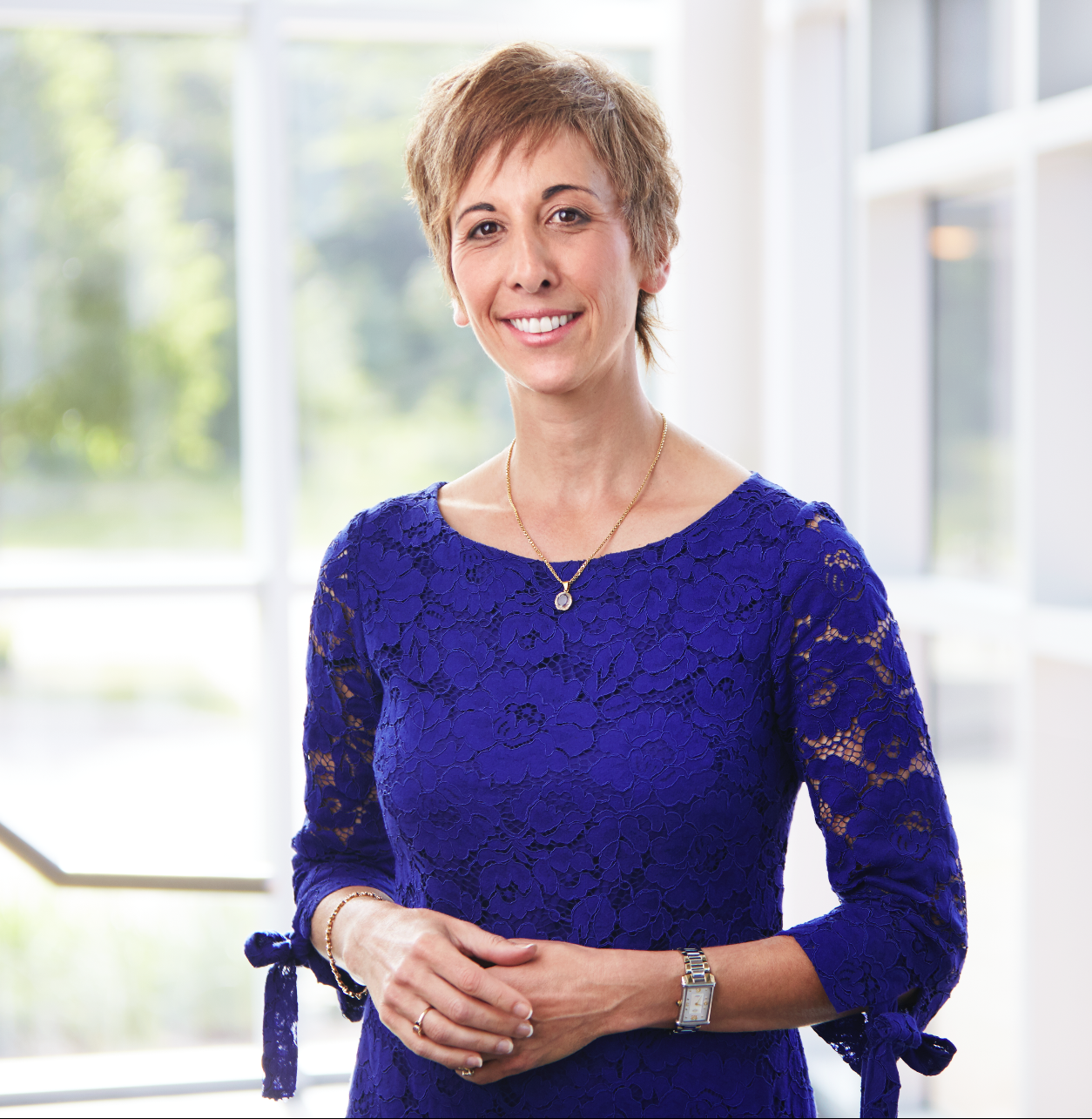
Asima Vezina
Asima C. Vezina joined the Algoma University leadership team as President and Vice-Chancellor on October 23, 2017, bringing with her more than 20 years of leadership experience in education.
Asima has worked in various administrative roles including: approximately 15 years as a Superintendent of Education with the District School Board Ontario Northeast and Algoma District School Boards; Provincial Lead for the Ministry of Education within the Student Achievement Division – Leadership and Implementation Branch. She has served as a member and Vice-chair of the Council of Chairs of Ontario Universities and recently has accepted positions of Board member for the Northern Policy Institute and a member of the Education Committee for the Universities Canada Board of Directors. She regularly volunteers and serves on many Boards and committees within her community, the region and the province.
In consultation with key Anishinaabe stakeholder groups and other associated partners, Asima was the lead author of the Algoma University Statement on Truth and Reconciliation: Calls to Action and Beyond. She is very committed to working with University stakeholders on the Special Mission of “cross-cultural learning between Aboriginal communities and other communities, in keeping with the history of Algoma University College and its geographic site” (Algoma University Act, 2008).
Asima believes in the individual and collective strengths within and across an organization, bringing people together collaboratively, in focused action toward a common vision. Her leadership style is characterized by a strong sense of community, teamwork, pride, and accountability, and putting student success and excellence in teaching and learning at the centre of the organization.
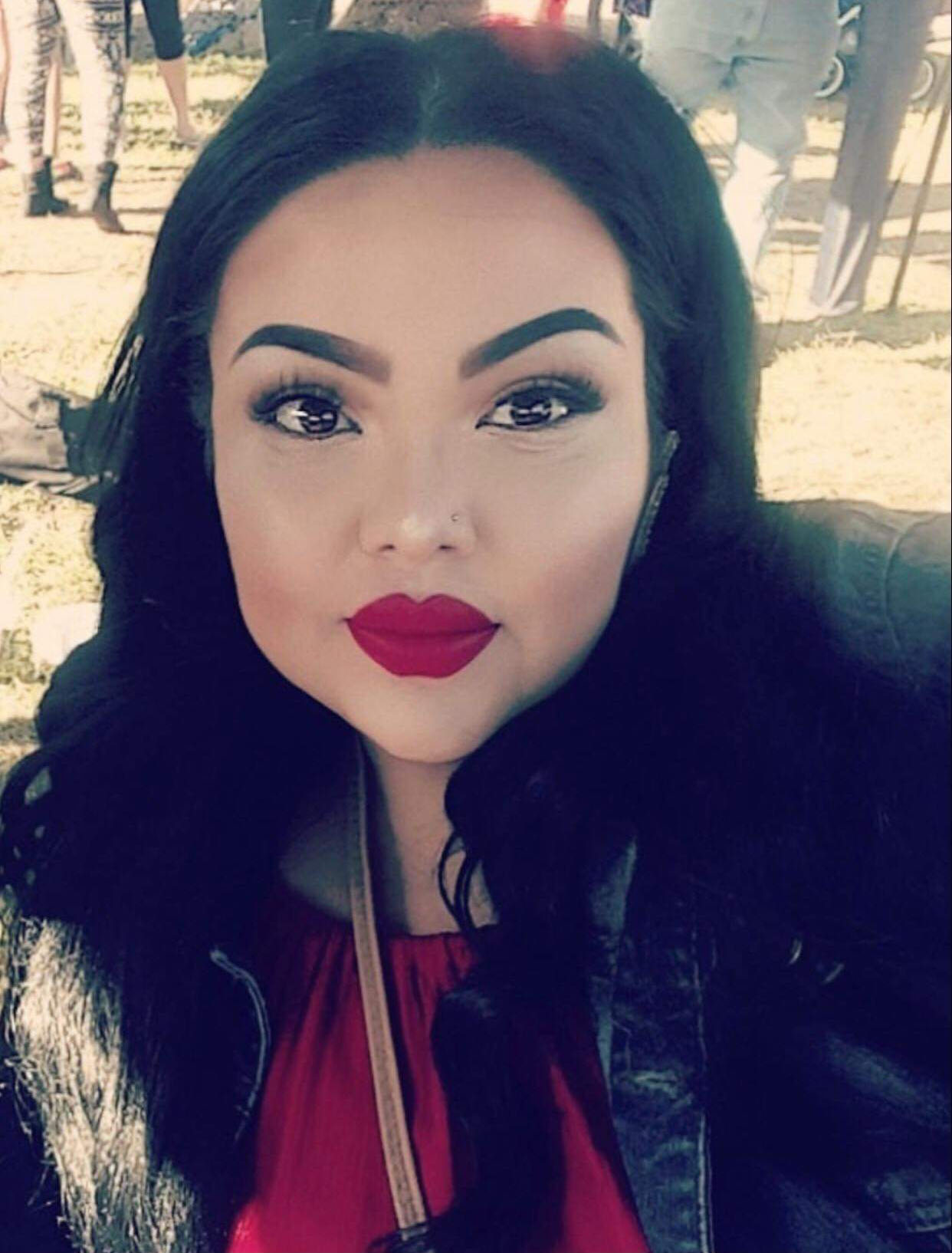
Makayla Webkamigad
Makayla Webkamigad miinawa Niimiibin Bineshe Kwe, miinawa Mkwa Shki Keh Kwe ndizhinikaaz, mkwa miinawa jiigaak ndodem, Wiikwemkong ndonjibaa, Baawaating ndidaa. Anishinaabe kwe endow. My anishinaabe names translate to Dancing Bird Woman and Bear Medicine Woman. I am of the Bear and Crane clans. I was born in Calgary, Alberta and grew up in Sault Ste. Marie Ontario, but originally come from and belong to Wikwemikong Unceeded Indian Reserve located on Manitoulin Island, where the 3 Fires Confederacy; Ojibwe, Odawa and Potawatomi people reside. I am the grand-daughter of Beatrice Shawanda, Jim Edgar, Marjorie Webkamigad and Billy Webkamigad. I currently attend Algoma University as a Social work major.
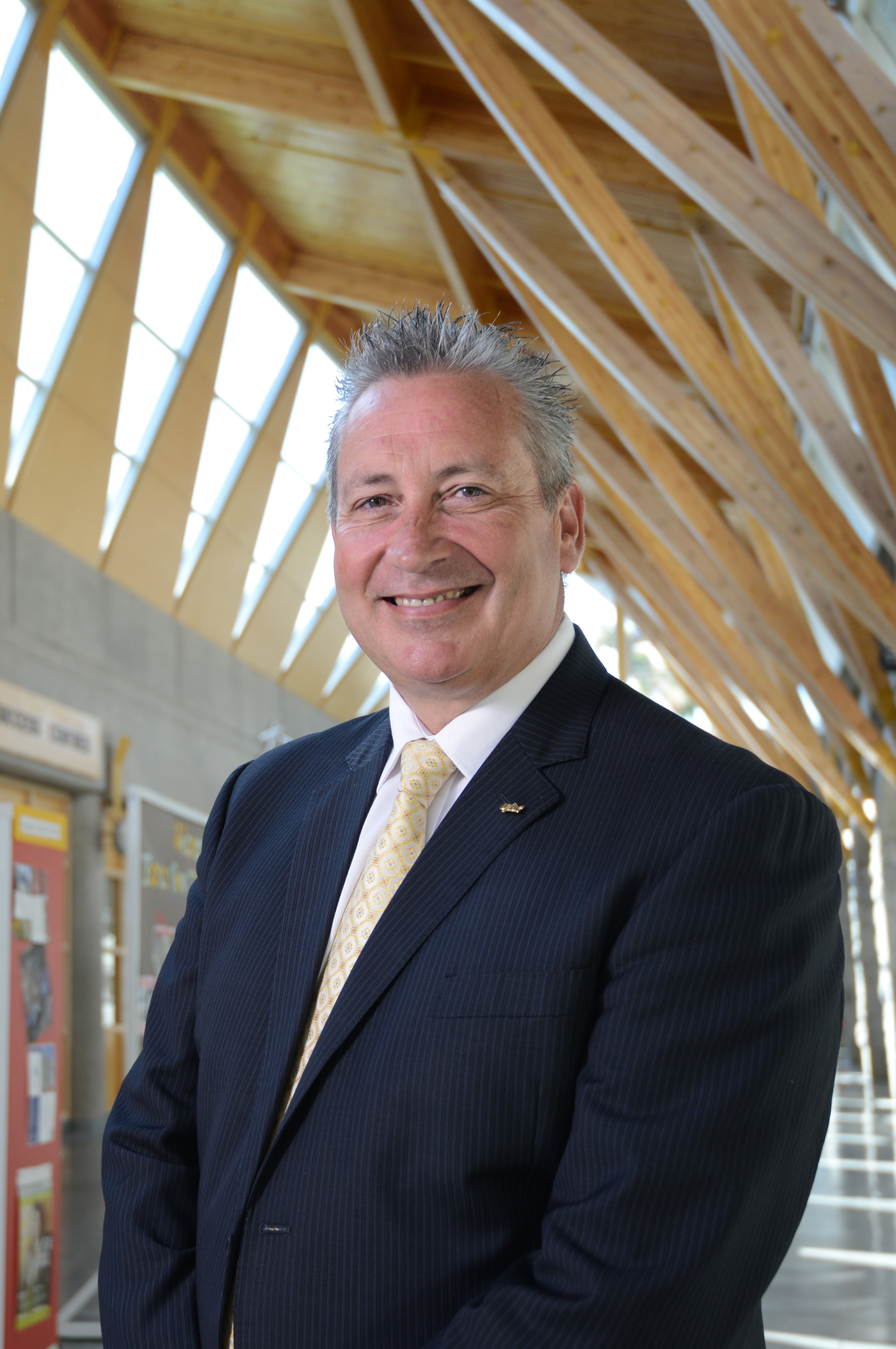
Daniel Weeks
Daniel Weeks is the President and Vice-Chancellor of the University of Northern British Columbia. Originally from Sault Ste. Marie, Ontario, Dr. Weeks’ career has taken him throughout Canada and the United States. He is an accomplished academic, an inspired leader, a philanthropic champion, and an advocate for academic planning and leadership cultivation. Dr. Weeks joined UNBC in September 2014 just as the University began its 25th Anniversary Celebration year giving him the opportunity to lead the university into the next generation. Prior to joining UNBC, Dan was the Vice- President, Research at the University of Lethbridge for five years, where he experienced firsthand the important relationships that small cities have with their universities. He holds a PhD in Experimental Psychology from Auburn University with his research covering a broad range of topics in the areas of health and neuroscience, human perception and performance, and developmental disabilities such as Down Syndrome.
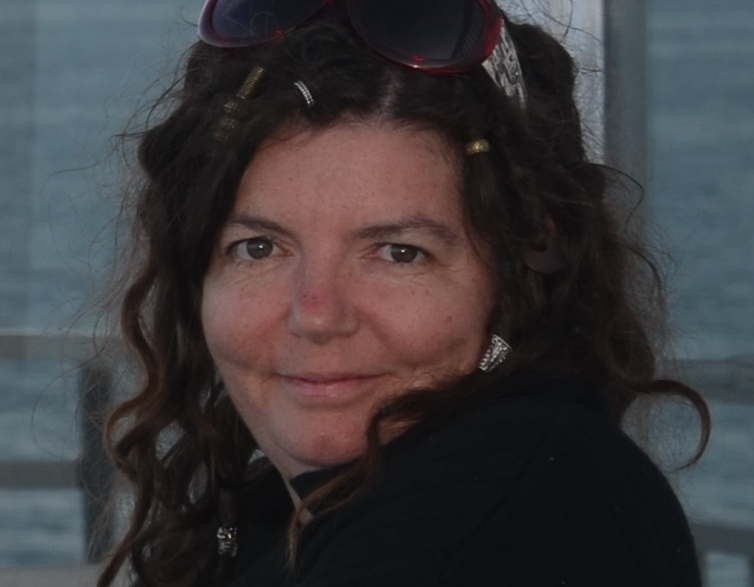
Laura Wyper
Laura Wyper, PhD, is an Assistant Professor in the Community Economic and Social Development (CESD) Department at Algoma University. She is a board member for Slow Food in Canada as the Liaison for the Ark of Taste, a long-standing food activist, and a faculty member for the SSHRC ‘Living Labs’ Eastern Hub at Algoma University. She is also involved in community-based research through NORDIK Institute and the Academic Lead for her department (CESD) for Community-based Learning.
Past Forums
Forums have brought many leaders from universities, colleges and Indigenous communities together to take action towards reconciliation and create meaningful institutional change. Learn more about all of the great things that have happened in previous forums.
Hosting Partners
Shingwauk Kinoomaage Gamig
Nipissing University
Cape Breton University
University of Northern British Columbia
Algoma University

